Bio & Metamorphosis
From a young age, I heard people say, both from my family and friends, that I was very quiet, reserved, that I didn’t make friends easily and that I didn’t tell others about my life. Grief and pain were solitary workouts. I was a closed-off guy… Little did people know that, however, I listened and observed everything. Everything. Worse, I already made value judgments that were poor, and only time would be the forge to improve my assessments. Before, a lot of things seemed surreal to me. Today, they seem normal, at least in the full exercise of tolerance. In this room or museum, or virtual library, I tell a little about the serious and tied-up boy, the nerd. I believe that now many judgments, in the full exercise of democratic freedoms, have taken a diametrically opposite position: Joe talks too much about himself. Well, because now there are interesting things to tell and there is free time and peace of mind to structure past ideas of me and other related to me by someone else. But I’m already prepared, because deep down, Joe wants to show off… Is that what a writer is like? I don’t know. Are musicians like that? Many. And engineers? Waste of time. When I started sharing with friends some of my stories and essays, the reactions were wide-ranging: indifference or fascination; excitement or annoyance; and so on. But let’s go anyway, with all these possibilities and scenarios outlined.
Writing was something that came early to me, given that my reading cognition had occurred at age five (incomplete). I learned to read the meaning of many words by reading the Sunday mass pamphlet, which probably happened in 1965. The pamphlets were worn out, as they were used collectively and repeatedly, and contained only the fixed parts of the celebration, in the vernacular. It was a kind of memorization, by heart. I started writing in kindergarten, when I was completing the literacy phase. Good times! Reading is a playful activity that develops cognitively, whatever other theories may say.
My passion for writing developed on typewriters of the time, when several were available in my father’s labor law office. It was an immense joy to spend Saturday mornings typing, when I wrote something that I supposed as a ‘newspaper’, which was later called by me as The jaguar whiff. This passion for writing and narrative speech of the post-in-letters overflowed during elementary school (during the 1970s), with homeworks demanded by my teacher Mr. Moreira, who taught Portuguese, and used to give us the task, once a month, of writing and reading our personal newspaper. The taste for composing parodies also appeared at this time, reworking lyrics of very popular songs, with a comic bias, such as Take Me Back to Piauí (Juca Chaves), Prá frente Brasil (Cia. Velha) and, The better world of Pixinguinha (Gouveia/Amorim/Velha).
Then, in 1971 I wrote my first detective tale entitled False Alarm, whose plot I remember well, having been based on a riddle to be discovered in the narrative (a common joke in those times) told by my cousin, Beto. In 1975 I dedicated myself to writing a comedy for young people that took place amidst the mischief of a group of scouts lost in the Serra do Mar (Atlantic Forest) and pursued by bandits, who were getting the worst of it. I have preserved to this day the manuscript, which was one hundred pages, single-spaced, typed on a portable blue-green tone Olivetti, with a roll of black and red ribbon, which my father had given us as a gift (but I was the only one who was really interested in the opportunity). Unfortunately, that mechanical typewriter disappeared in a way that I still don’t understand.
In mid-1977, I began writing a painful (romantic) novel, in which I embarked on the complex task of combining platonic passion, religion, politics and music, which obviously didn’t work, for the main reasons that I had neither the conviction nor the competence, nor the level of knowledge and maturity on those subjects. The novel was abandoned in 1978, when I had my first girlfriend after starting college. Hence, why write a sad novel when in love? Better enjoy the moment! Even I tried to keep an update journal, daily, but it was very boring… It would take me almost ten years to re-start writing again, randomly, about various subjects, now in the form of essays, short stories, as well as about irrelevant subjects, but with a comic bias, representing with some fidelity, at times, our South American miseries, so well summarized by newspaperman José Simão in Folha de São Paulo, about Brazilians (“In this country we suffer but we have orgasms!”).
The writing of my themes, with my content, according to my son André (who is in fact a writer for the love of language and its rigor, who at the beginning of his career was greatly inspired by fantastic literature, and not a mere storyteller like so many others, like me, very or completely unconcerned with the construction of language), sometimes occurs as a kind of self-therapy, a way of expressing setbacks about what I have observed from others or fully experienced. So, let it be so, without problems or loss of self-esteem due to poor literature literacy. All I need to do is promoting to one get emotional, cry, feel disgust, or even laugh out loud at my own stories, which start from a human existential core of yarn, and the fictional ball of wool is created. It´s pleasant to write imaginations.
Until the mid-1990s, I frequently wrote essays on religious themes surrounded by complex conflicts, especially when the intention was a syncretism of incompatible distinct things, which sometimes disturbed me, even though I didn’t say anything to anybody. In fact, regarding the texts, my own children only became aware of my (supposedly) creative process (of low cultural quality, even if it was) after the pandemic. I always kept my writings under lock and key, and I never wrote due to feelings like lack of friends, to soothe painful complex feelings that touch our thoughts. I wrote in black and white, frankly, completely, necessarily creating fiction to get something useful, to learn from, as well as to express my opinion, about small human facts that go unnoticed, largely based on carefully listened to and matured narratives. In other words, about subjects that were provocative to me.
In the early 2000s, isolated in Ohio, I decided to resume writing the novel I had abandoned twenty years earlier, no longer confusing things like the sixteen-year-old guy did. The theme of Listen to my last wish was conceived based on some narratives, combined with facts presented on late-night American television programs, which made me think mainly about prejudices, as well as recreate the idea of a unique novel, at least for myself. Political issues were rife in the recent Brazilian democracy, and long before the polarization present in the contemporary world, I was already openly questioning and criticizing extremisms, guided by a very convicted centrist position, more in the style of European social democracy/Christian democracy. After all, in a democratic state governed by the rule of law, what is the physical or moral impediment to having and expressing opinions? Just don’t insult or make fun of anyone publicly. Weirdly, those who have opinions (and speaks out) are routinely considered, within their own circles, as someone who is not political at all. As a logical corollary, I concluded that not having an opinion (It seems to me not having when not spoken) is typical of a trained politician. My God, what a crossroads! To brain or not to brain? That’s exactly what I meant!
The 2010s were a prolific decade in writing about issues related to national self-esteem, if such a thing really exists, because after all, praising symbols like the American Bald Eagle is a gesture of national pride praiseworthy in the District of Columbia, and not in other country capitals, which is hilarious and at the same time depressing to a compatriot (whether Argentine or Brazilian, so sure of our own superiority). An example here would be singing the Marseillaise at the promulgation of the Brazilian Consitution of 1988. In these more recent times, stylized narratives about important events such as the Proclamation of the Republic in Brazil also emerged, whose very peculiar spirit still resembles the narratives emanating from democratic powers today. “In Brazil, even the past is uncertain”, as diagnosed by Professor Pedro Malan, minister of Economy of FHC, and supporter of the Plano Real, later taken in rhetorical speeches as a “cursed inheritance”, what indeed render our past full of uncertainty for future generations.
A little about myself can be understood in the short-scheduled bio presented below, where readers will be able to establish patterns, analogies and correlations between the texts offered on this portal and the human activities developed by the author himself. Despite possible criticism of Joe’s initiative, this portal was an (attempted) way of raising funds for philanthropic and charitable activities, as the interested reader will understand.
“Take the tube out of me!” @ Copyright 2005 José Tadeu Balbo
The book has international copyrights registered on the Brazilian Book Chamber. The reproduction, total or partial, of the texts contained herein is forbiden, unless with full consentiment of the author.

| 1960 | Born in Pinheiros District, São Paulo (SP) |
| 1965 | ‘Tooth Fairy’ Kindergarten, São Paulo |
| 1967 | Elementary School at Caxingui municipal public school, São Paulo |
| 1971 | Junior High at ‘Virgília Rodrigues Alves de Carvalho Pinto’ state public school, São Paulo |
| 1975 | High School at Bandeirantes School, São Paulo |
| 1978 | College – Polytechnic School, Civil Engineering, University of São Paulo |
| 1980 | Records his first musical composition (Walking Alone) |
| 1981 | College – Faculty of Philosophy, Letters and Human Sciences, Modern Latin Languages, University of São Paulo |
| 1981 | Member of the Tropical Super Band (by 1983) |
| 1981 | Records his second musical composition (Friend) |
| 1983 | Records his third musical composition (You) |
| 1984 | Starting a career as a civil engineer |
| 1986 | Starts teaching at the University of São Paulo, Lecturer |
| 1986 | Researcher at the Institute of Highway Research of the National Department of Highways, Rio de Janeiro |
| 1988 | Lives for a short period in White Plains, Tarrytown, NY |
| 1989 | Completes his master’s thesis (USP) |
| 1990 | Founds the consulting engineering company TECNACON with colleagues |
| 1992 | Lives in Wildegg, Switzerland, for doctoral research at the Eidgenössische Technische Hochschule Zürich |
| 1993 | Completes his doctoral dissertation (USP) |
| 1997 | Publishes his first technical book |
| 2001 | Lives in Cincinnati, OH (Partnership with Prof. Anastasios Ioannides) |
| 2001 | Writes his novel Listen to my last wish (under grammar review in USA) |
| 2004 | Authors the technical paving standards for the city of São Paulo |
| 2007 | Publishes his second technical book |
| 2008 | Lives in Urbana-Champaign (UIUC-IL) and also in Minneapolis (UnM-MN). Organizes conference in San Francisco (CA) |
| 2009 | Elected Vice-President of the International Society for Concrete Pavements, Maryland (VA) |
| 2009 | Publishes his third technical book |
| 2012 | Chair of the International Conference on Concrete Pavements, Ville de Quebec, Canada |
| 2016 | Three-week visit to China by invitation of the Ministry of Transportation of the People’s Republic of China |
| 2020 | Publishes his fourth technical book |
| 2021 | Author of the technical standard for paving urban roads of the Brazilian Association of Technical Standards |
| 2022 | Publishes a book of memoirs for the Postgraduate Program – USP School of Engineering, for its Golden Jubilee |
| 2022 | Records his fourth musical composition (It’s been concreted at the construction site) |
| 2024 | Is hired by the Brazilian National Department of Transportation Infrastructure to develop three dozen technical road specifications and the Mechanistic Method for designing Concrete Pavements Structures for federal highways |
Photo Album

Cosmic Christian Band (1979)
Top, left to right: Kiko, Edu, Command, Joe
Bottom: Peter, Bob

Cosmic Christian Band (1979)
Top, left to right: Bob, Edu
Bottom: Tonny, Command, Joe, Peter

Reading for some Church friends (1979)

At junior high (1973) reading his own speech for Independence Day

André Balbo (son, writer) giving an interview (2018)

Self-photography (1973)

Polaroid picture with mom Carmen (1978)

receiving the ‘Friend of the Navy’ award (2011) with Admiral Luciano Pagano
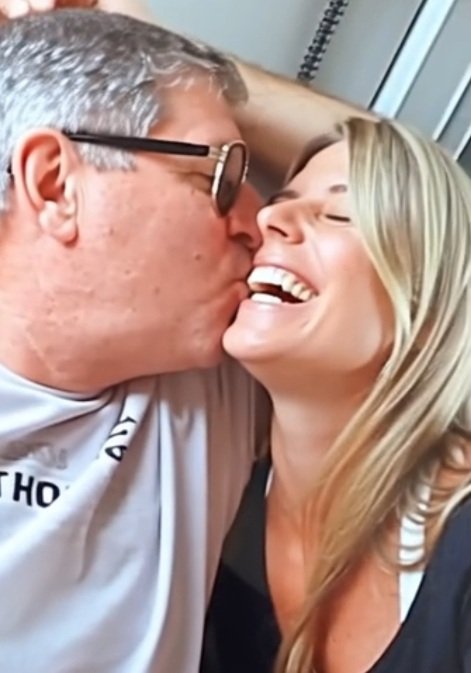
With Christine, talking funny storries during a flight (2015)
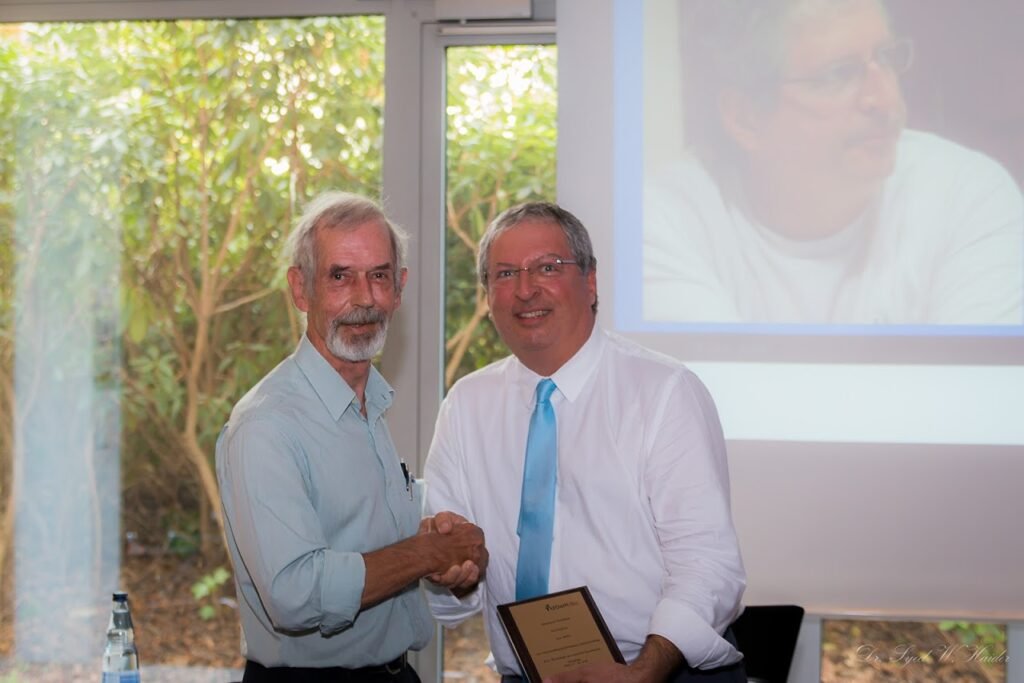
Receiving a Commend from Delft University (Neederlands) from hands of Prof. Lambert Houben (2018).

Baby Joe (1961)

Taking office as a full professor (2016)

Fabrizia Balbo (daughter, 2019) working for UNO-WFP, Rome

Fabrizia and Joe (2014) at Piedmonts Cantina

Chirstine and Mom (2014)

During a graduate class on Applied Mechanics (2009), taken by a student

Moderating a debate during a conference in Colorado Springs (2005)
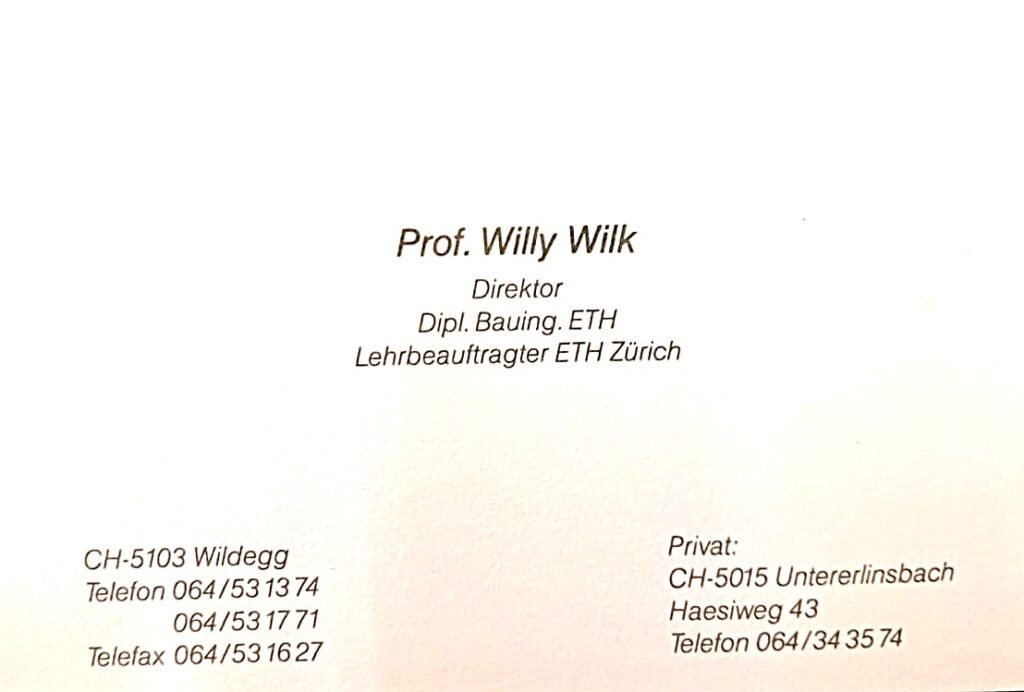
Prof. Wilk business card, front, 1993.
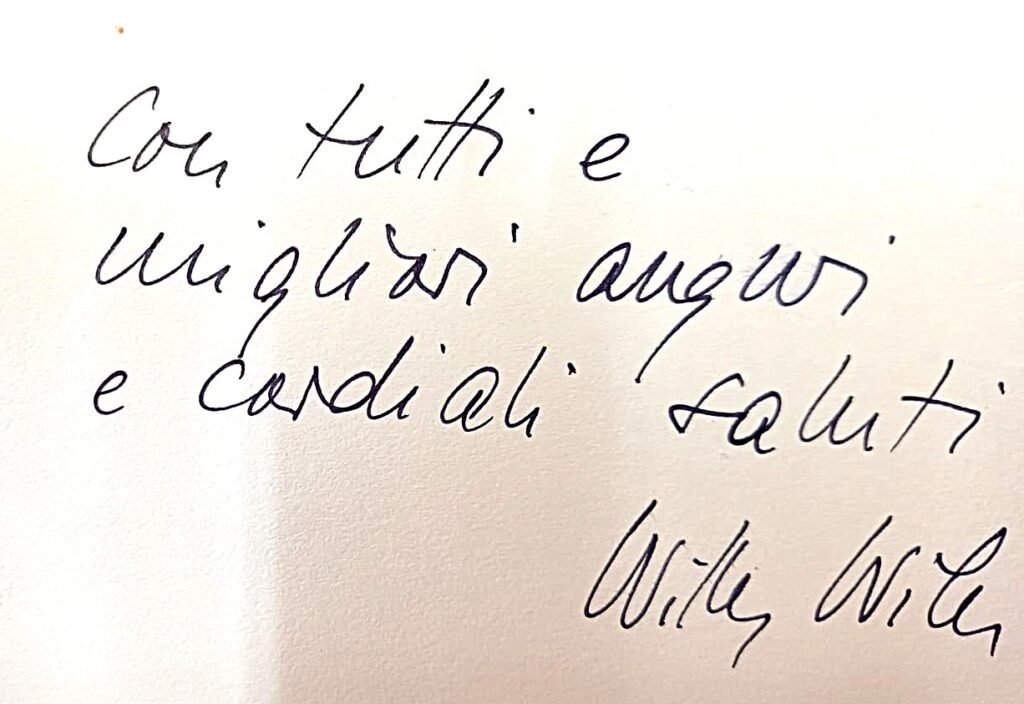
Prof. Wilk dedication to me writen down over his business card, 1993.

Visiting old (1925) See Path Road amidst Atlantic Forest in 2007

Porto Alegre Perimeter Avenue (2005)
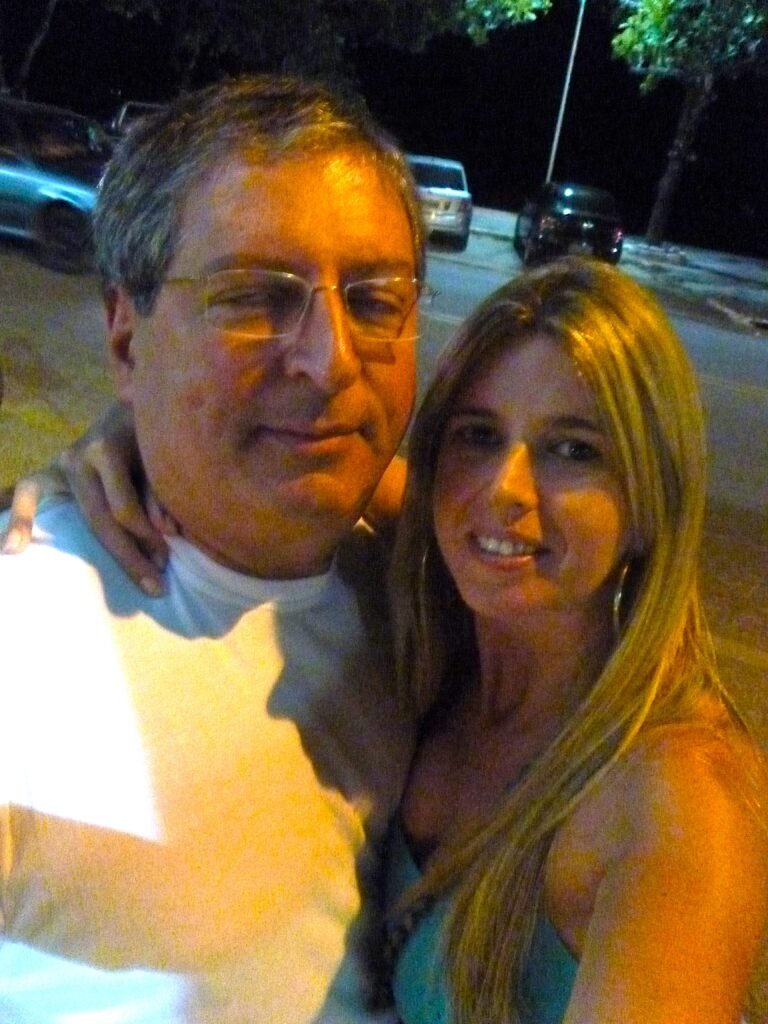
We in Camboriu (SC), 2013. I love Chris sticking me wherever we are!
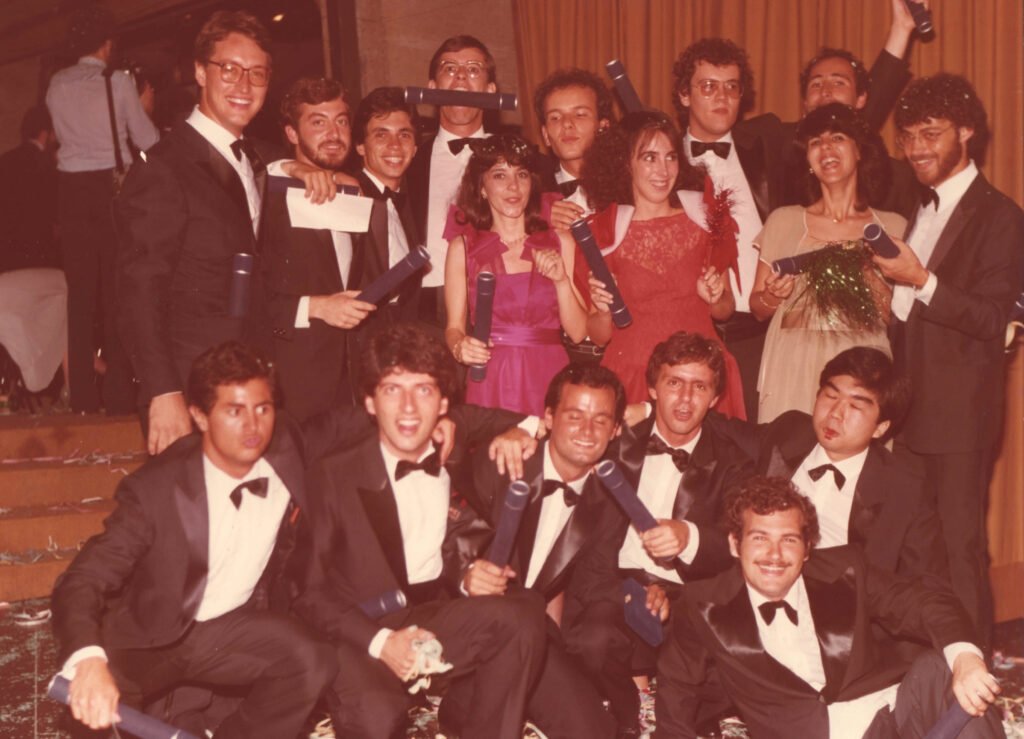
With some classmates during the graduation ceremony, 1983.
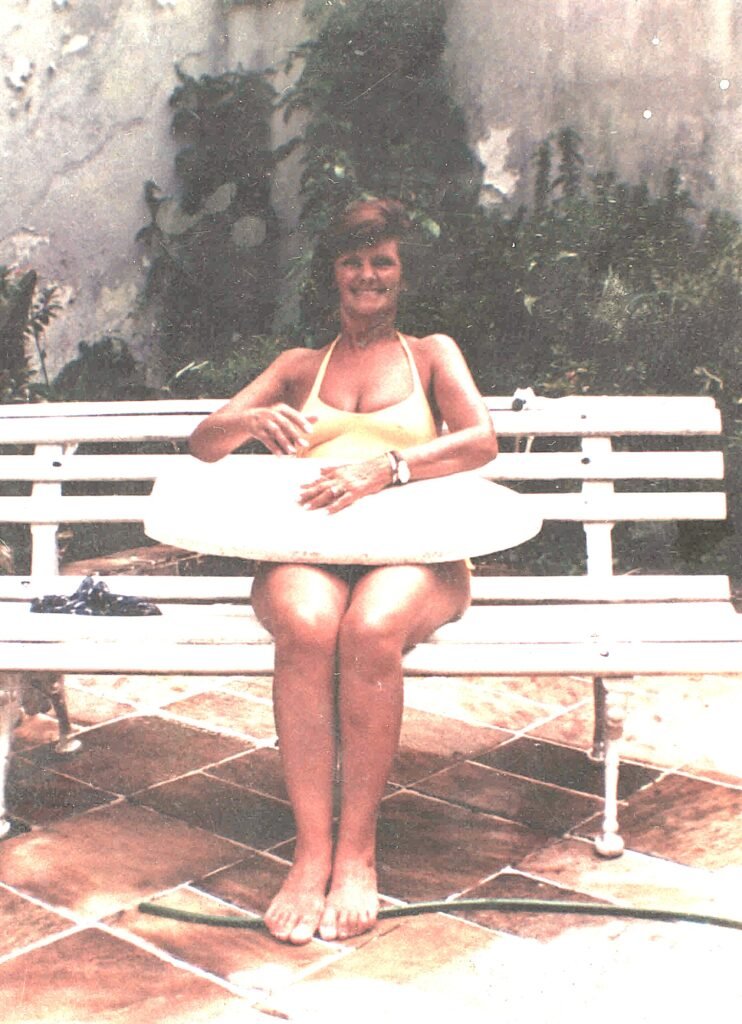
Mommy at age 50

Conference organized by Joe in Florianopolis (2011) – international speakers
From left to right: Ion, Carpenter, David, Bryan, Shiraz, Tatiana, Lev, Mark, Anne, Carl, Angela, Juan, Jamshid, Jeff, Joe

Preparing a pizza dough at home (2020)

Joe (Lafarge-Holcim) & Joe at a concrete construction site (2009)
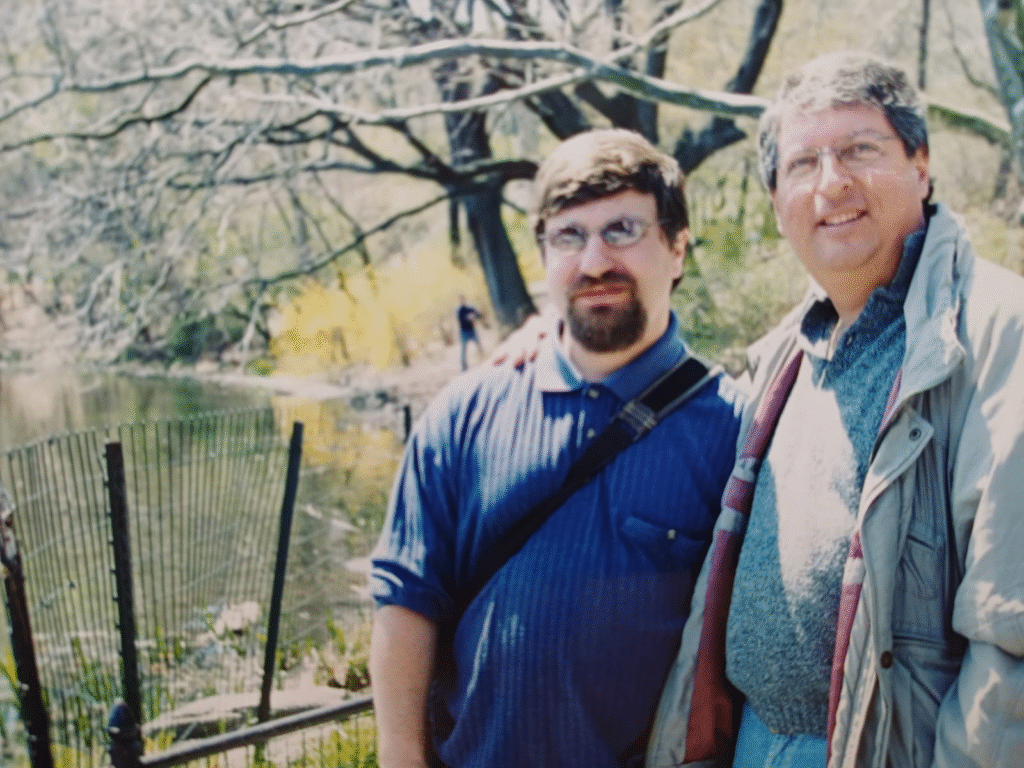
With Lev Khazanovich, Central Park, 2005

Operating an Army slipform paver in Recife (2007)

Keeping the moon in its rightful place (2024)
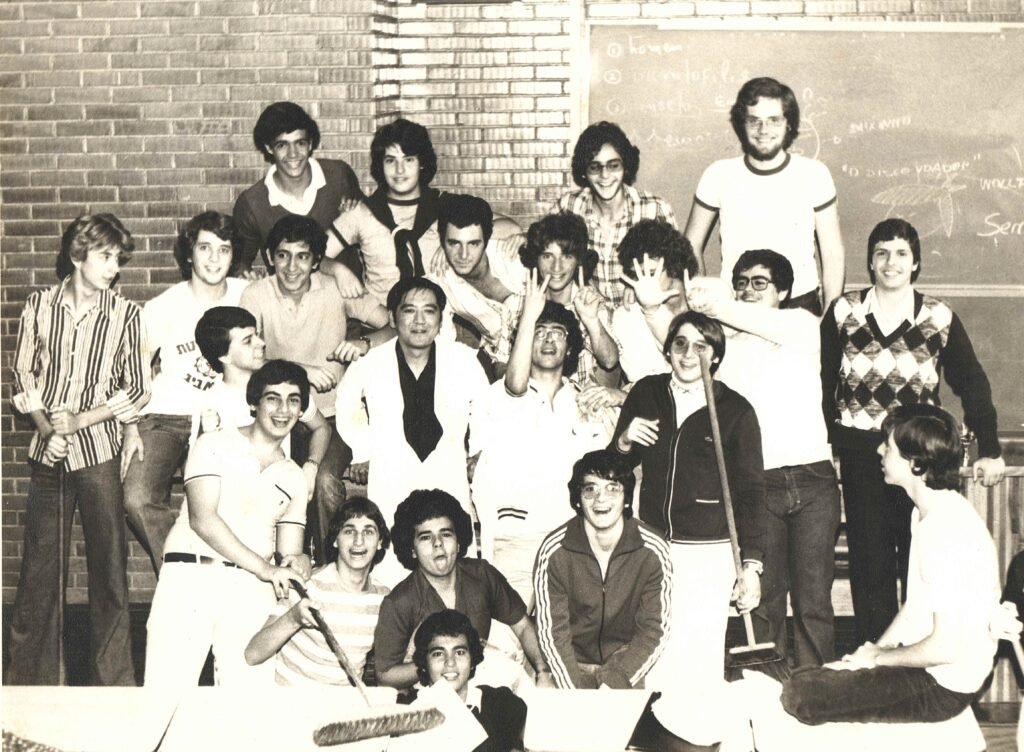
High school class (3rd year), in Chemistry class with Prof. Wolf (1977)

Almost dead after three-hour audition with child apprentices (2022)
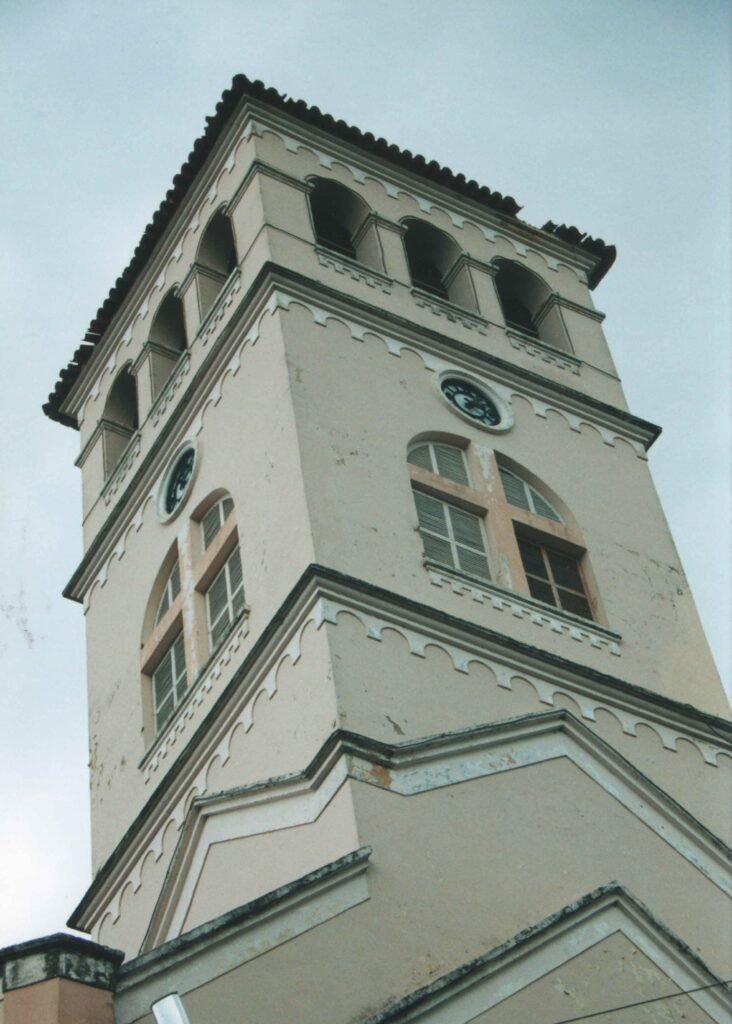
Mother Church of Our Lady of Aparecida, which bells tower was built by my immigrant grandfather, the construction foreman bricklayer (sometime between 1935-1939), Promissão (SP State)
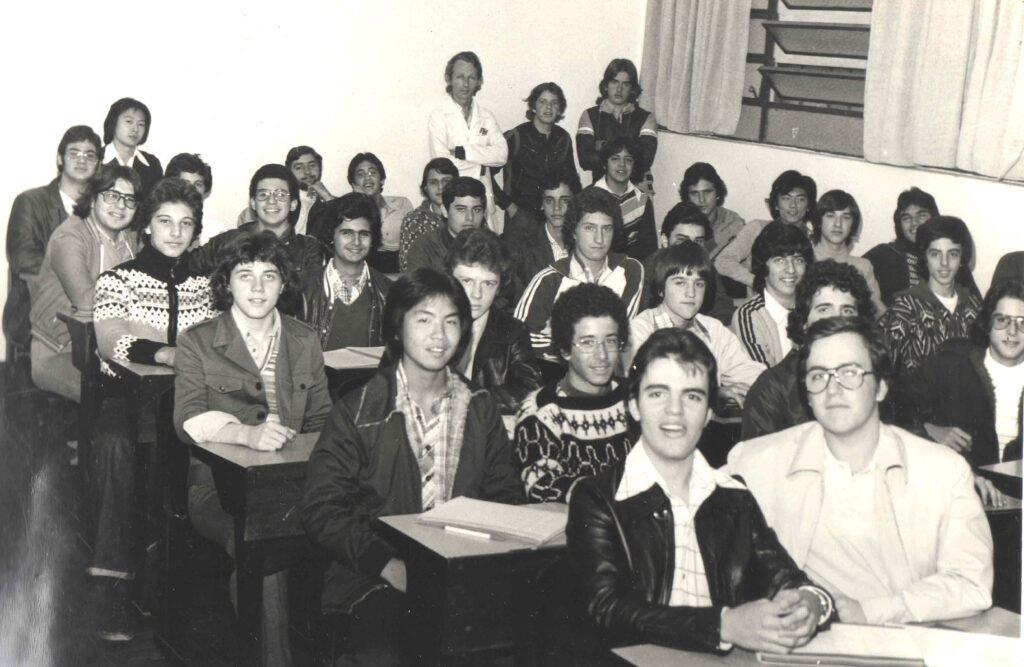
High school class (2nd year) in Math class with Professor Baldur (the late mechanical engineer) – Please note the guys hair’s in 1976 ….kkkkkkkkk
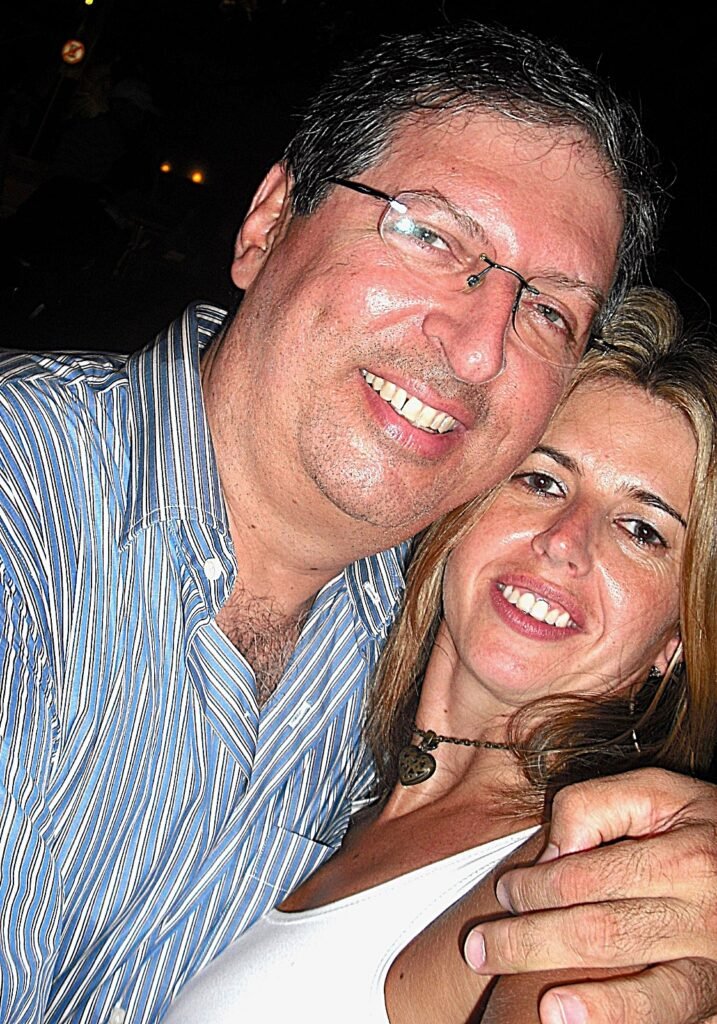
Christine & me after some wine glasses (2010)
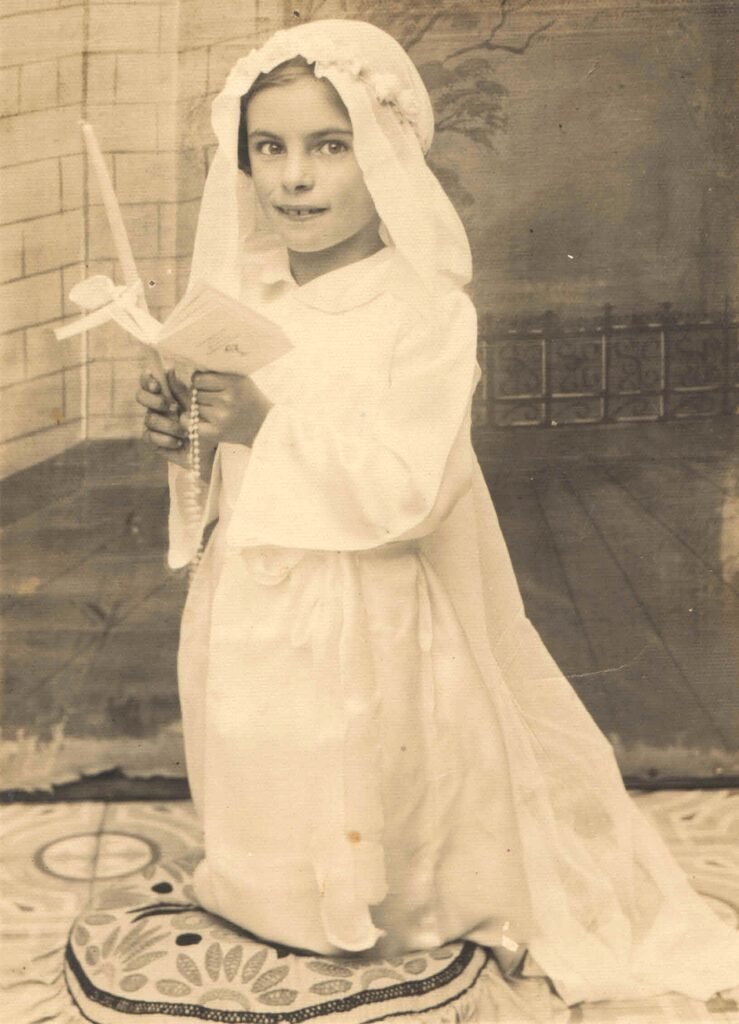
Mom Carmem at her First Eucharist (1940)
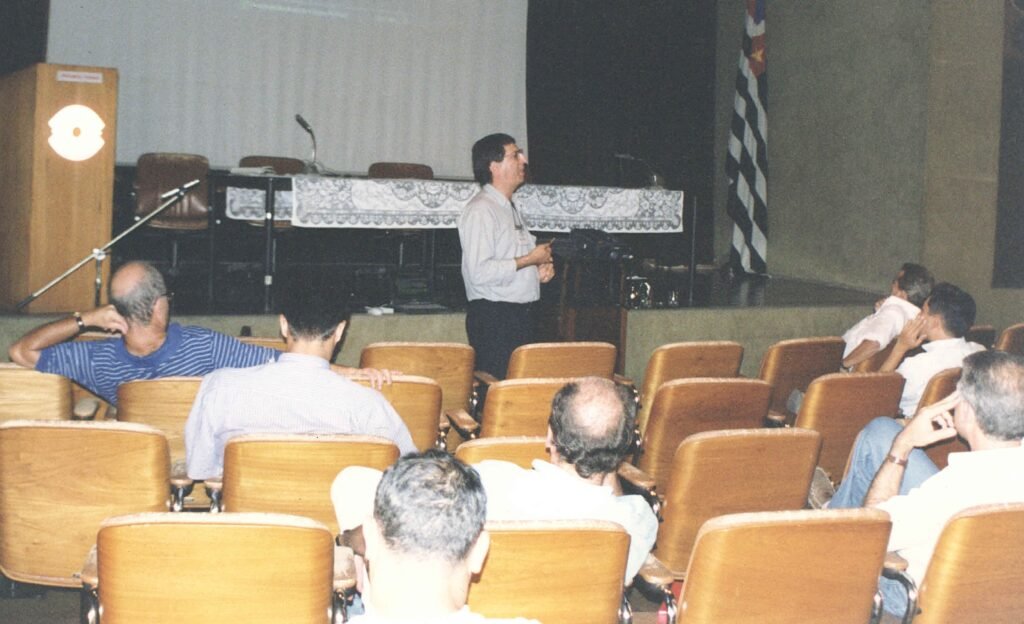
Lecturing for th São Paulo DOT engineers in March, 2000, DOT Headquarters
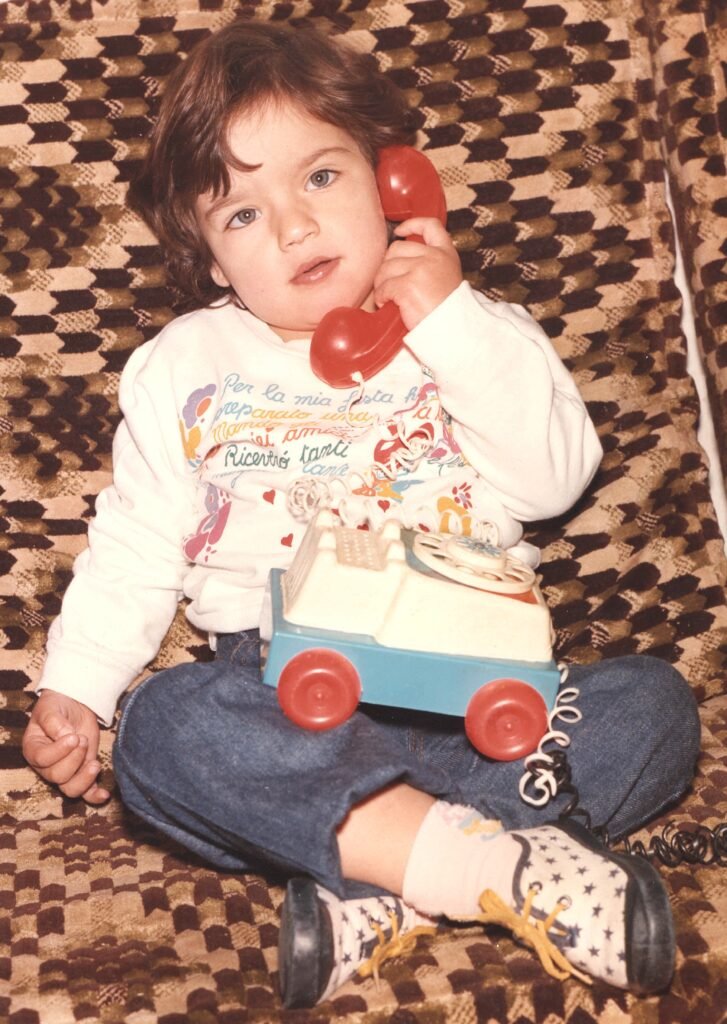
Paula (niece), daugther of my sister Bella, in 1988

Rescued by Christine after many long necks in Maceio (2015)
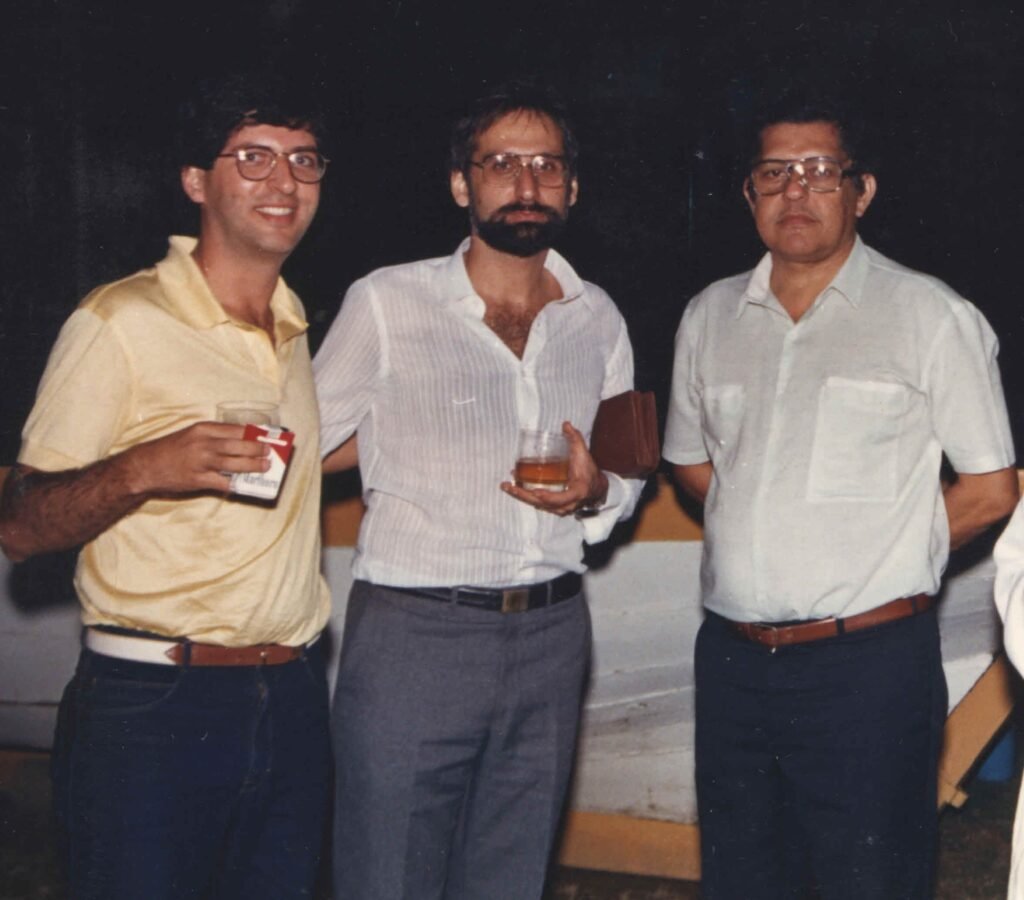
Joe and his mentors at the National Highway Department in Rio de Janeiro, Ernesto Preussler and Samolon Pinto (both the leading consulting-researcher engineers in asphalt pavemnents during the 80’s and 90’s), in Salvador, 1986.

So glad after the so expected RNA-Messager immunization against SARS-COVID-19! (2021)
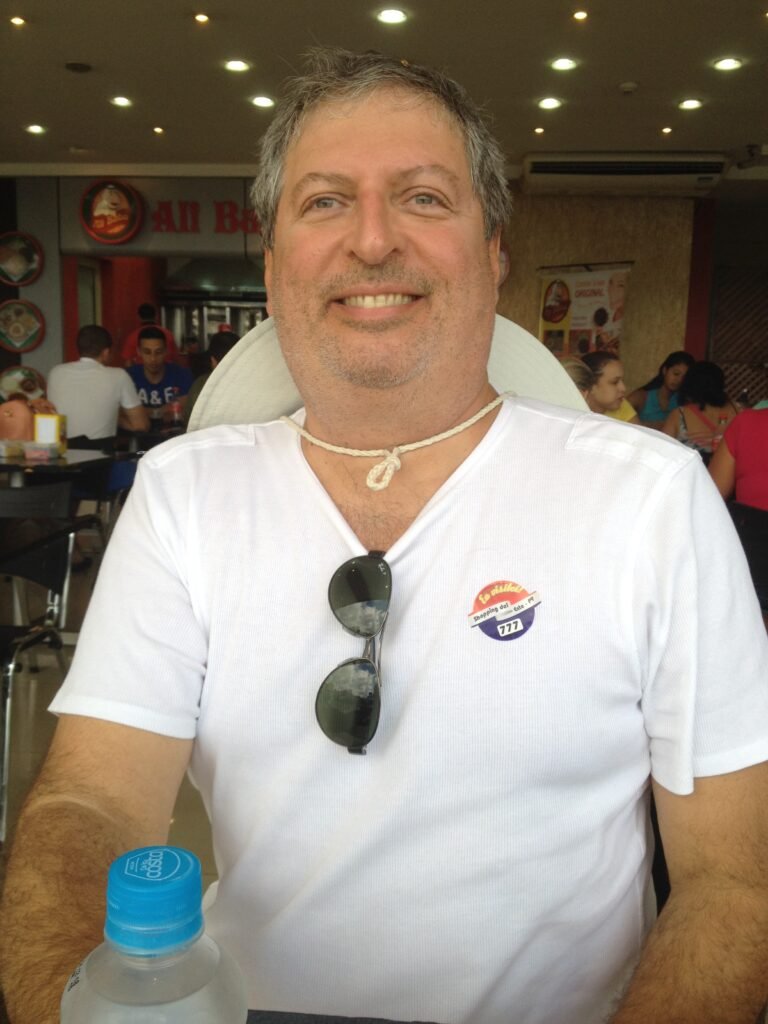
Ciudad del Este, Paraguay (2015)

Fabrizia (Brazilian-Italian Taylor Swift replica) and Joe (2015)
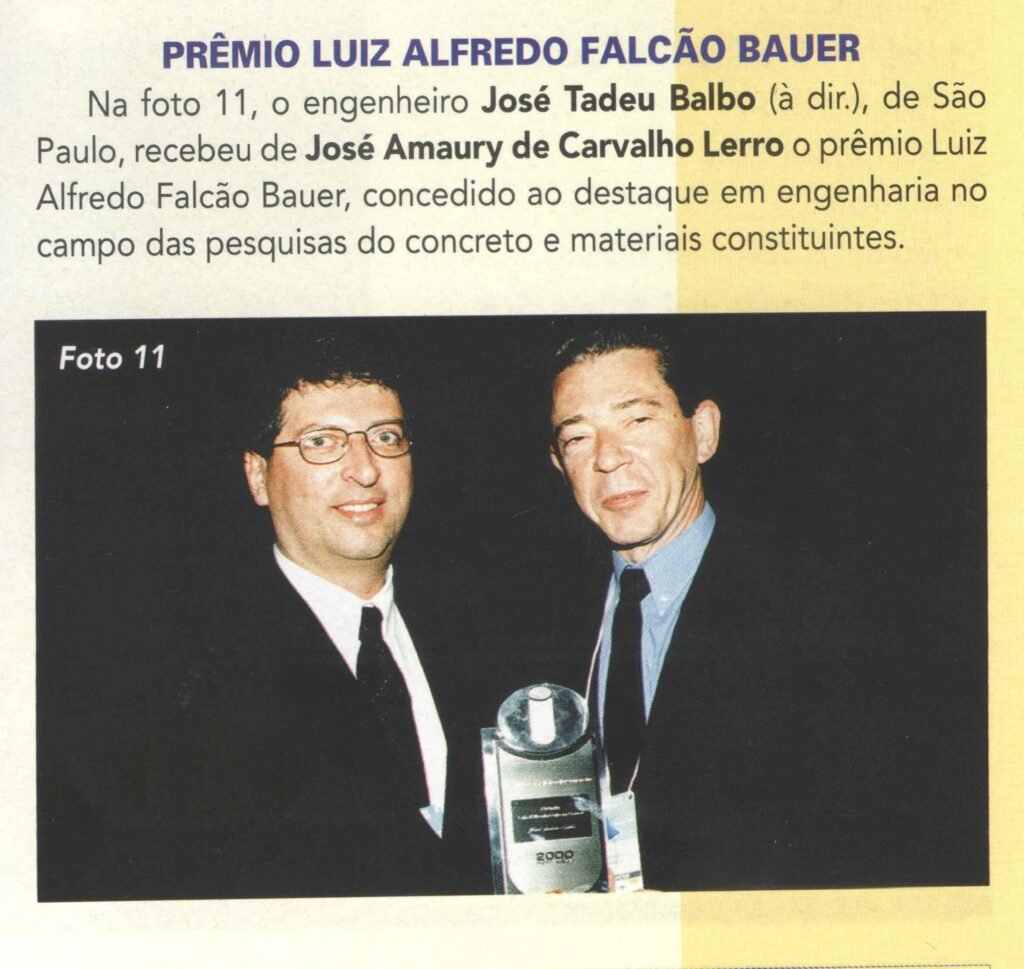
August 2000, awarded for research in concrete materials, Brazilian Concrete Institute. It was the day of my birthday and I was 38.5 oC fever due to a severe cold. The city was Fortaleza, during the Annual Meeting of the BRazilian Concrete Institute.

Fabrizia and Joe in Iguazu Falls (2015)
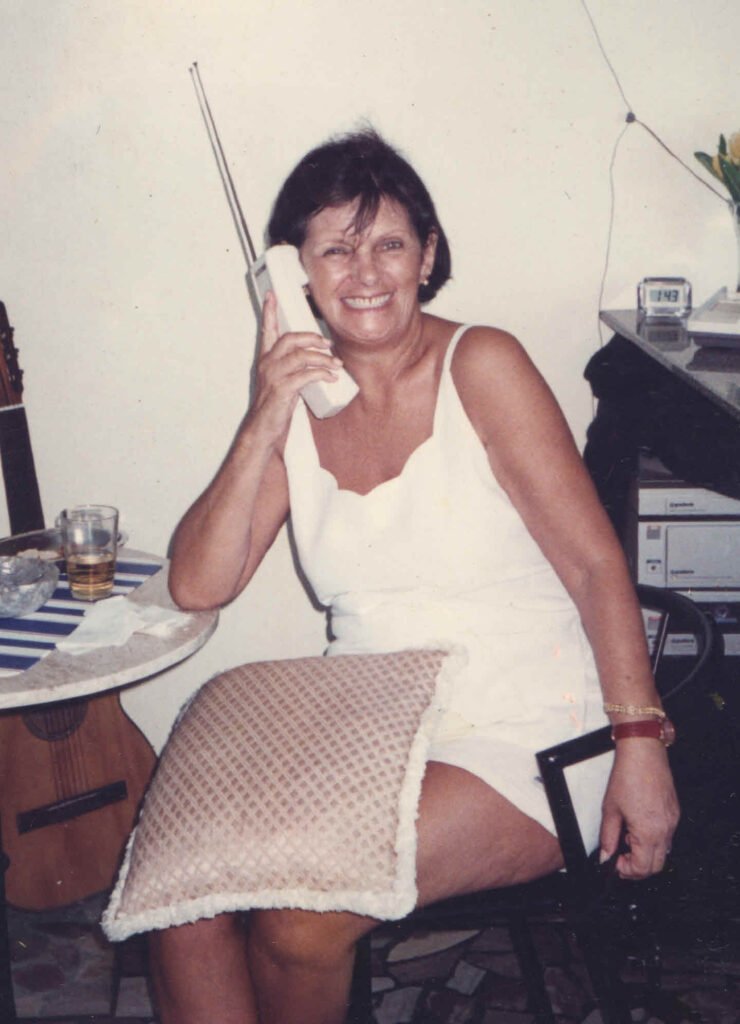
Mommy at age 60.
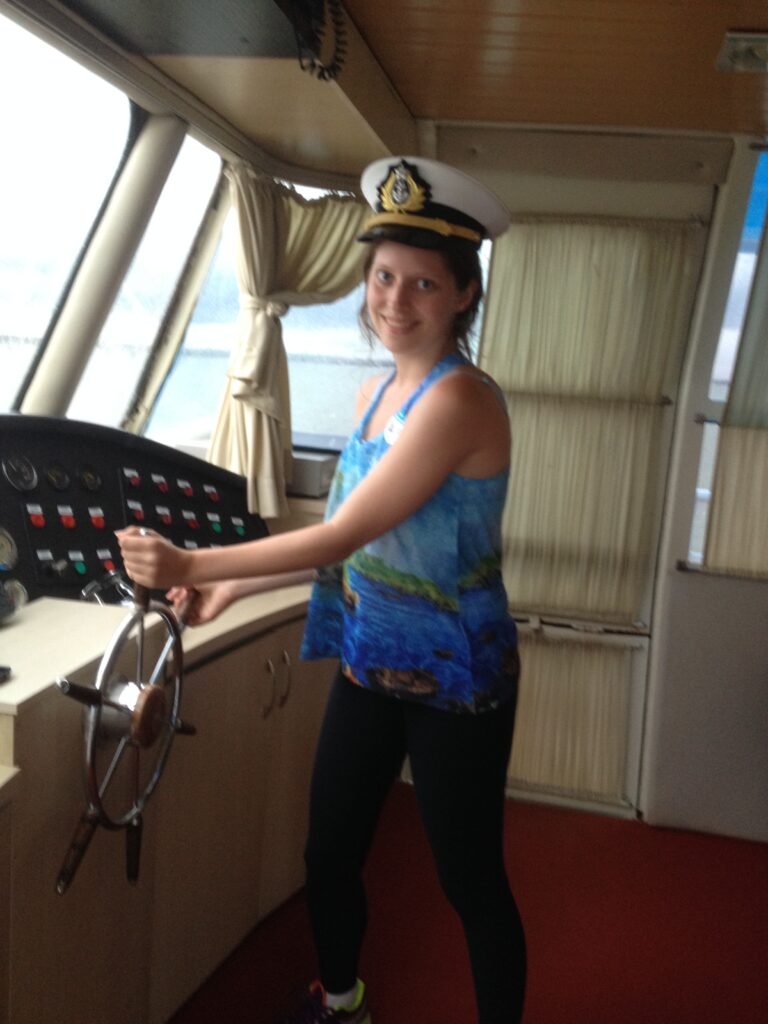
Fabrizia piloting a catamaran on Itaipu Dam Lake (2015)

Cape Canaveral (2009)
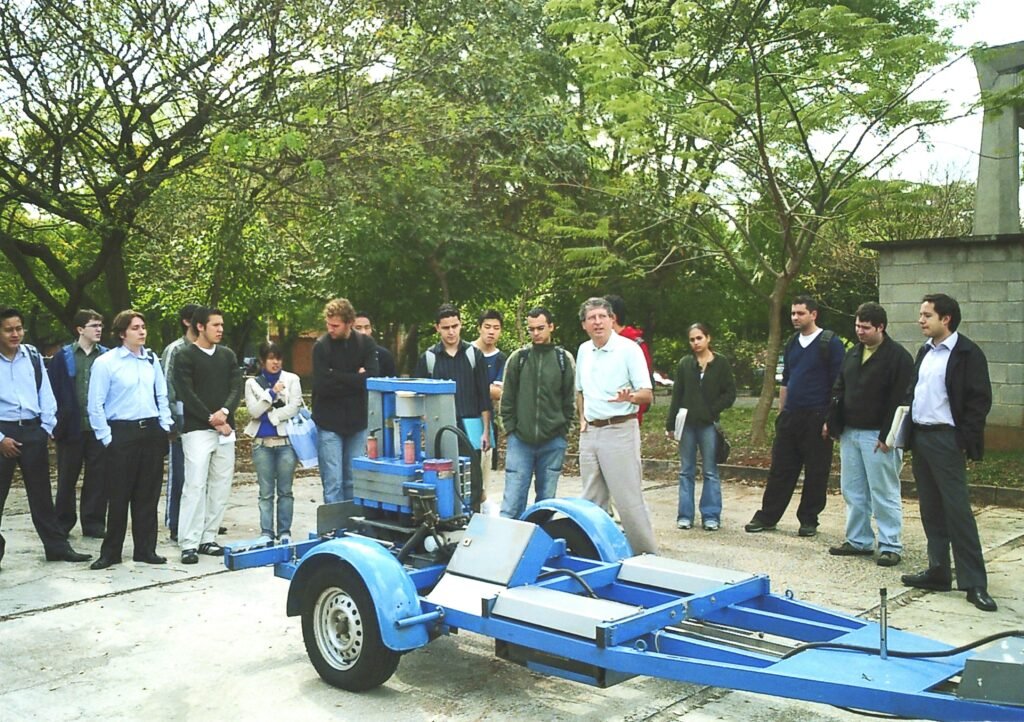
During a practical undergraduate class introducing the use of a FWD deflectometer, 2006.

District of Columbia many years before the angry mob (2009)
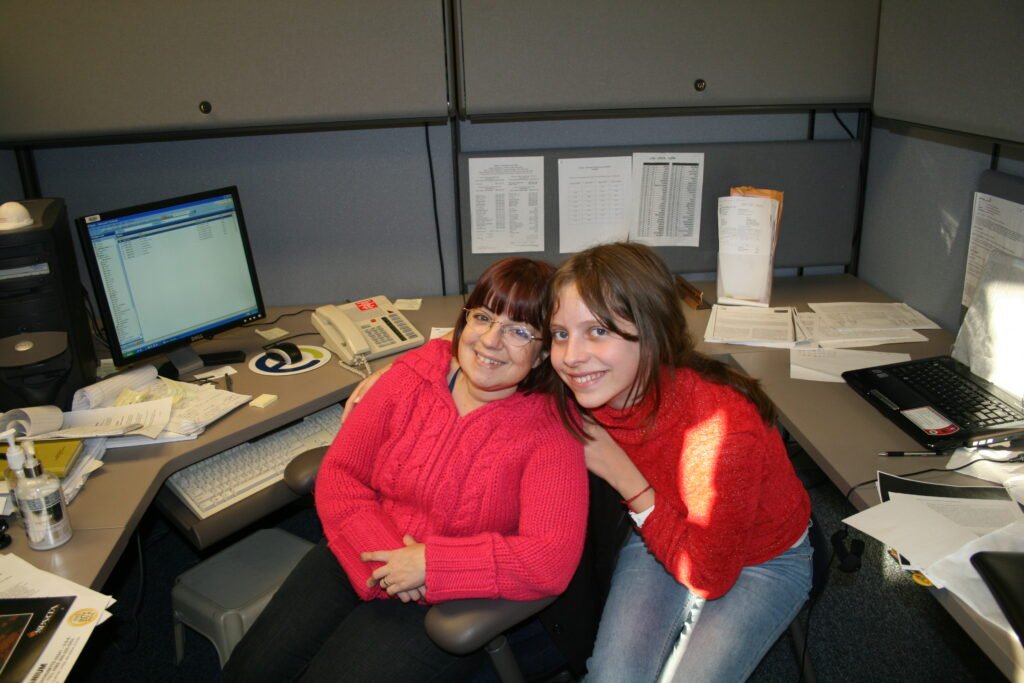
Dr. Jussara Tanesi & Fabrizia at the Federal Highways headquarters in D.C. (2009)
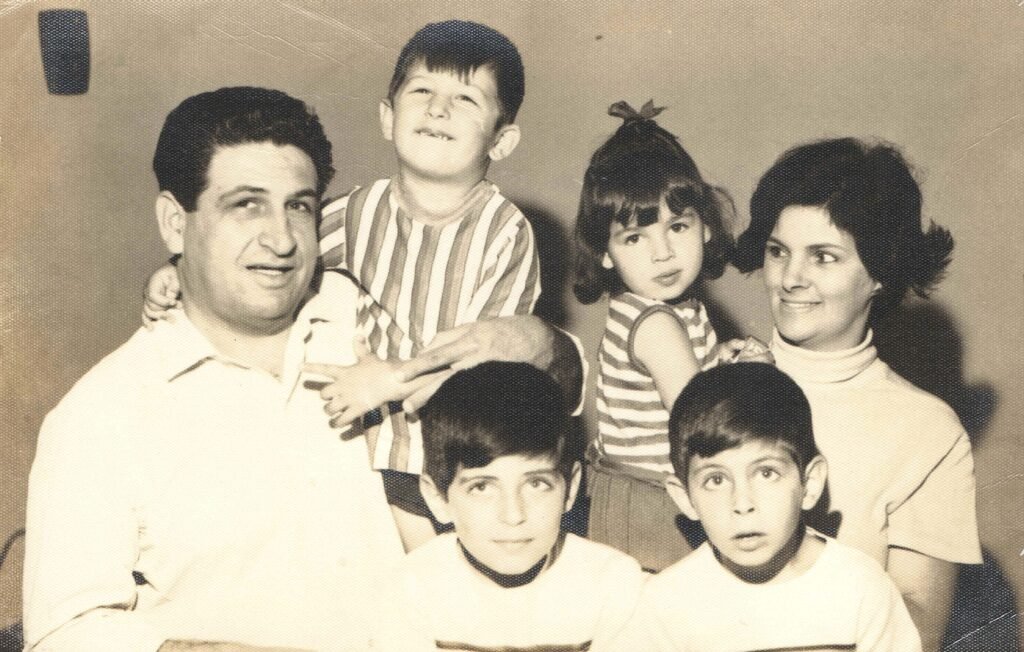
Family, Mom and Bella, father and John, me and Peter.

You know that! (2009)

Aerosmith Show in São Paulo (2010)

Freezing wind at Times Square (2013)
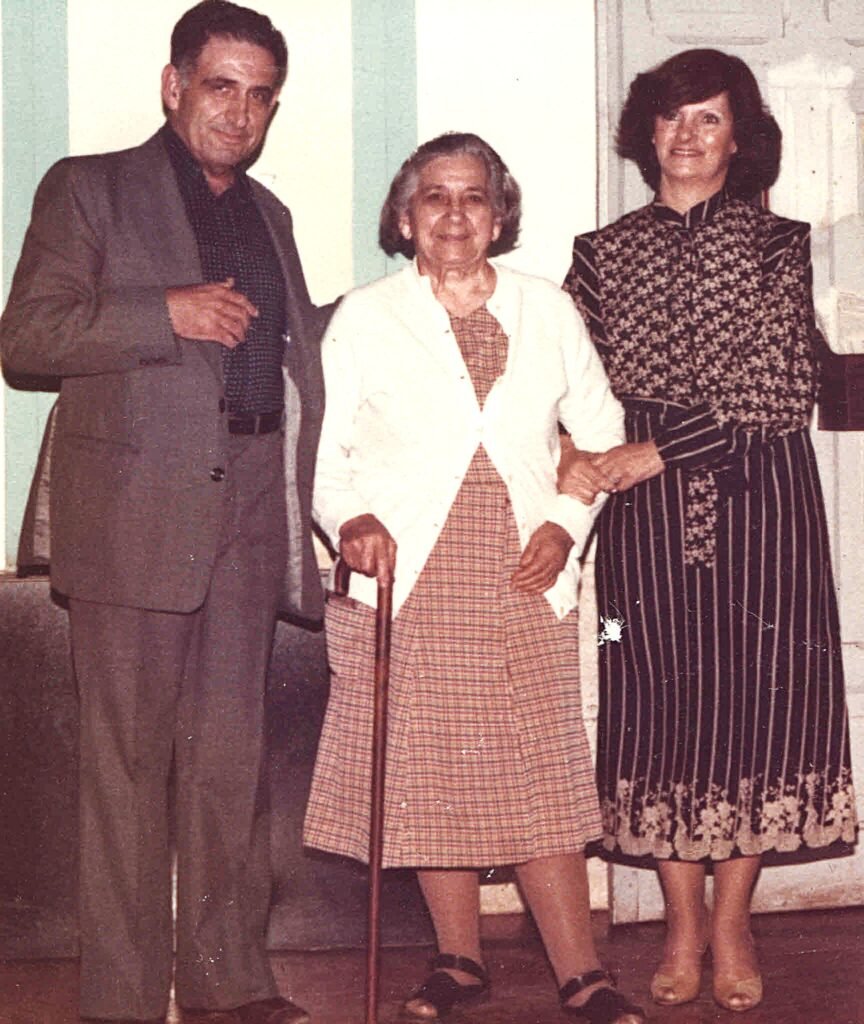
Father (Sebastian), gran mother (Mary) and Mom Carmem, 1979, during the wedding silver jubilee of my parents.
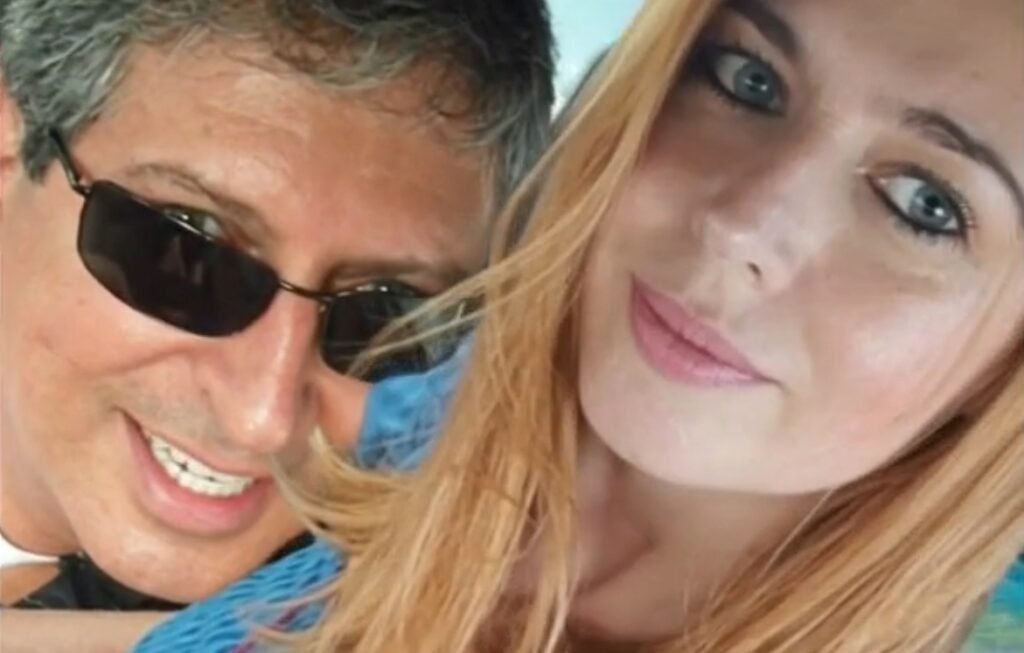
Chris presented herself red-head to me. I liked it! Whatever her hair color… brunet, blond or red head, she is a Barbie!
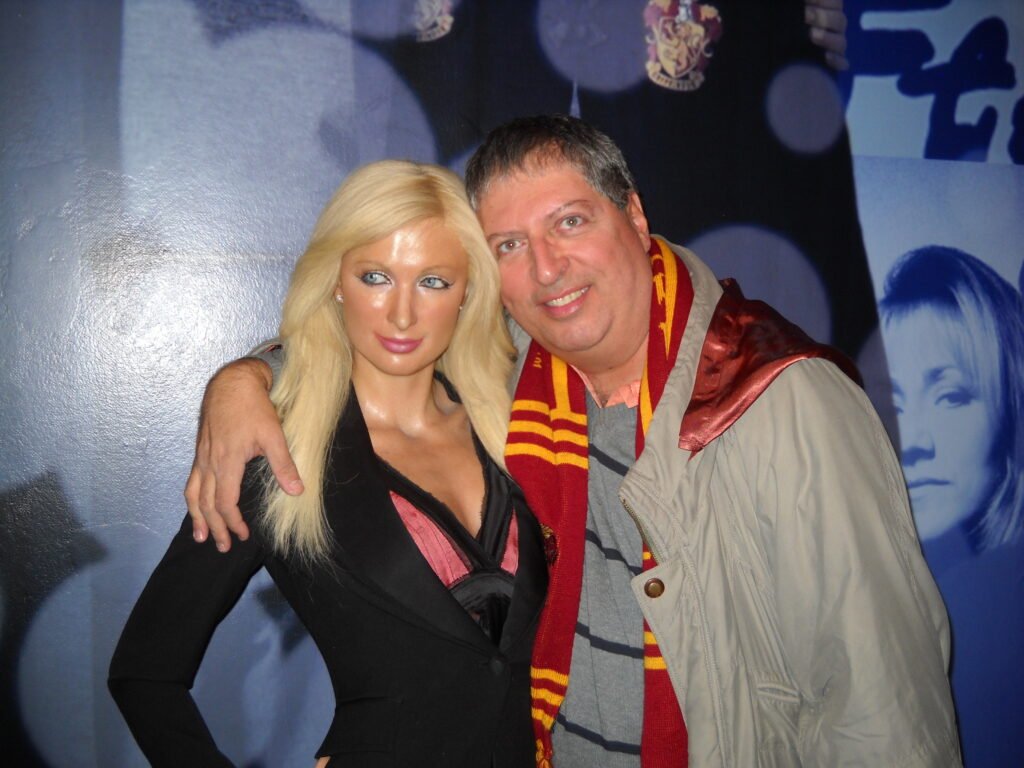
Dating Paris Hilton (ahahah), NY, 2012.
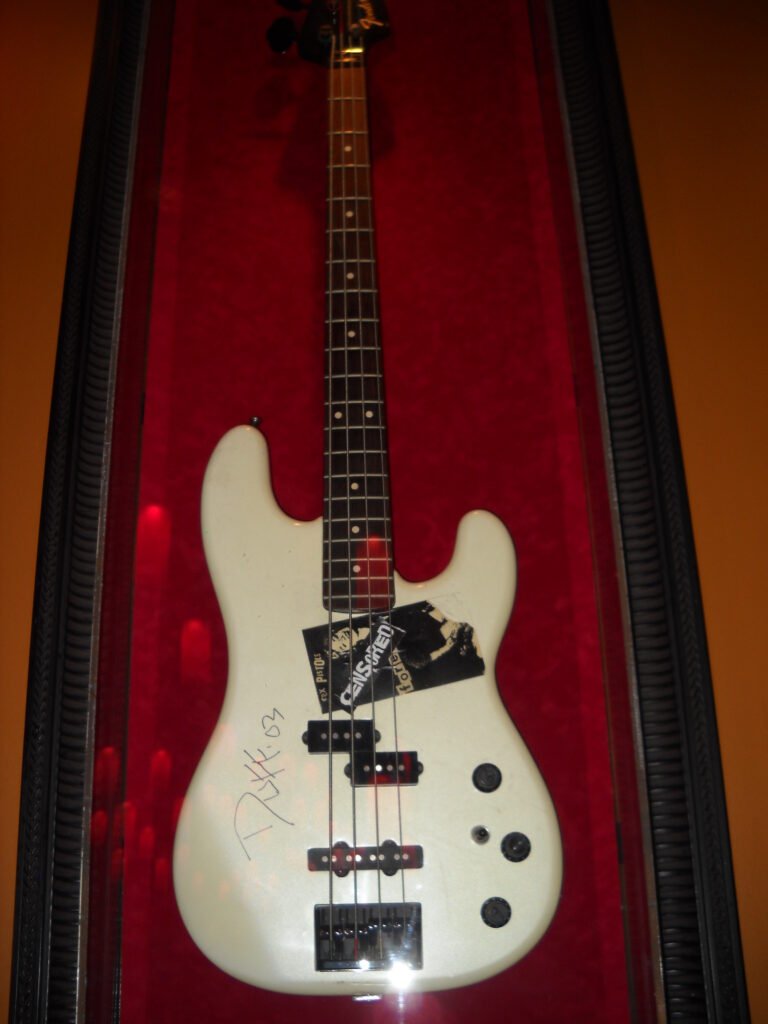
Bass of Duff McKagan, NY Hard Rock Café
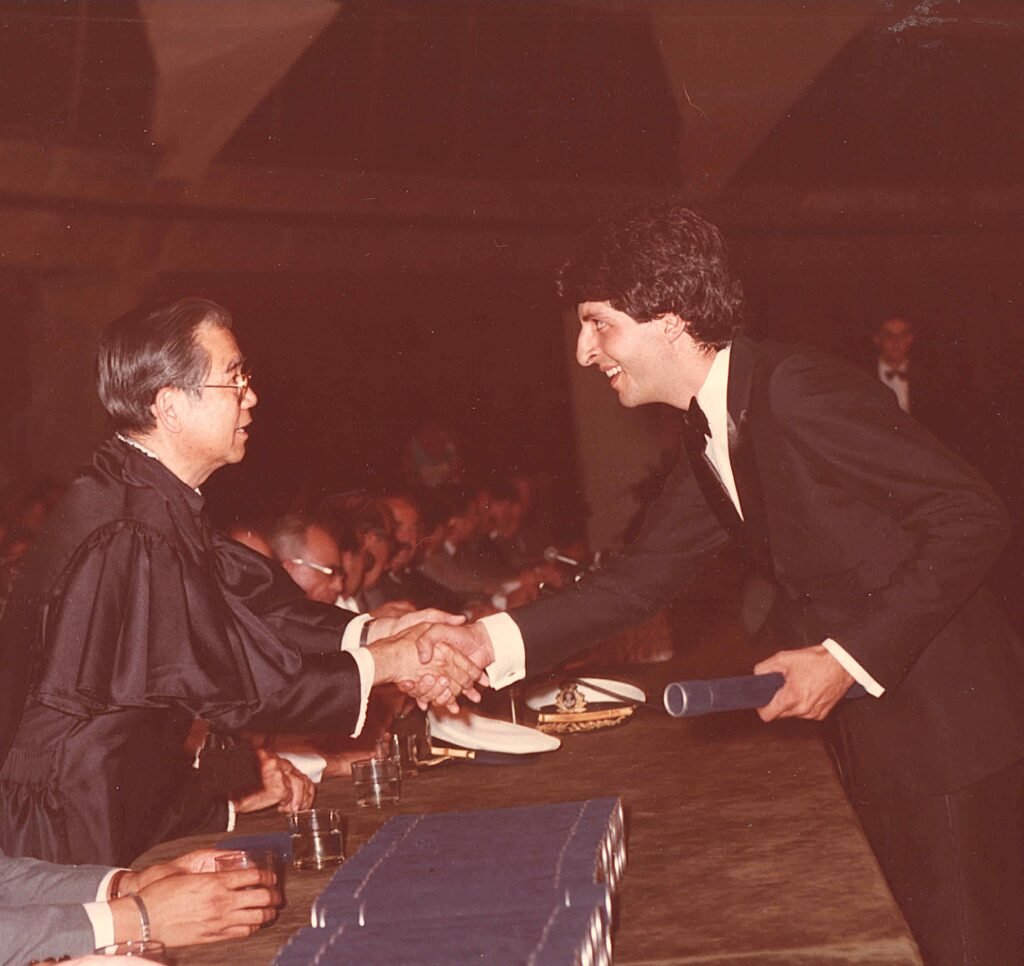
College commencement (1983), receiving the engineer diploma from the hands of Prof. Kokey Uehara

First year, elementary school (1967)
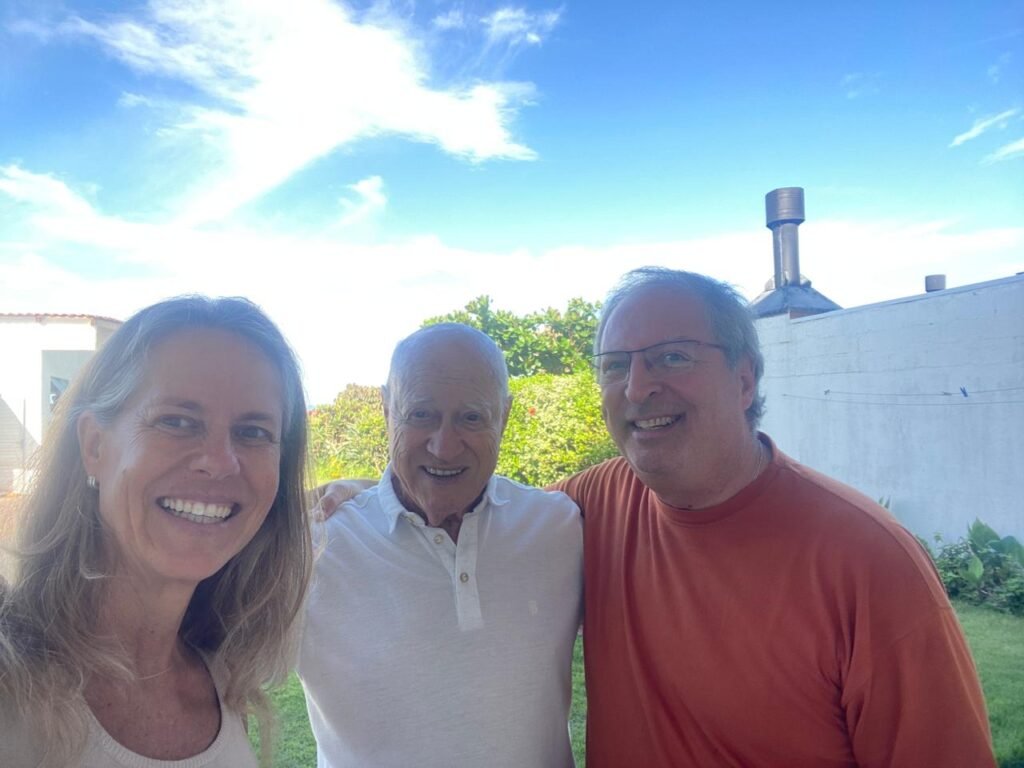
With friends Tania and Waldyr in Florianopolis, Santa Catarina (2024)
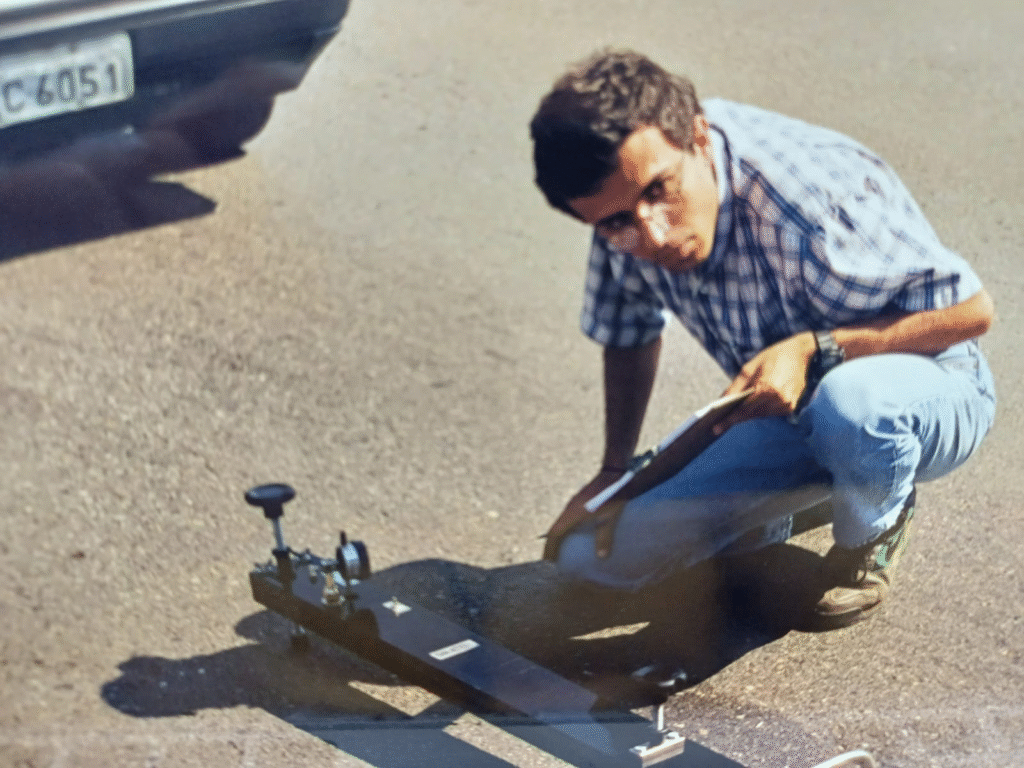
Rodrigo Barella, former PhD student, assessing pavement, SP-280, 1998.
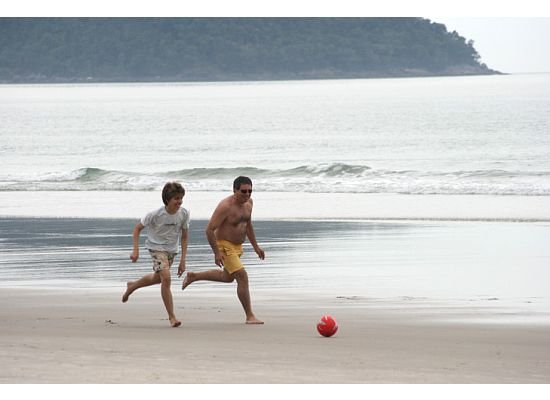
Andre and me, Juquey beach, 2007.
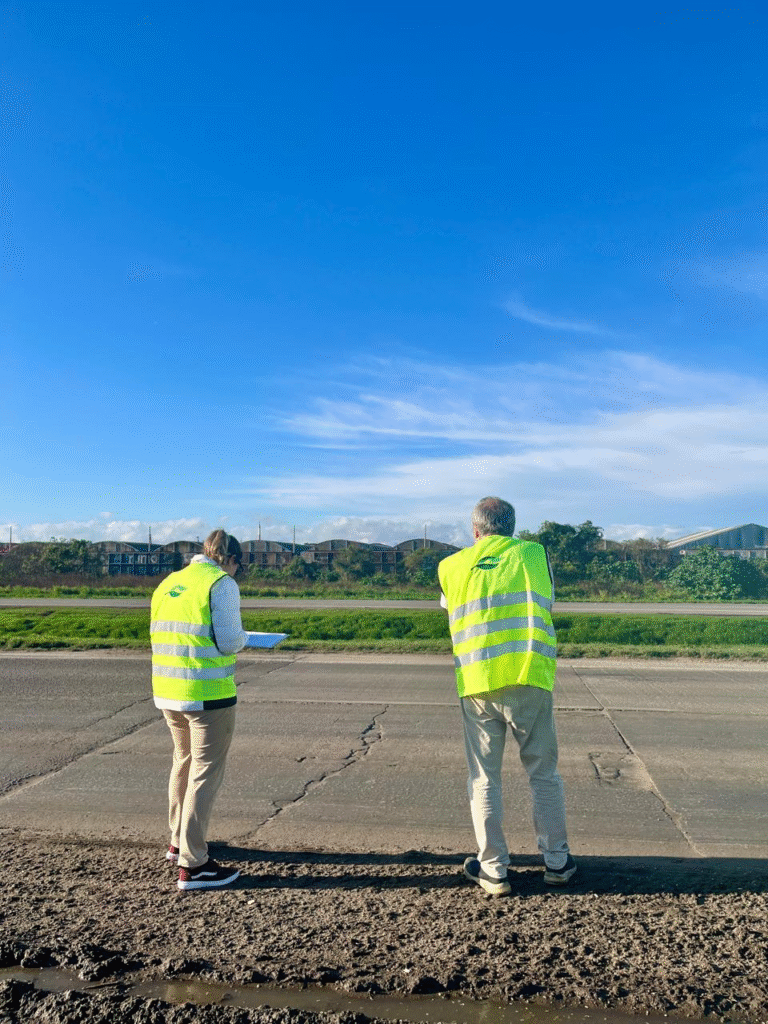
With Andréia (researcher assistant) assessing BR 392/RS highway, Pelotas-Rio Grande (2024)
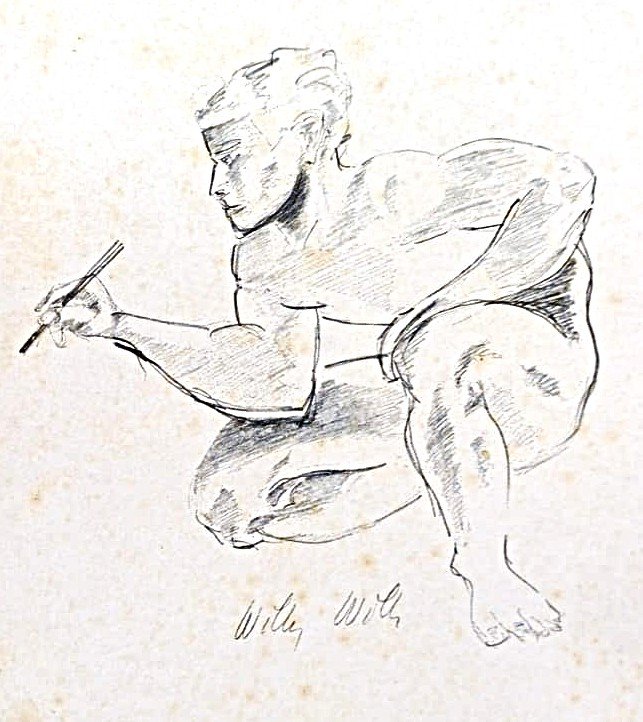
Prof. Willy Wilk (bridges and roads full professor, ETH-Z), my PhD advisor, draw the above firure as a gift to me when I left Switzerland, 1993. He was a fine artist and used to frequent the Venice Biennial in Italy.
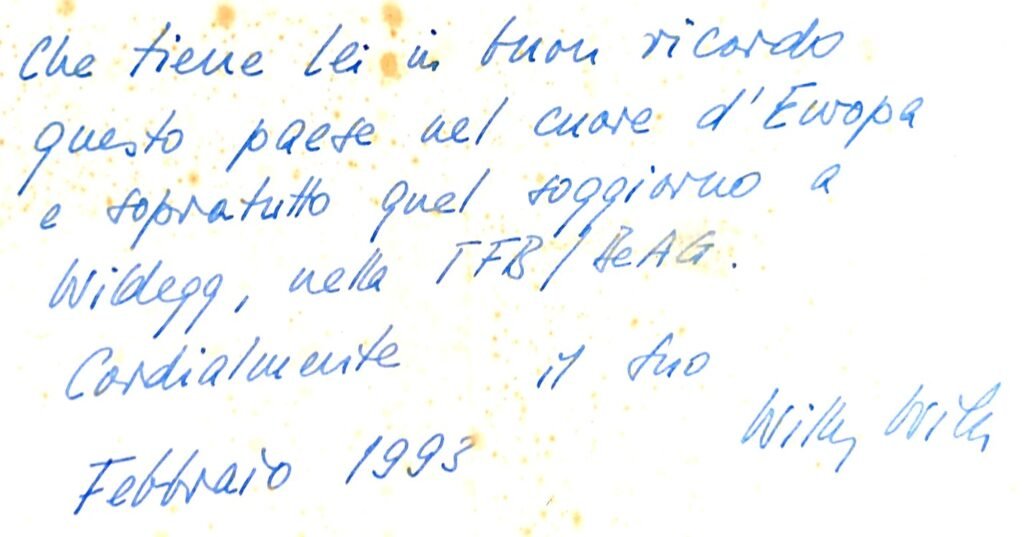
Prof. Wilk dedication to me in the cover sheet of Maillart’s book.
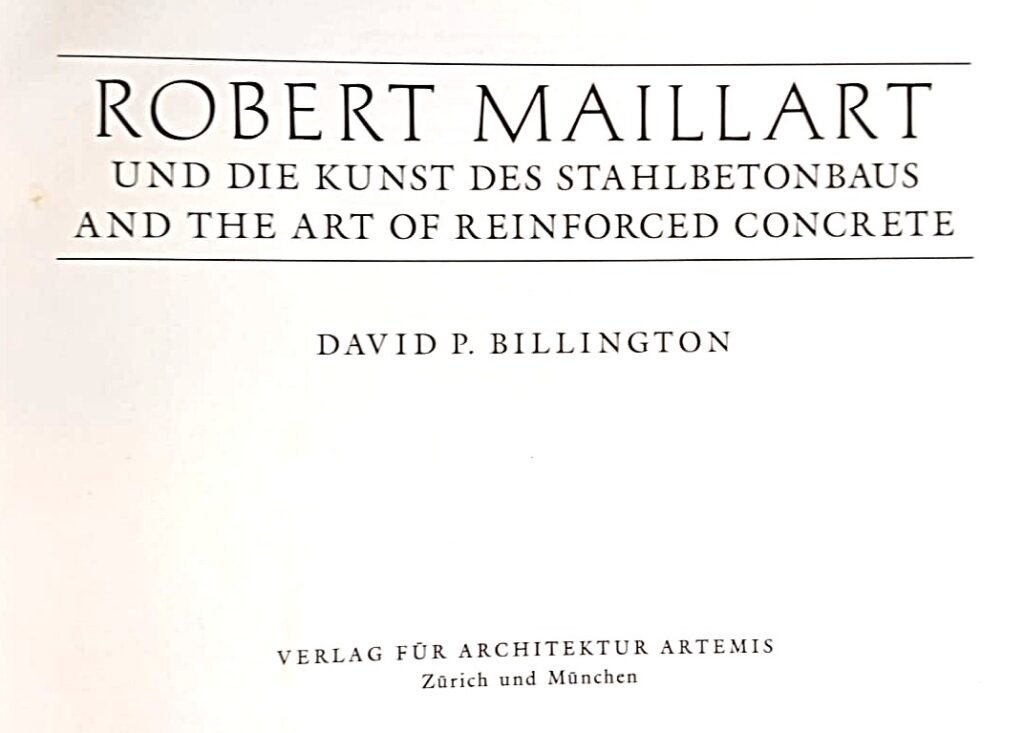
Cover sheet of the book on Robert Maillart science and art of designing bridges in Switzerland.
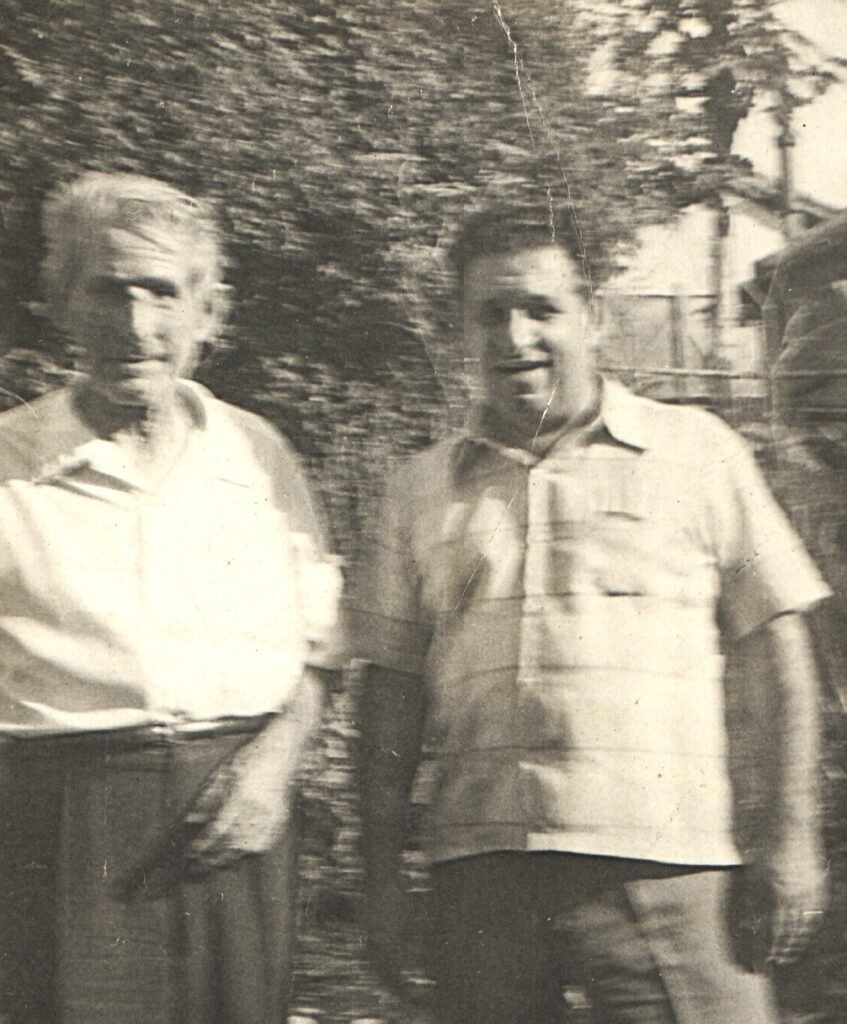
My father (Sebastian) and my grandfather (Ernest), 1971.
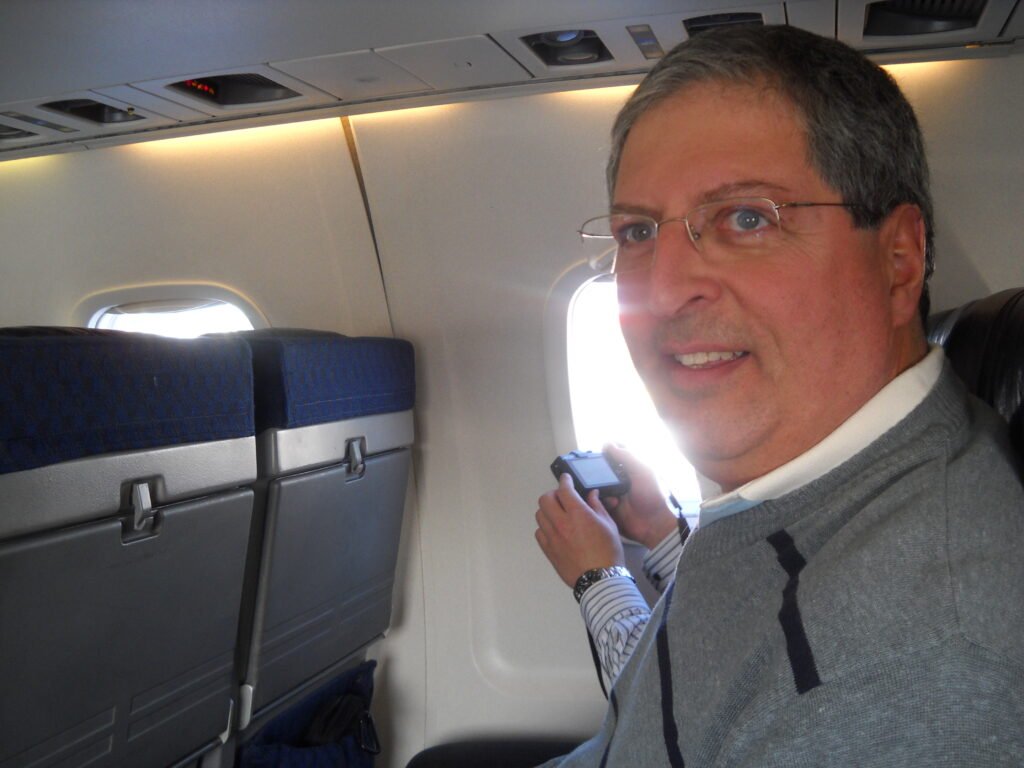
Flying to Twin Cities, 2012
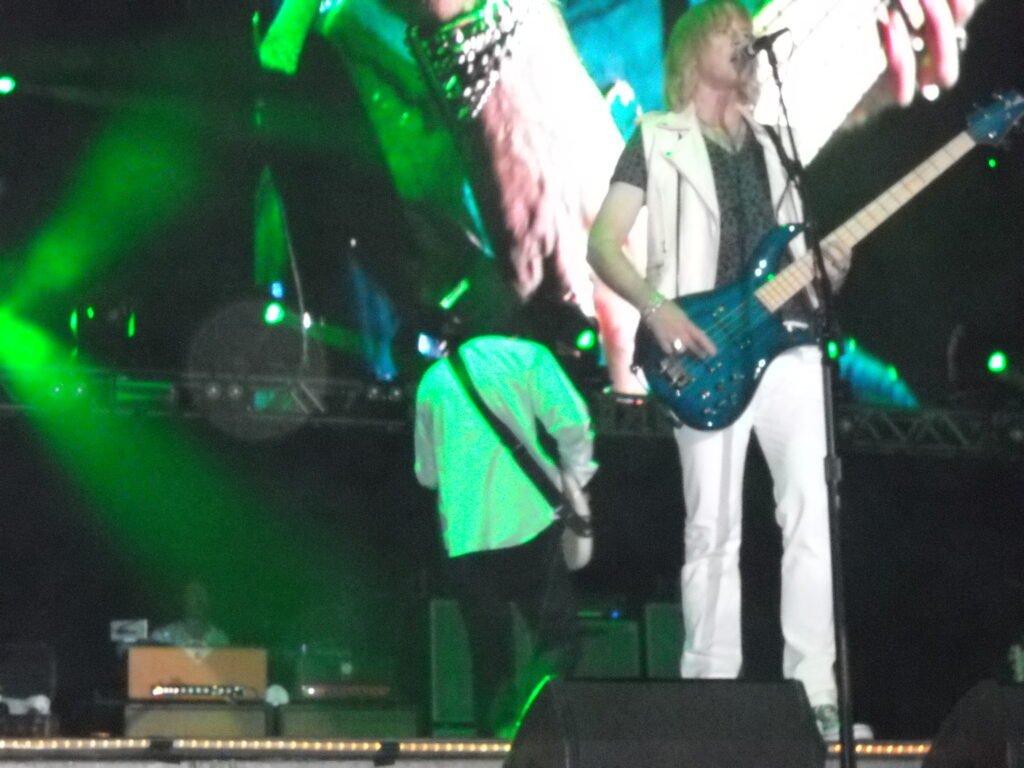
Tom Hamilton in São Paulo, 2010.
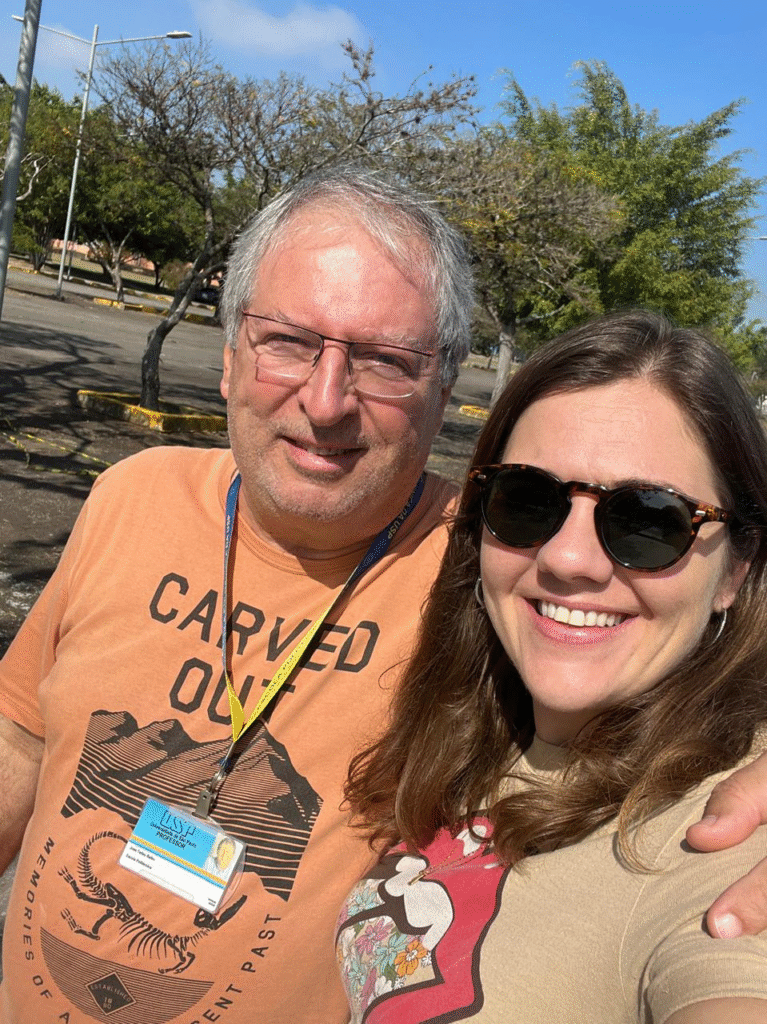
During the “Balbo Road Test” (Joint VOTORANTIM-USP Track Test) construction in 2023, with my (then) PhD student Andréia (Assistant Professor at USP as of 2026).
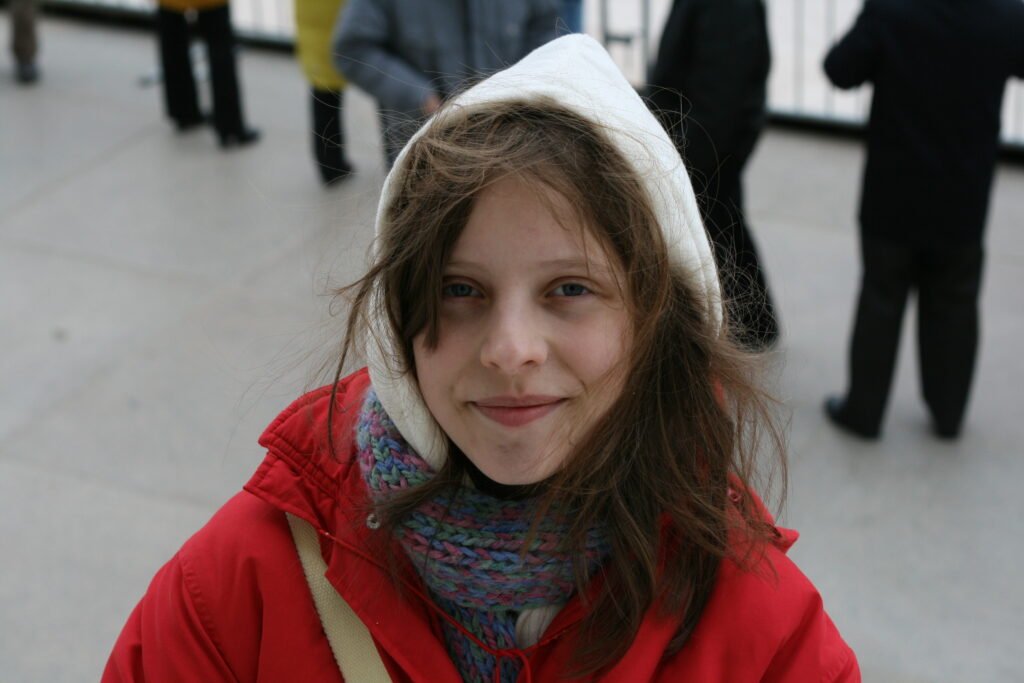
Fabrizia in DC during the Transportation Research Board Annual Meeting in 2012 – Cold, icy and wind!
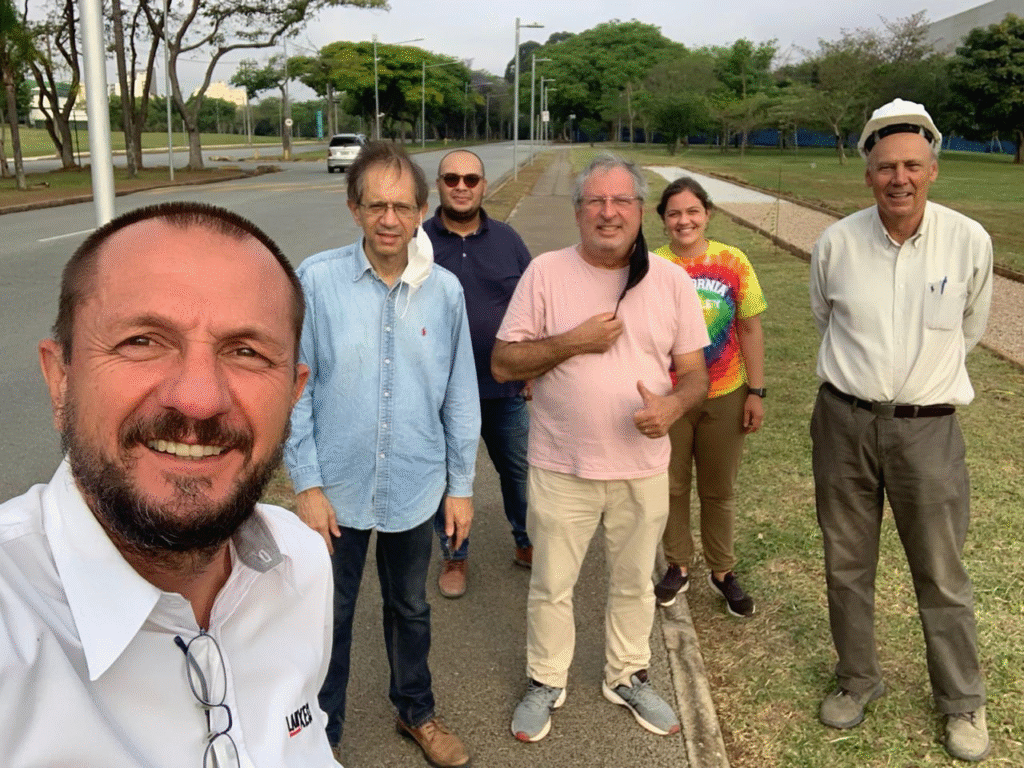
Nitemar (Lanx, GMb), Scarati (Prof, USP), Eric (PhD student), Joe, Andreia (PhD student) and Claudio (EP Inc.) – Permeable concrete bikeway test, 2021
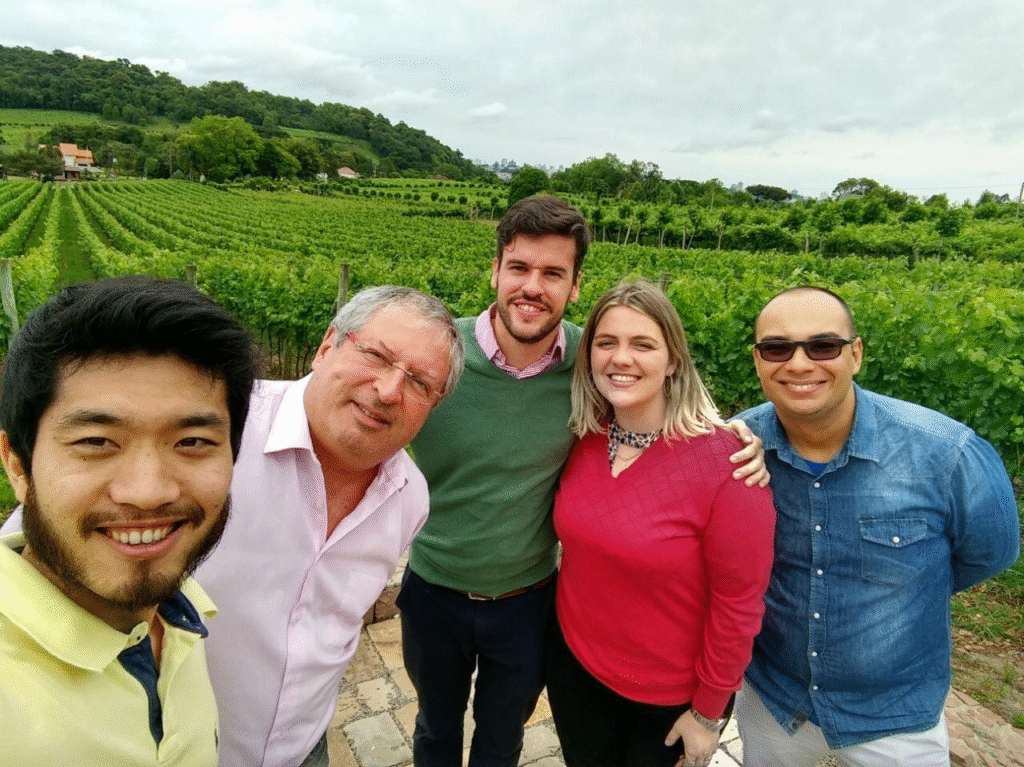
Joe and former students (Bruno, Lucio, Andréía, and Eric) at a vineyard in Bento Gonçalves, RS, for a different and happy practical tasting lesson of Chemistry about acids (Tartaric, Malic, Succinic, Lactic, Citric and Acetic), 2017.
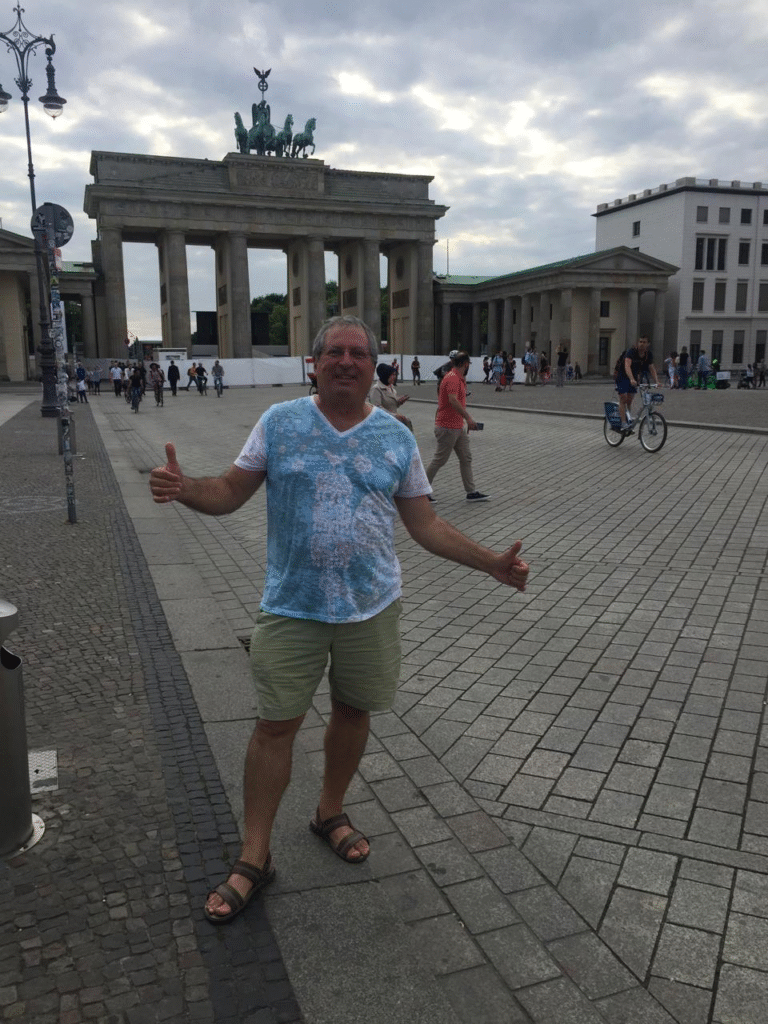
Brandenburg tor, Berlim, 2018

André, Instagram (2024)

photo for the short story “The Ant” by André Balbo (2020)

Tatiana Cervo (former PhD student) awarded by the Brazilian Concrete Institute (2013)

Arguing a candidate for a PhD (2002)

Undegraduate class on Highway Engineering for Civil Engineering students at USP (2024)
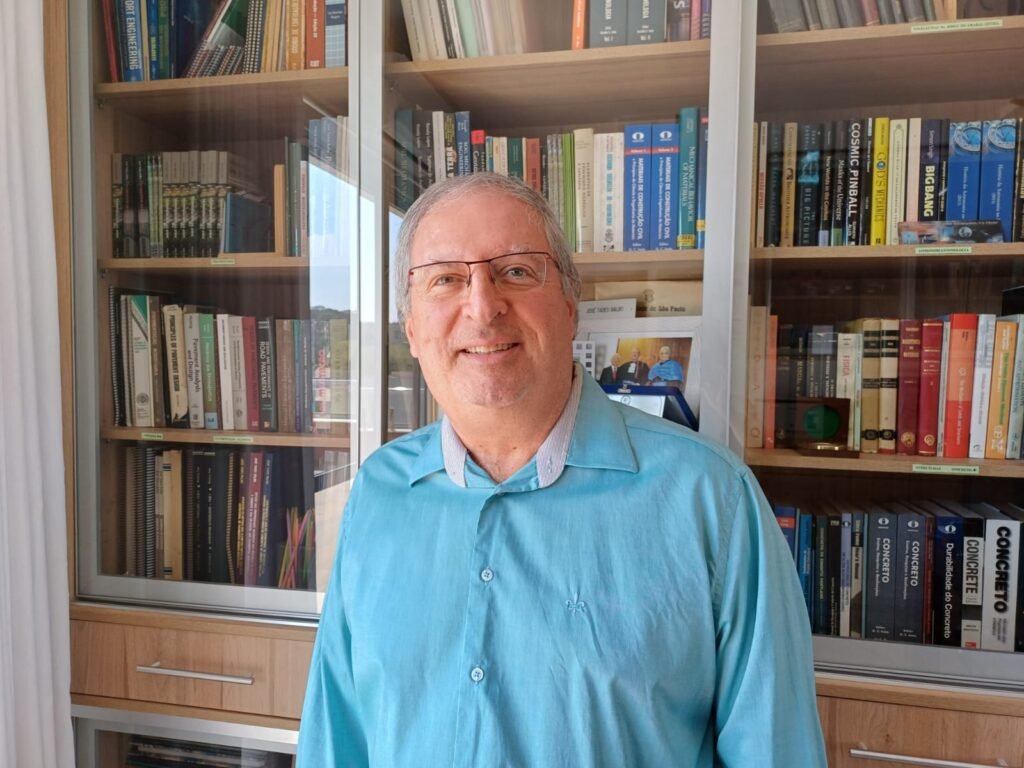
At home library (2024)
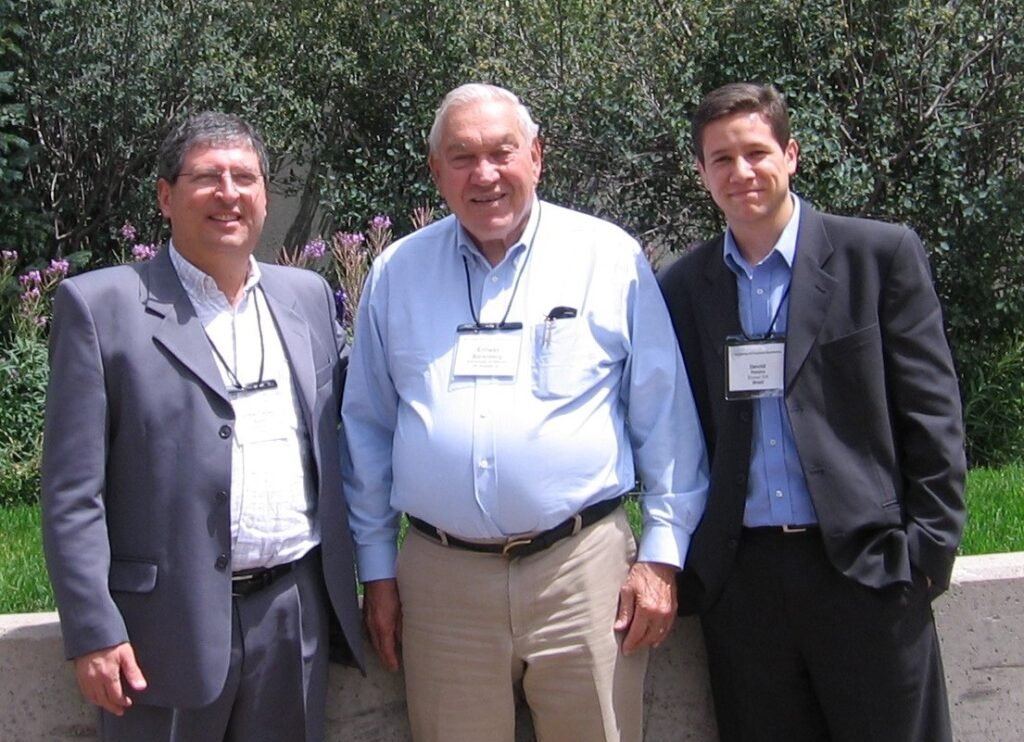
With Prof. Ernest Baremberg (UIUC) and Deividi (former MSc and PhD student) in Copper Mountain, CL, 2005

Cosmos Music Studio “Sun Hideout” (in 2021)
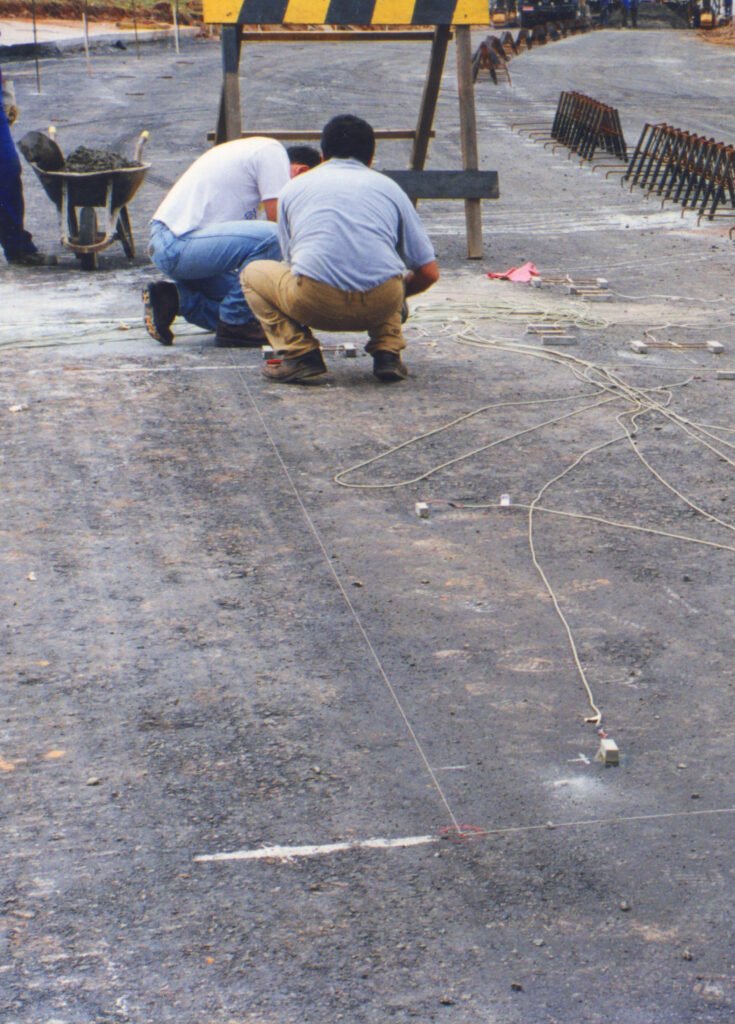
In june 2000, instaaling termocouples and strain gages in a pavement to be launched that morning, SP-79, Votorantim Headquarters, Santa Helena, with my student Marcos Paulo Rodolfo.
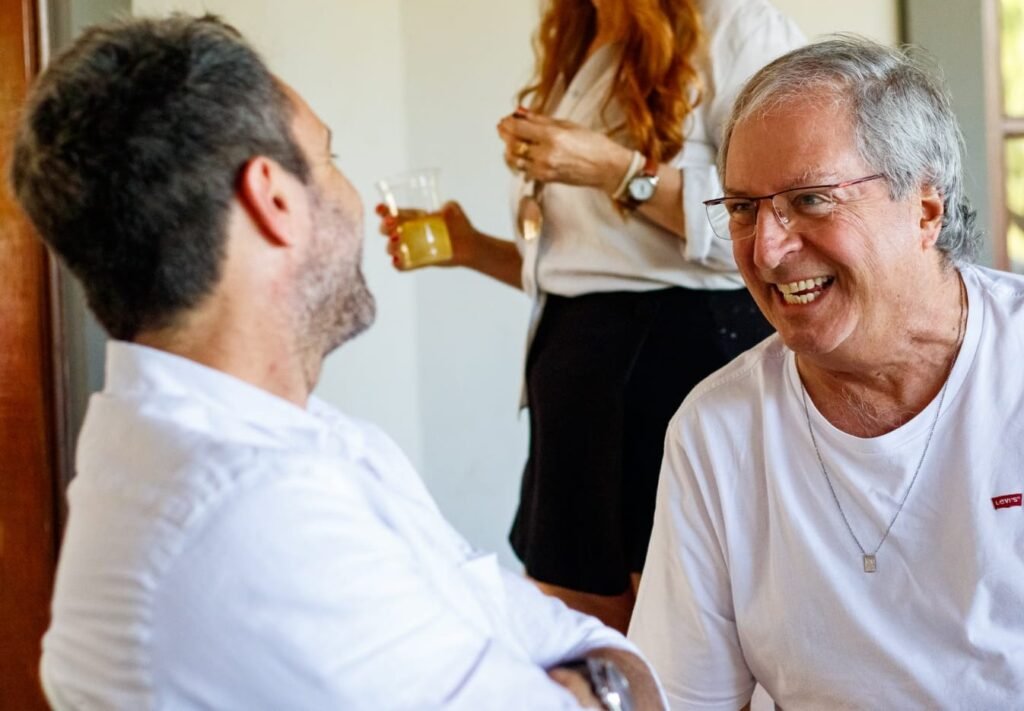
Telling a comic short tale to my brother-in-law, 2025

my favorite mascot in soccer
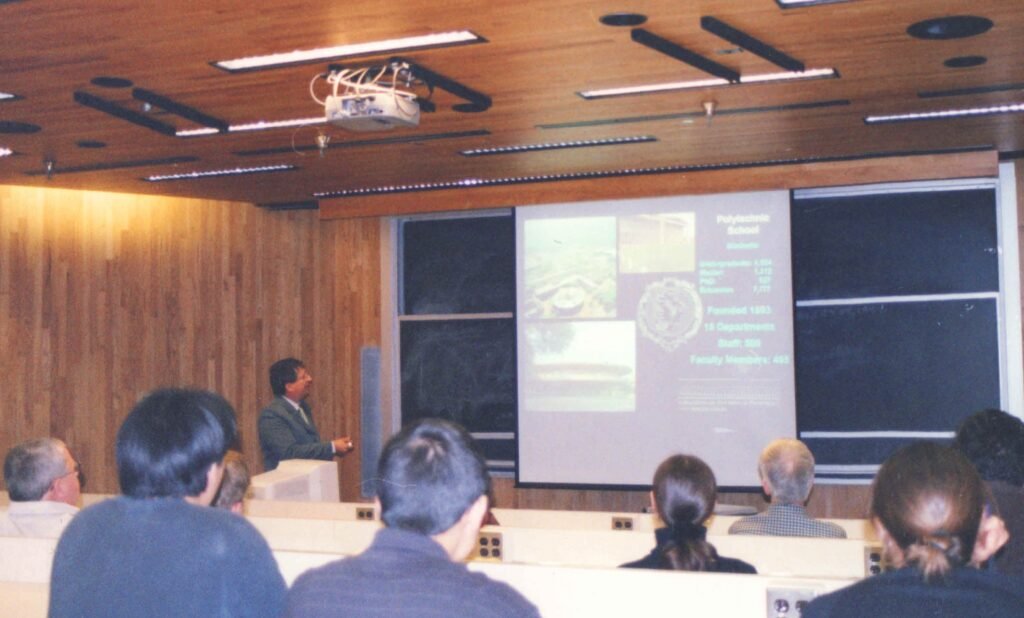
Giving a lecture as invited Professor at UoM, Twin Cities, April 2005.

my favorite mascot in basketball
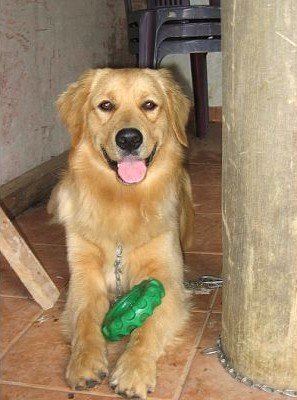
My Cona, a golden retriever, deceased 2016.
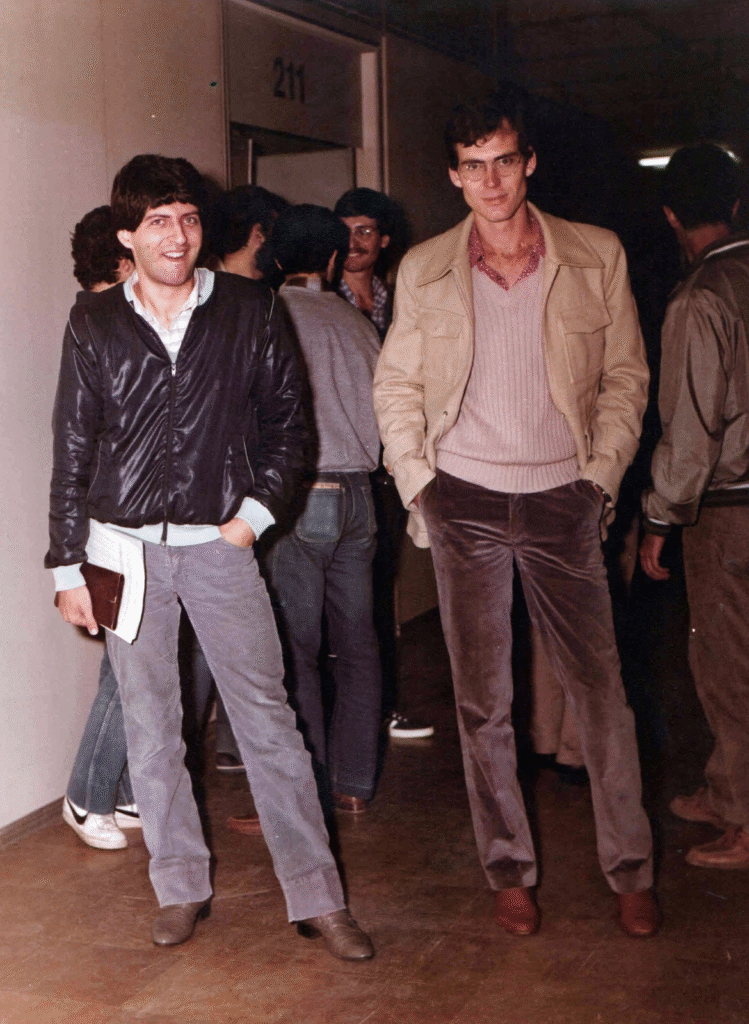
Day of my last examination for graduation (1983) – a sleepless night
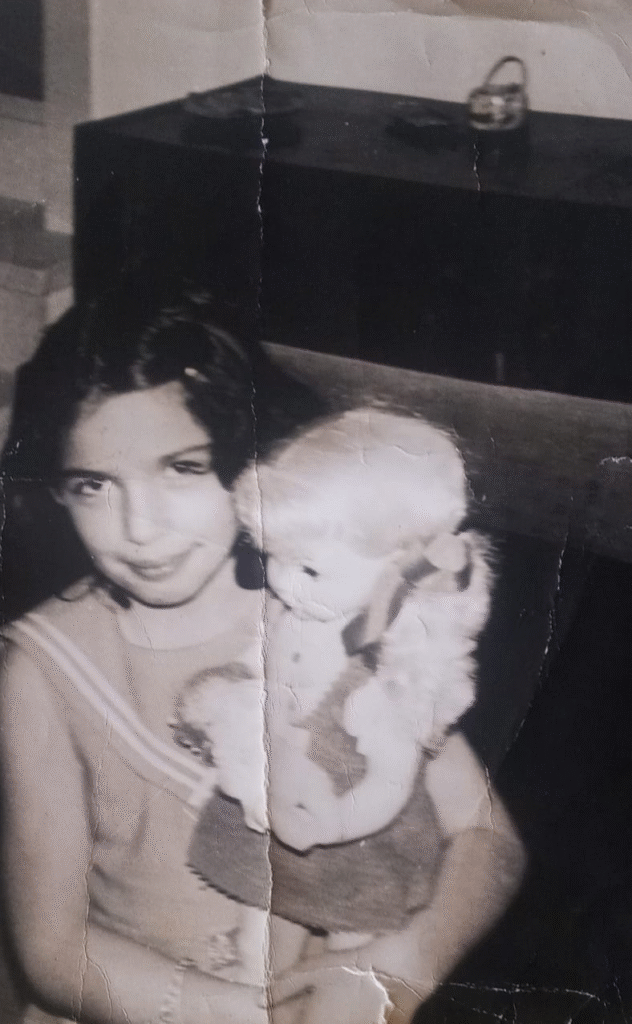
Bella, sister, in 1974 (1966-2024)
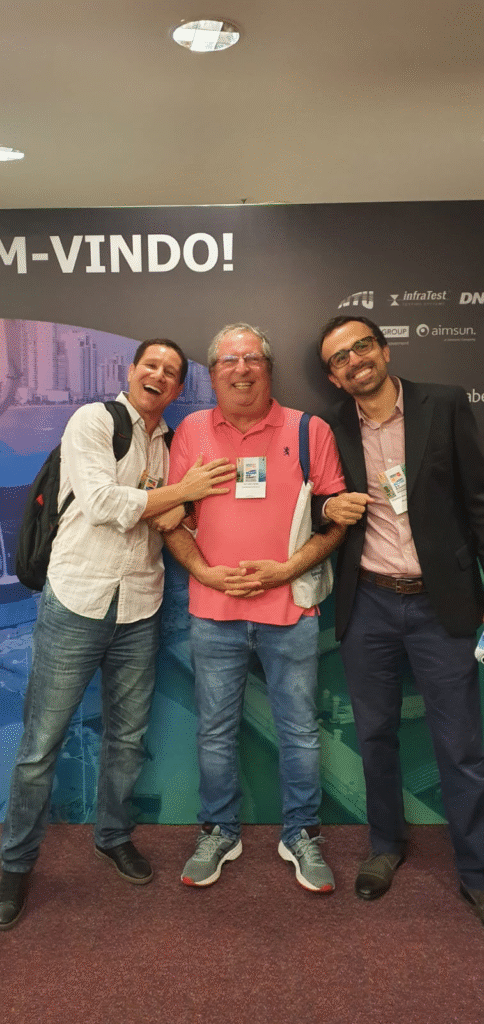
Deividi (Professor, UFSM) and Rodrigo (engineer, lawyer, and doctor – my personal physician), my forner PhD students, Camboriu (2018)
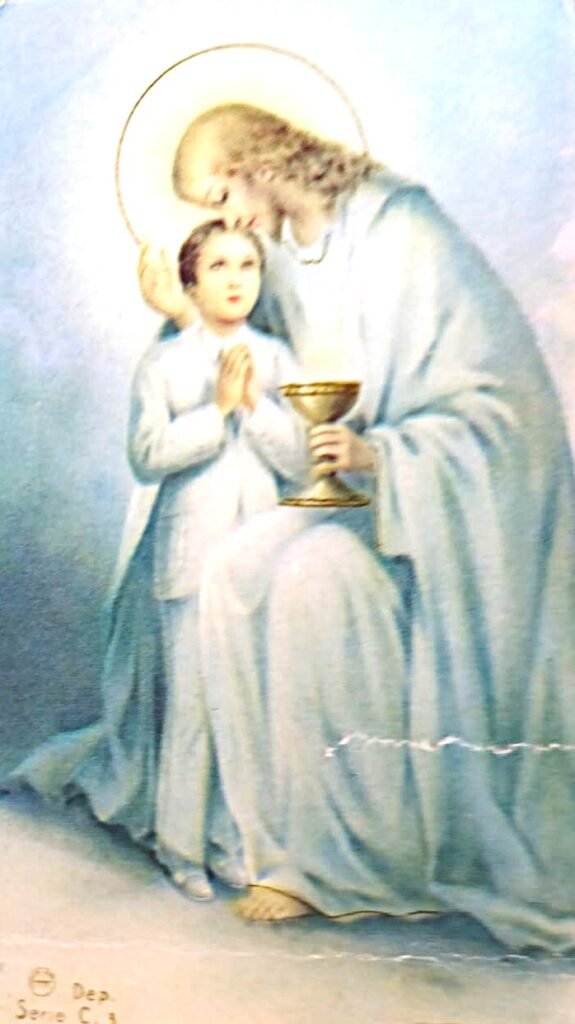
Holy cards from my first communion (note that Jesus is drawn as a blonde guy according to European classical Jesus paintings, normally forgetting Jesus as a typical Palestine)
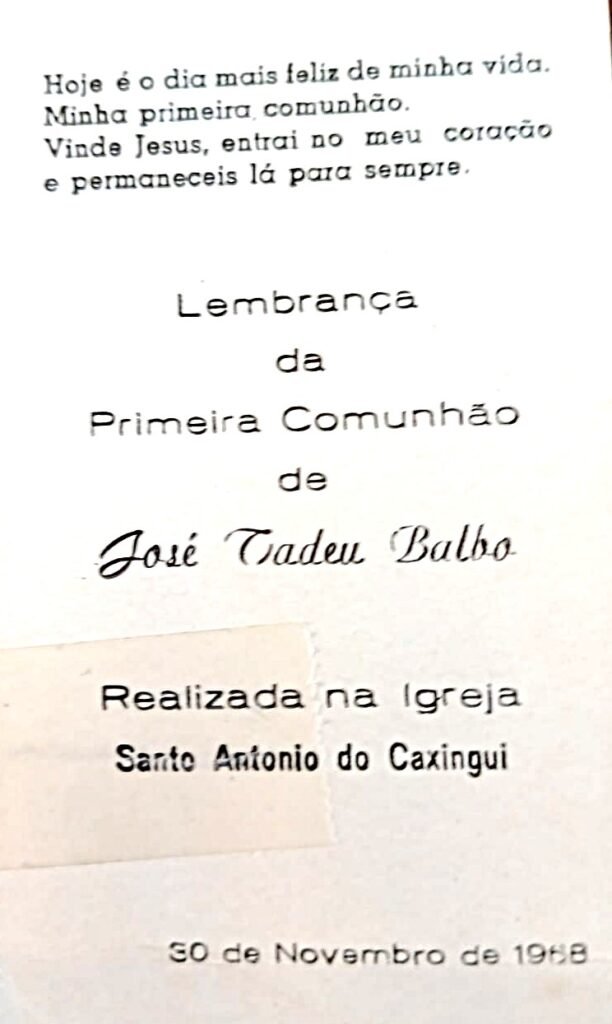
Verse from the holy cards of my first communion
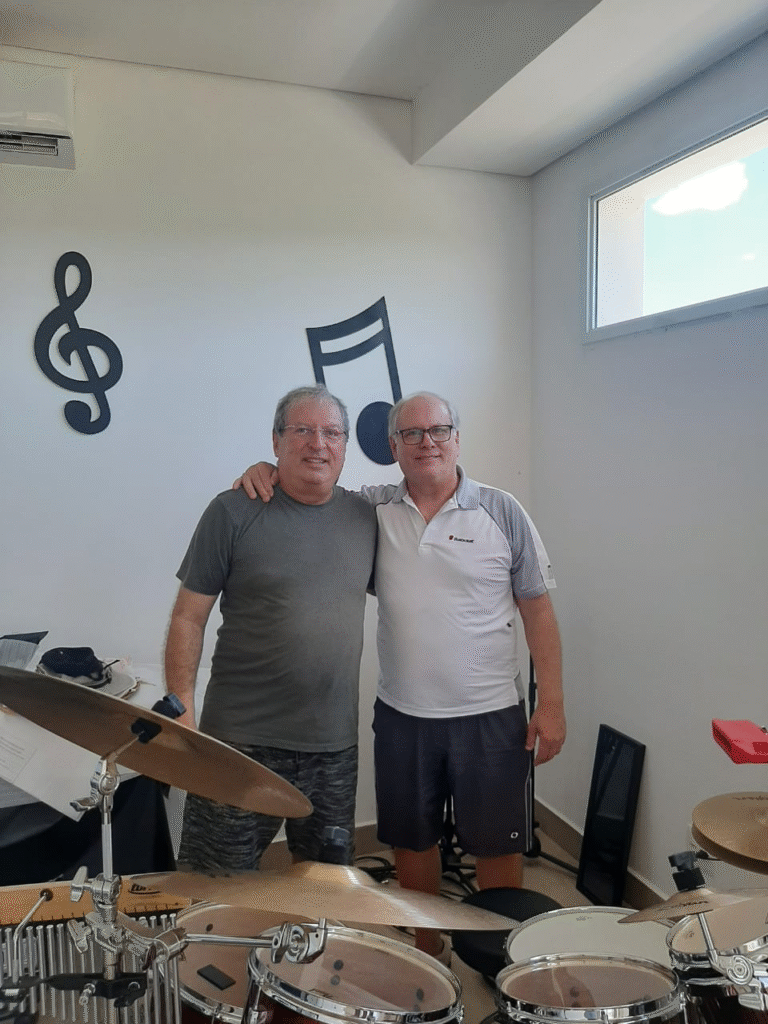
Peter, brother, 2022
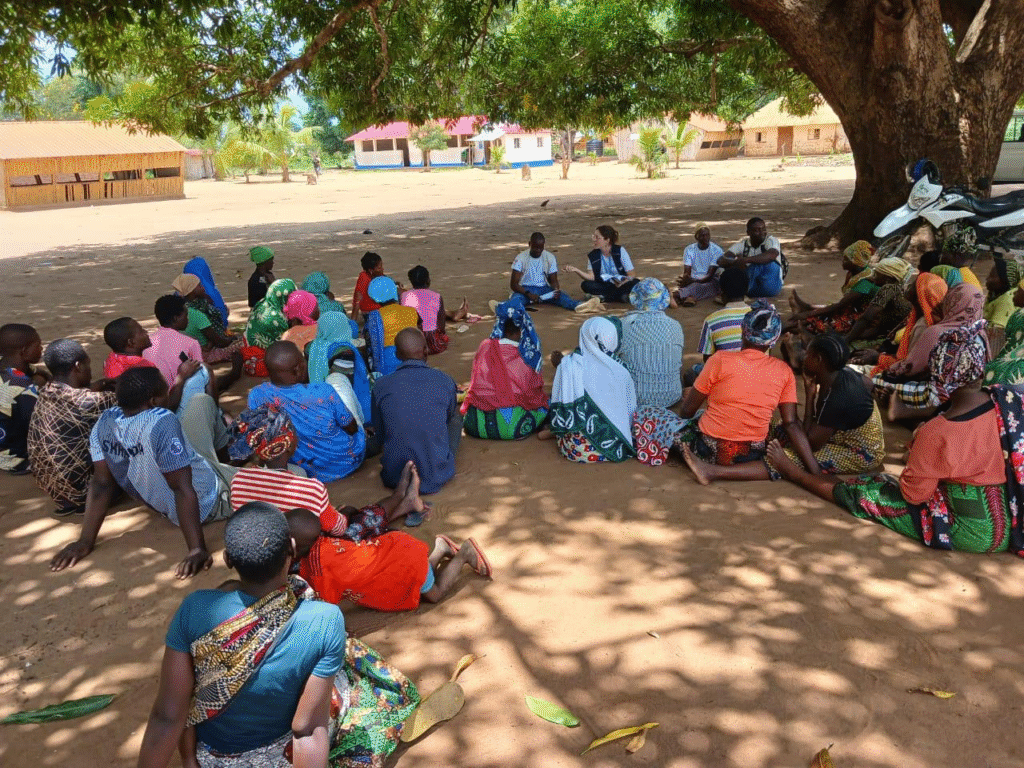
Fabrizia attends a community meeting to gather feedback on UN-WFP’s work, Pemba, Mozambique, 2023.
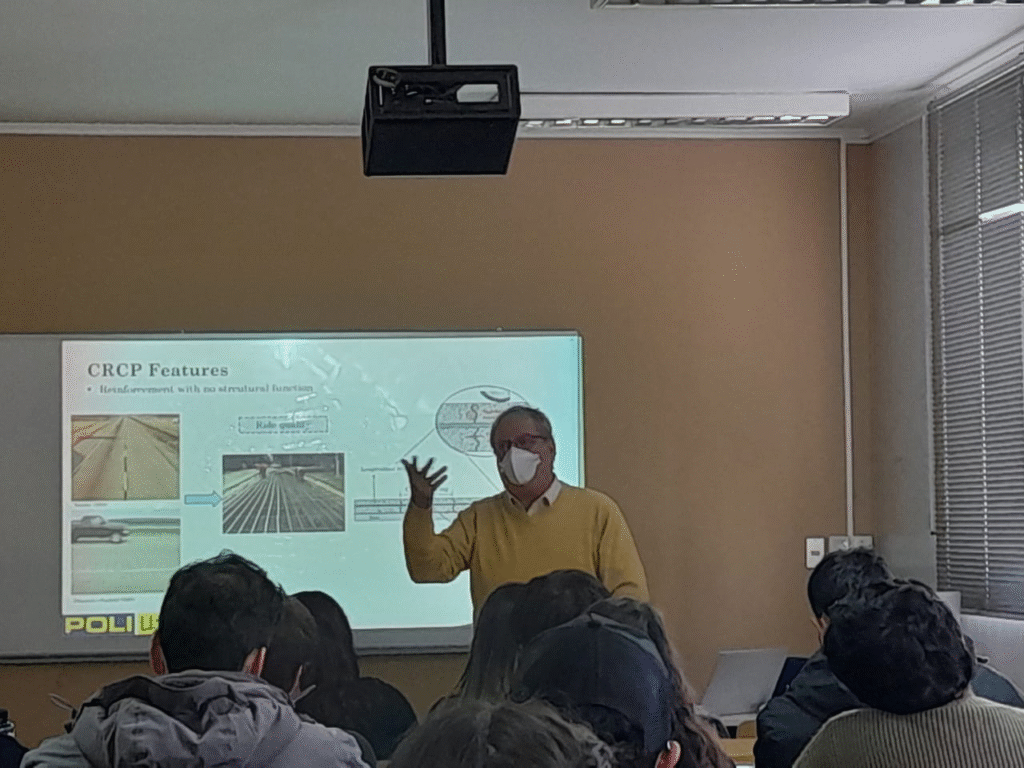
Lesson at University of Concepción, Bio-Bio, Chile, 2022
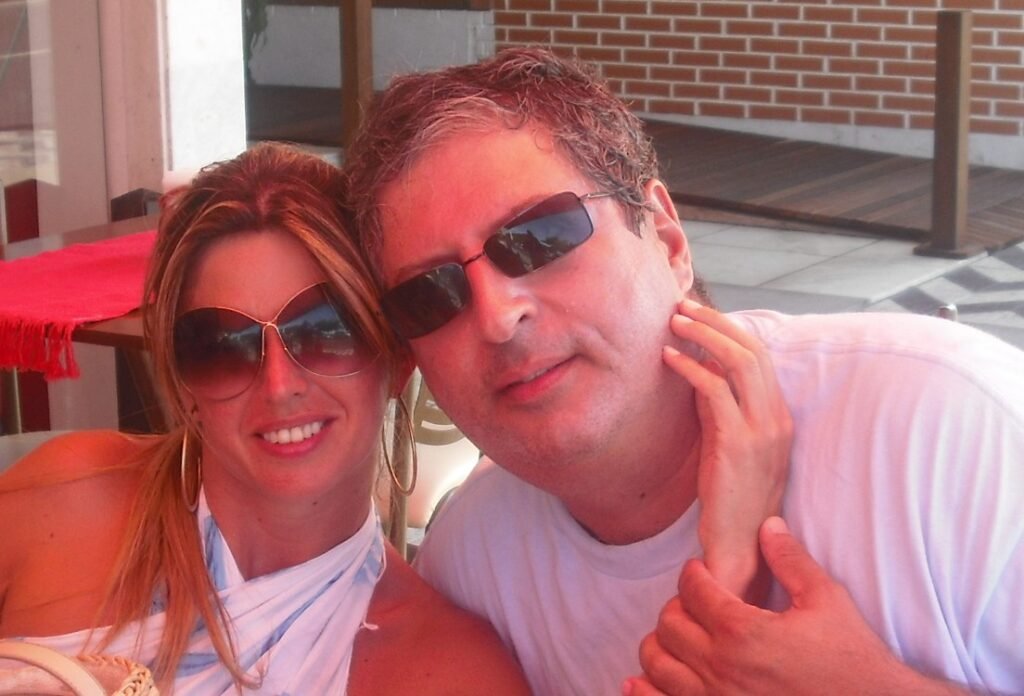
Christine and me in Camboriu (SC), 2011.
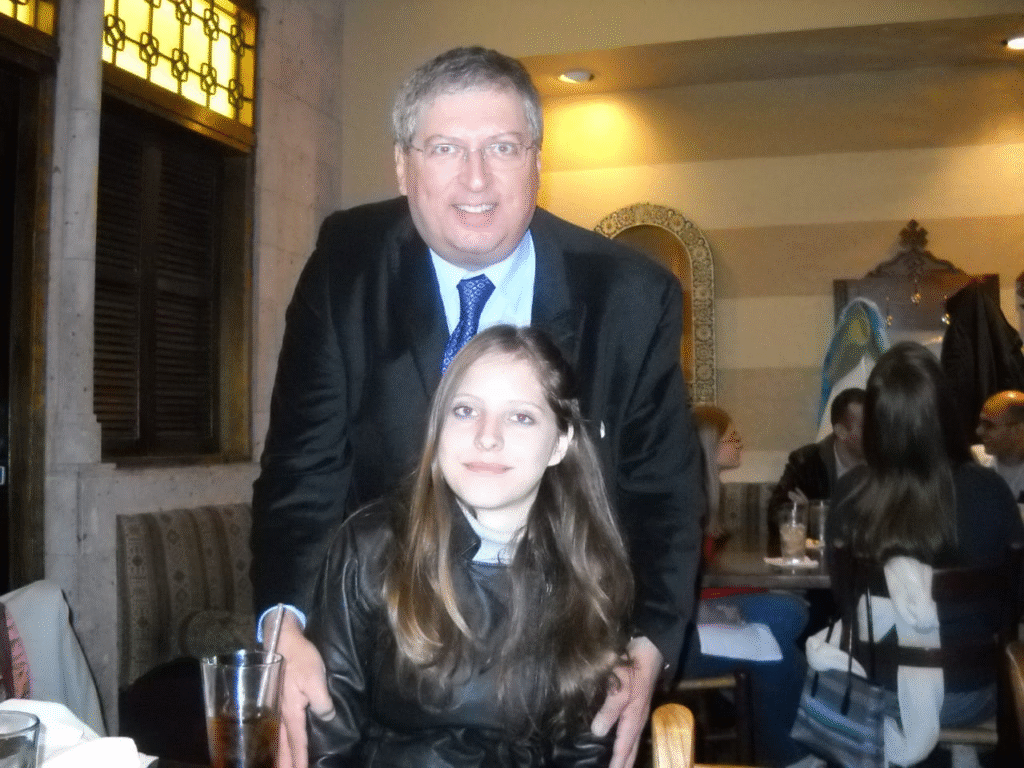
Fabrizia graduation, Catholic University São Paulo, 2017
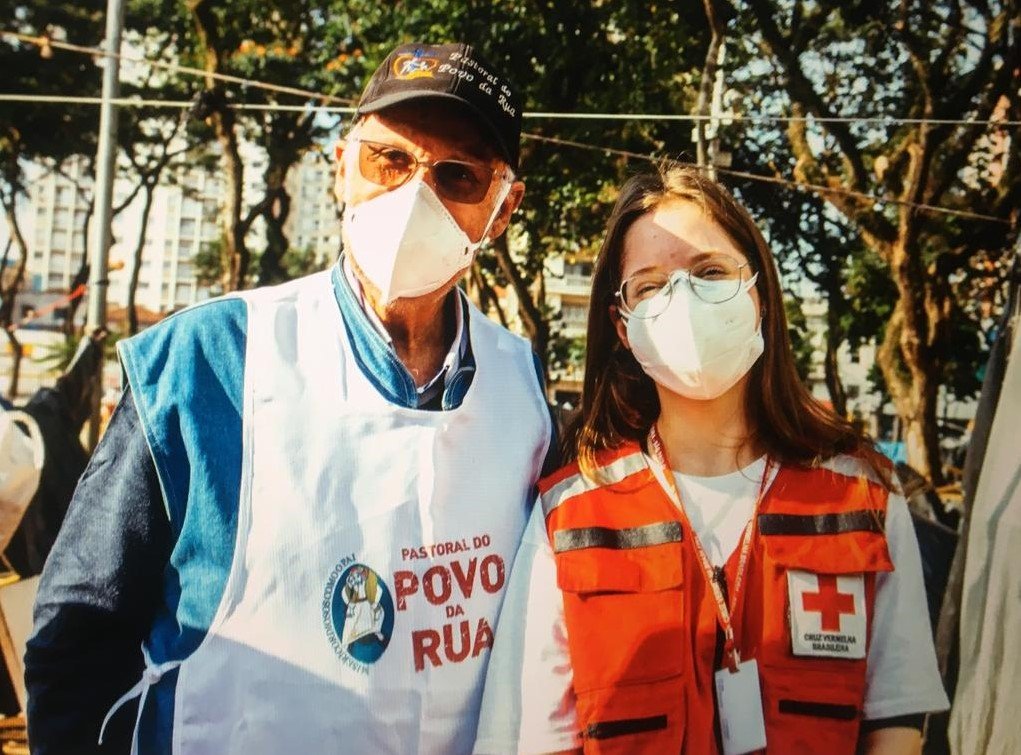
Father Julio Lancelotti (coordinator of São Paulo Archidiocesis Caring for the homeless people) and Fabrizia during pandemics, Red Cross, 2020.

Andréia coordinating one of the “Balbo Road Test” experimental tracks constructions, in 2023. This track in self-leveling (self-compacted) concrete test was accomplished by support of EGTC Engineering Inc., Votorantim Cements Inc., Engemix Read Mixer Company, Fremix asphalt builders and Floors Engineering Inc. It was the first official test with such a concrete in the world. THis section completes a series of field tests conceived by myself during my academic years.
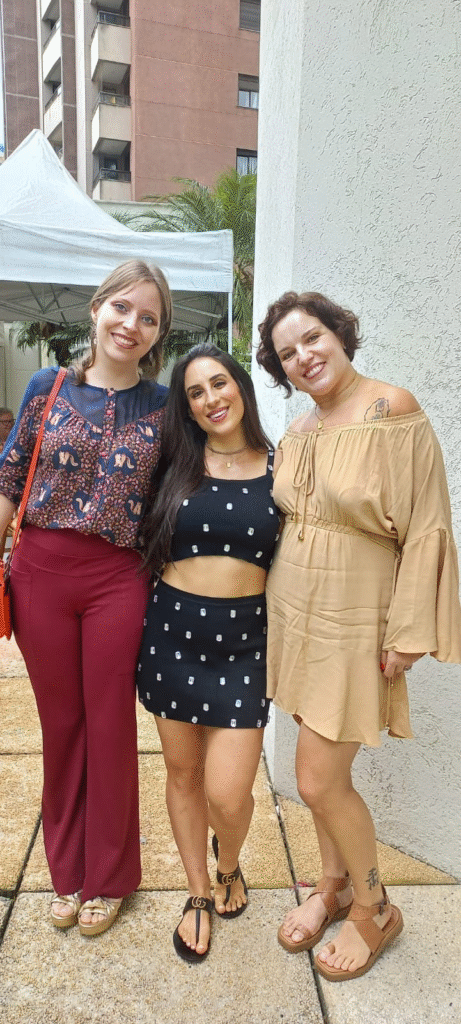
Fabrizia, Beatriz (niece) and Paula (niece), 2022
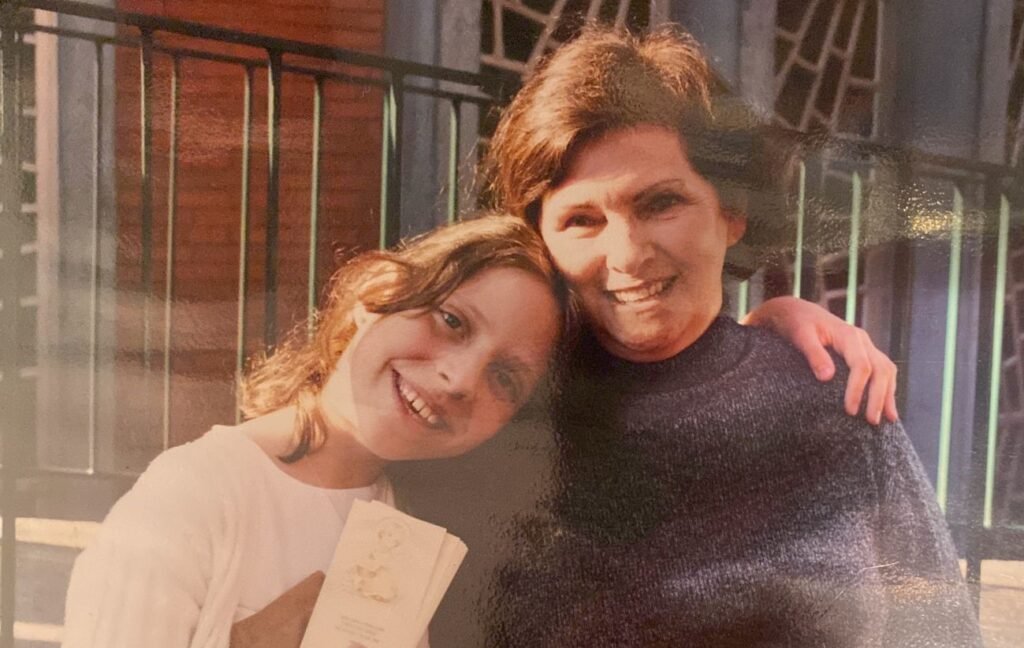
Fabrizia and mom Carmen at First Eucharist feast, 2004.
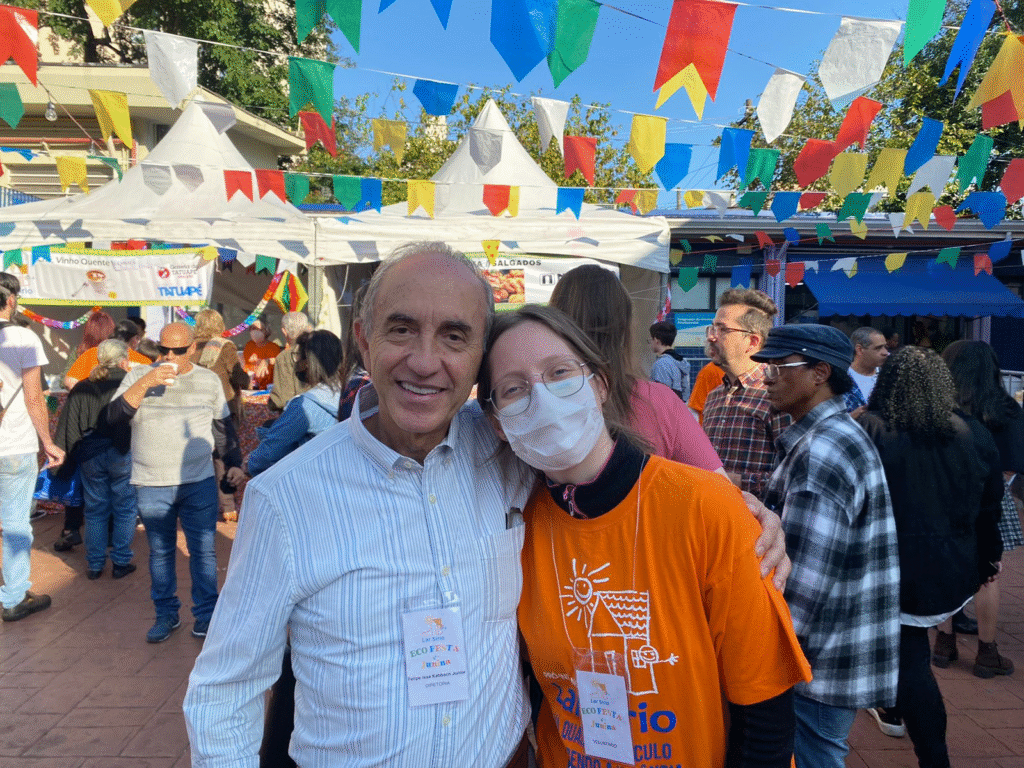
Fabrizia and my faculty friend Prof. Felipe Kabbach at the Syrian-Lebanese filantropy party, São Paulo, 2022. Felipee ahs been dedicated to several filantropic works with the lebanese comunity in São Paulo.
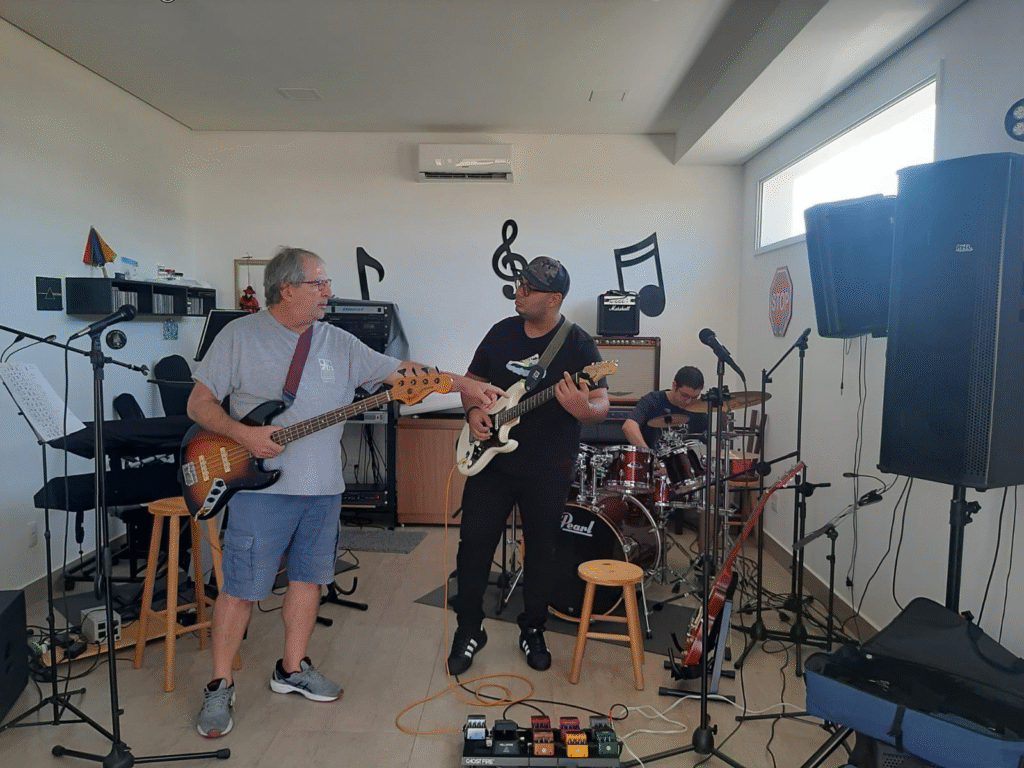
Preparing and tuning instruments before rehearsal, with Eric and Anderson, 2022
A quick warm-up before other members of the group arrive during a Saturday afternoon (2022)
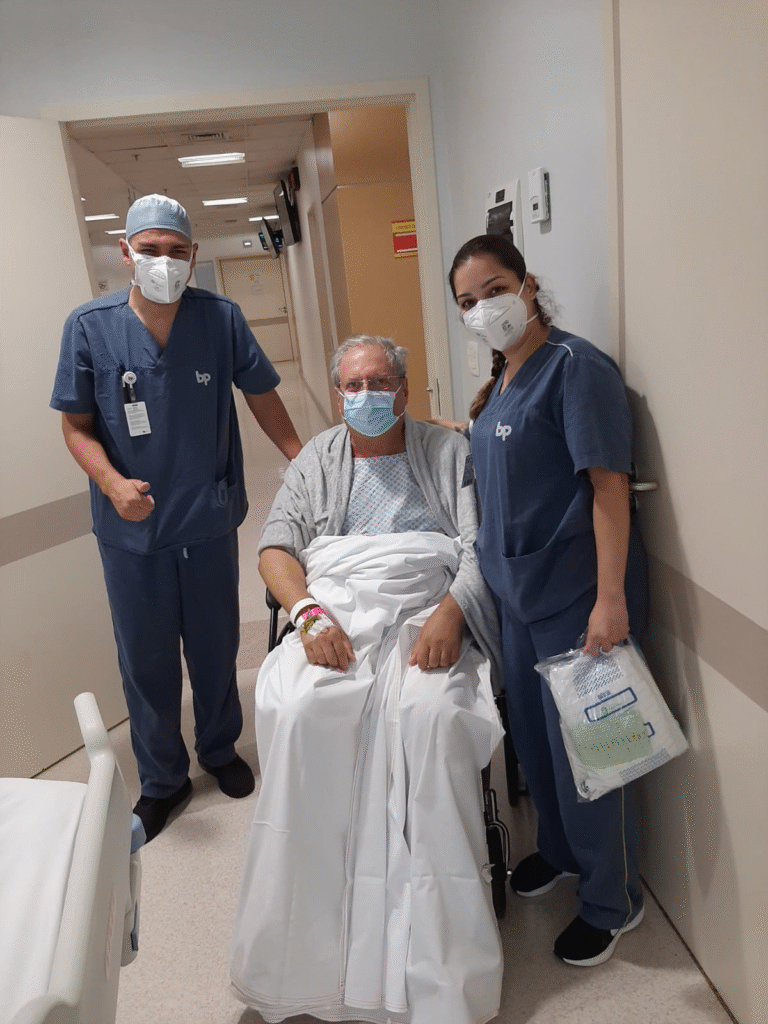
Some days after heart surgery, 2022. All the nursing staff at BP Hospital, in São Paulo, was wonderfull.

Cover page of Andre’s last book, “Without Front Teeth”, 2023.

During rehearsal, 2022 (Shina, Joe, Malu, Anderson)
First attempt at arranging a new song.
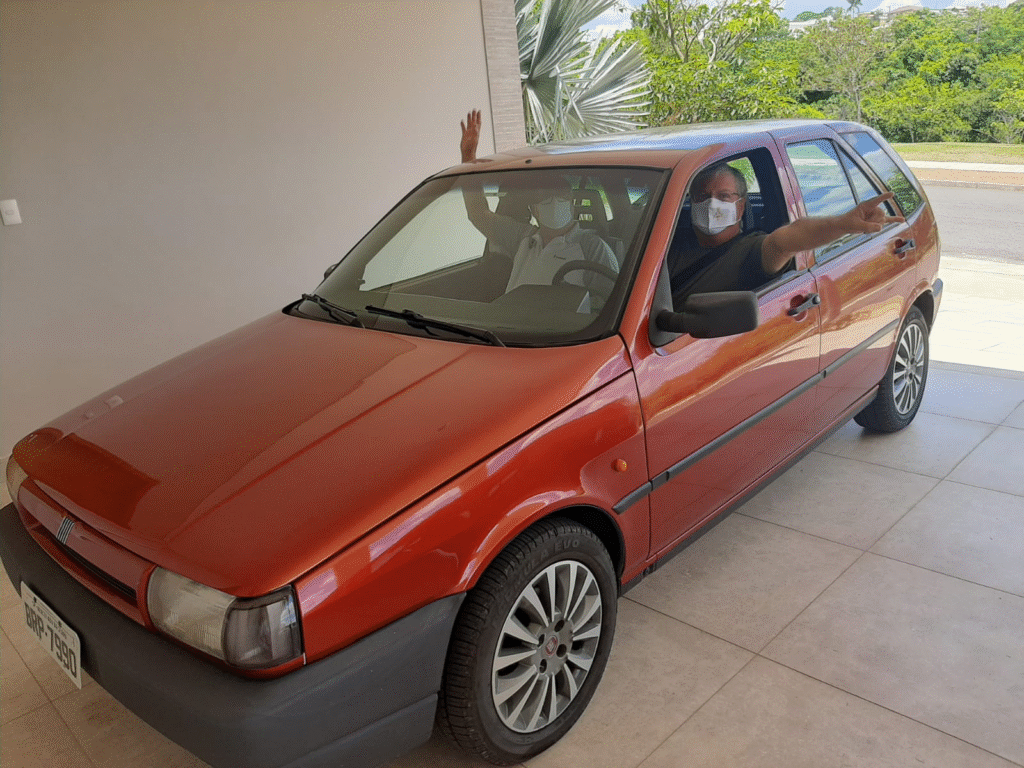
Walking around in a vintage FIAT TIPO, 2021

Mom Carmen (1933-2022)
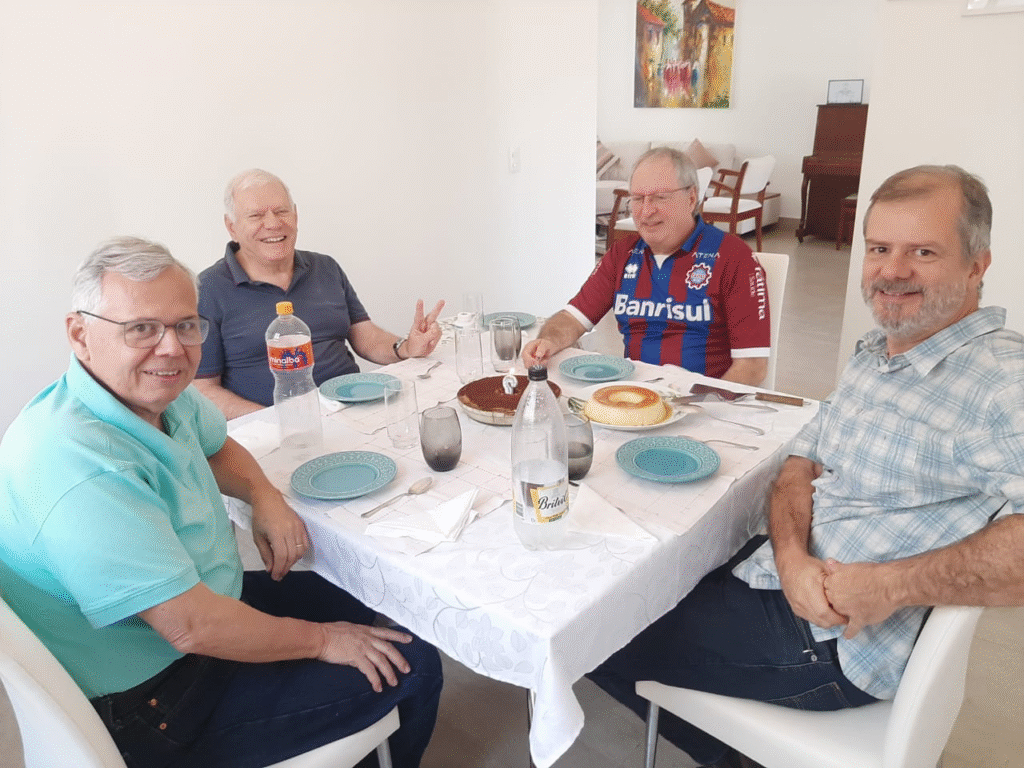
At home (2024). Professors Edvaldo (front left), Flavio (front right) and Jorge – my PhD advisor (left)
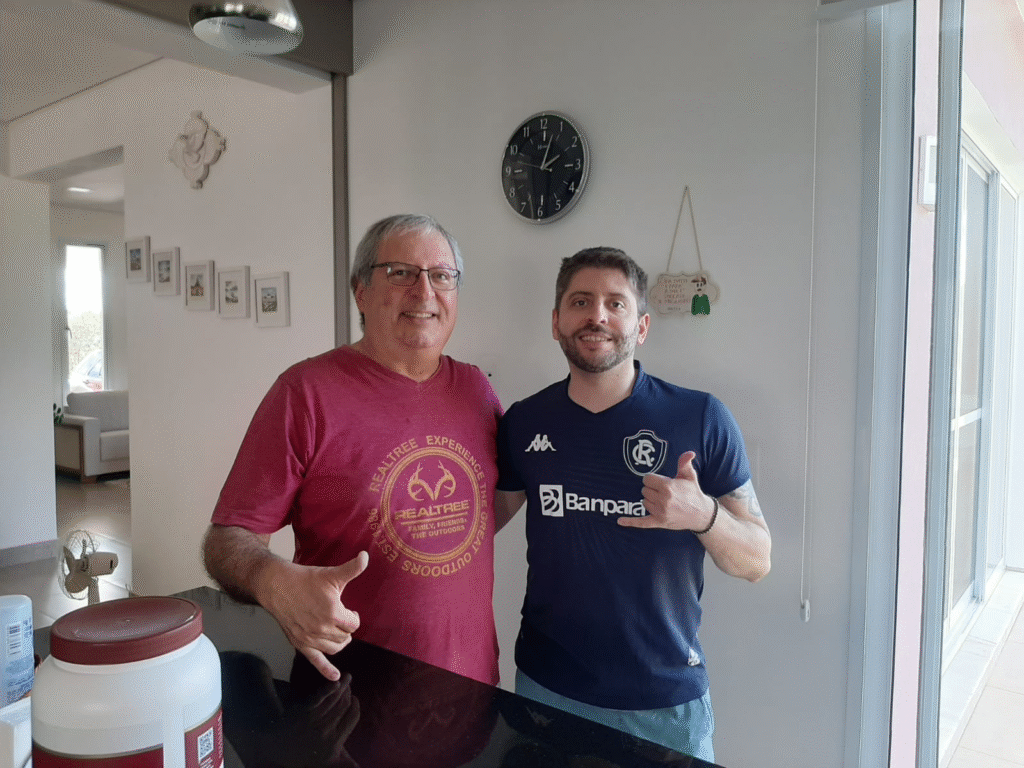
With Andre (2025)
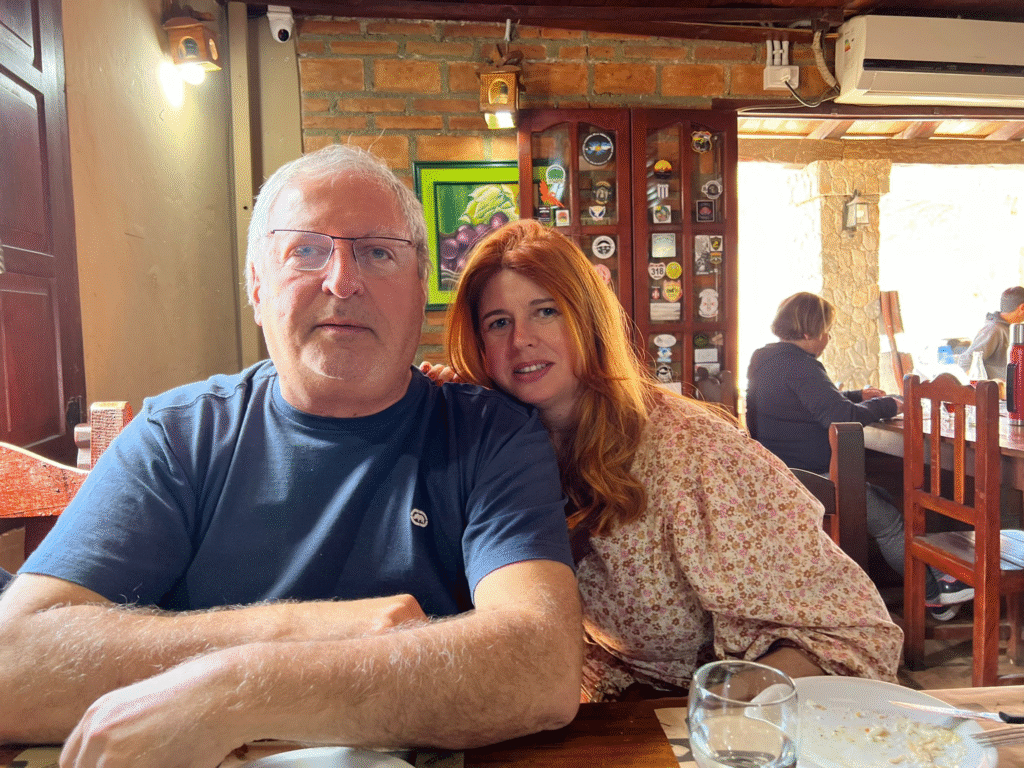
With Christine in Salta, Argentina, 2023.
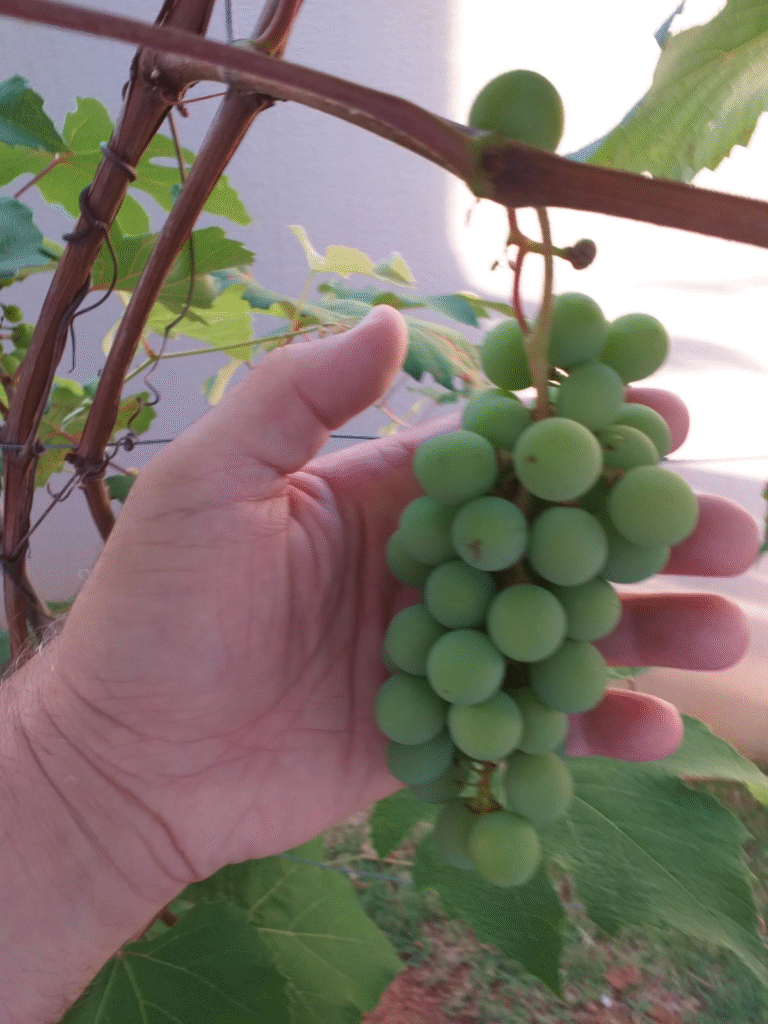
first harvest of Niagara grapes at home (2021)

Frabizia with Red Cross nurses colleagues (2021)
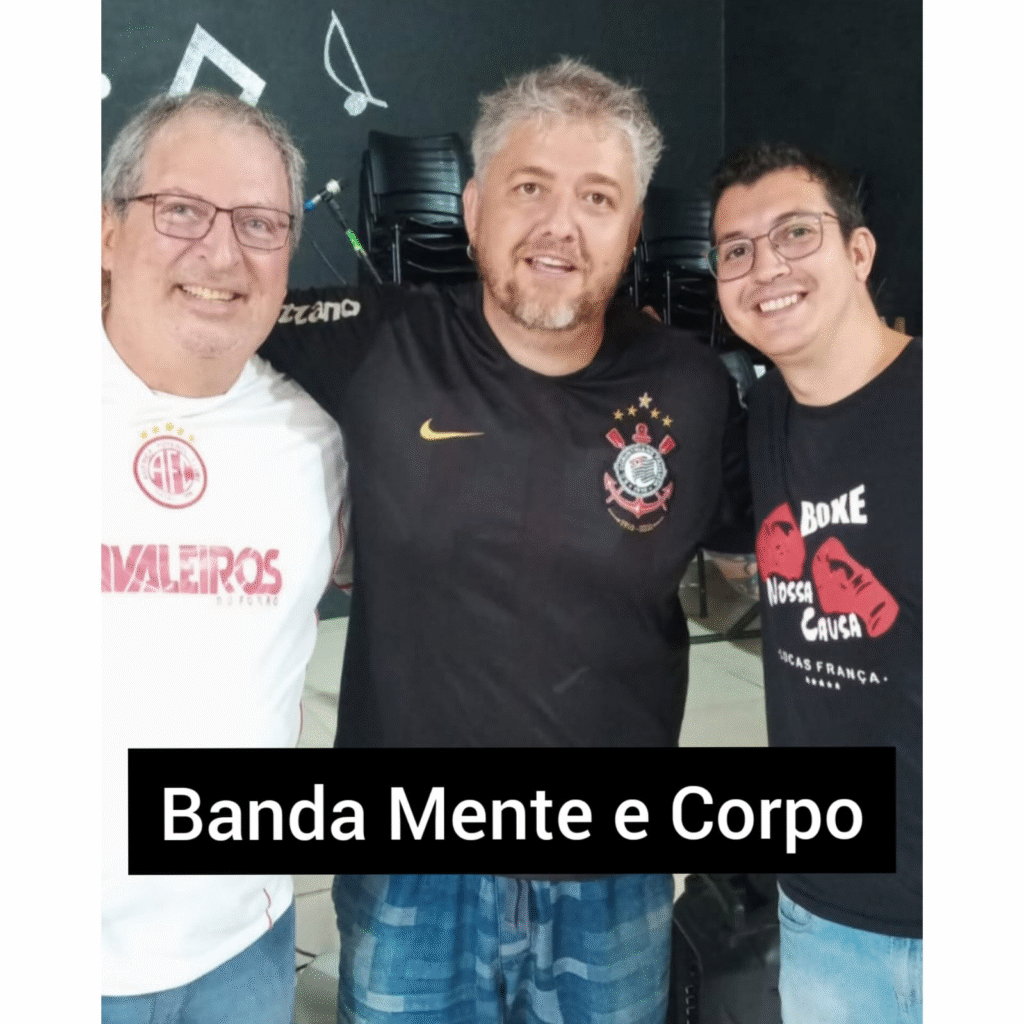
with Shina (guitarman, center) and Anderson (drums, right), 2021
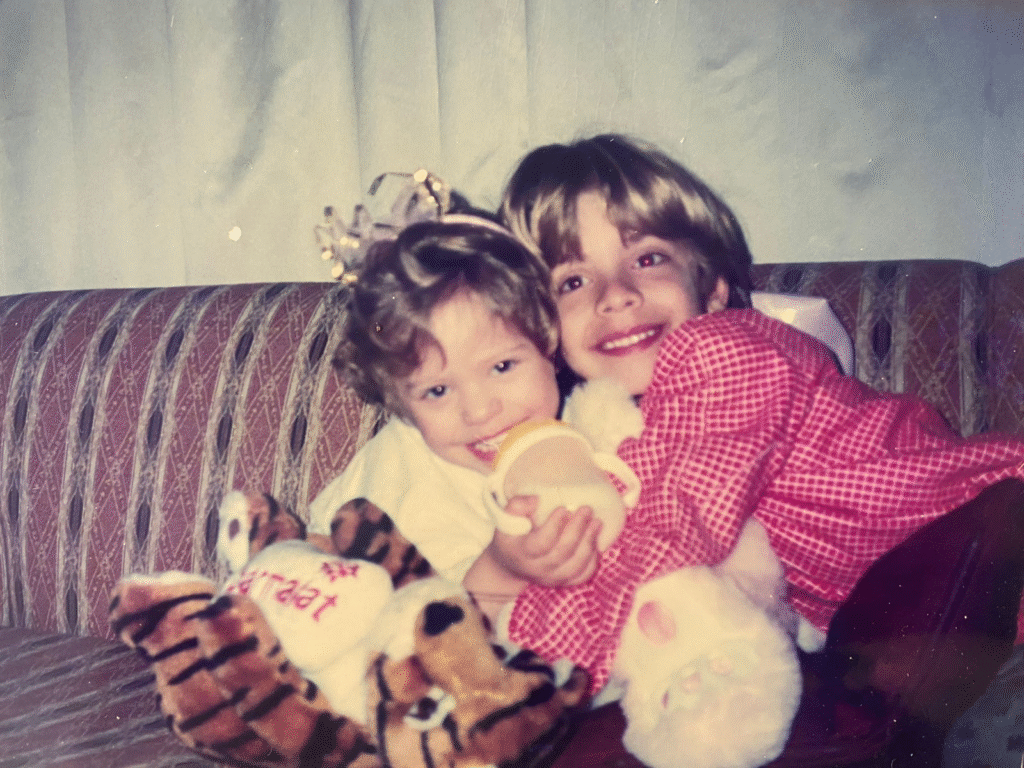
Fabrizia and André (1996)
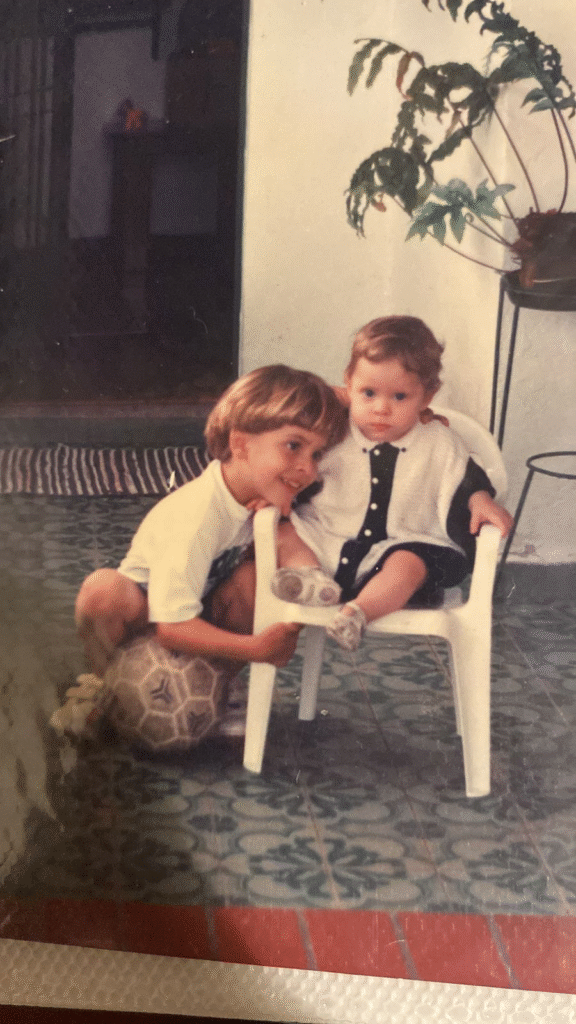
André and Fabrizia (1996)
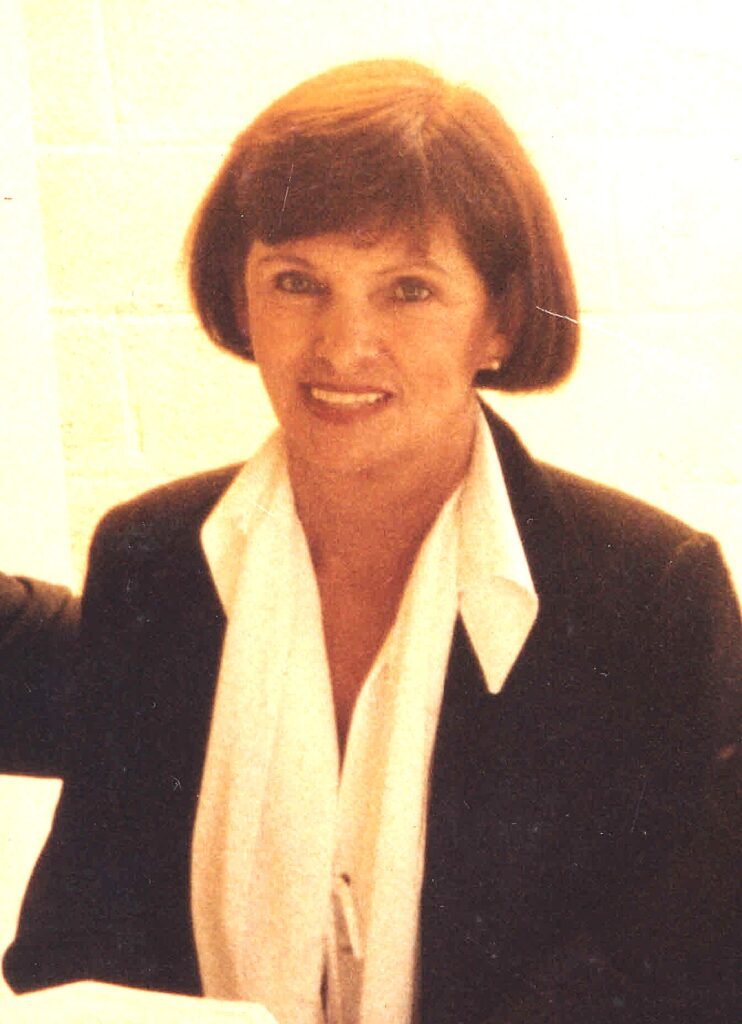
Mommy at age 70!

Conan and Fabrizia (2004)
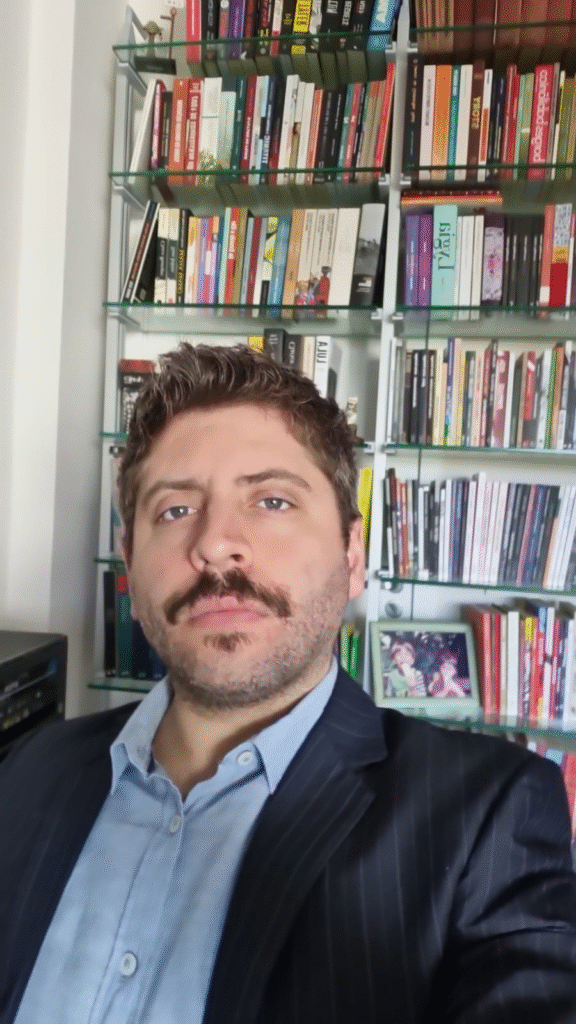
Andre, writer, 2022

Fabrizia, 18 years-old, 2013.
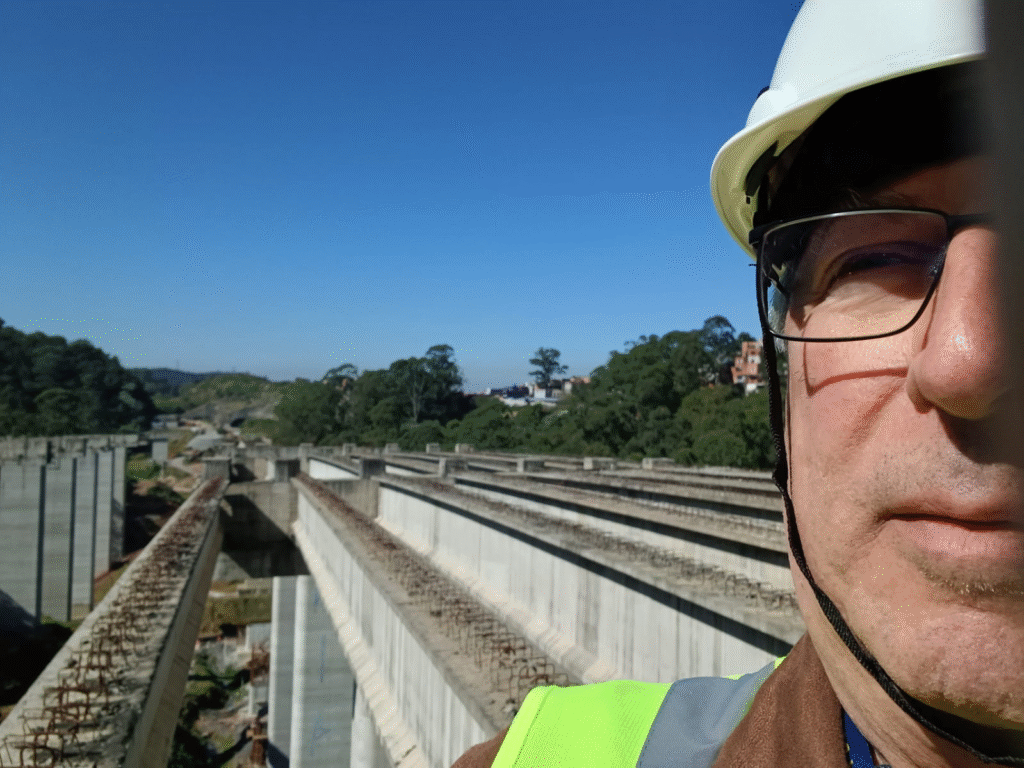
Bridge inspection at North Metropolitan Road Ring expansion (2025)
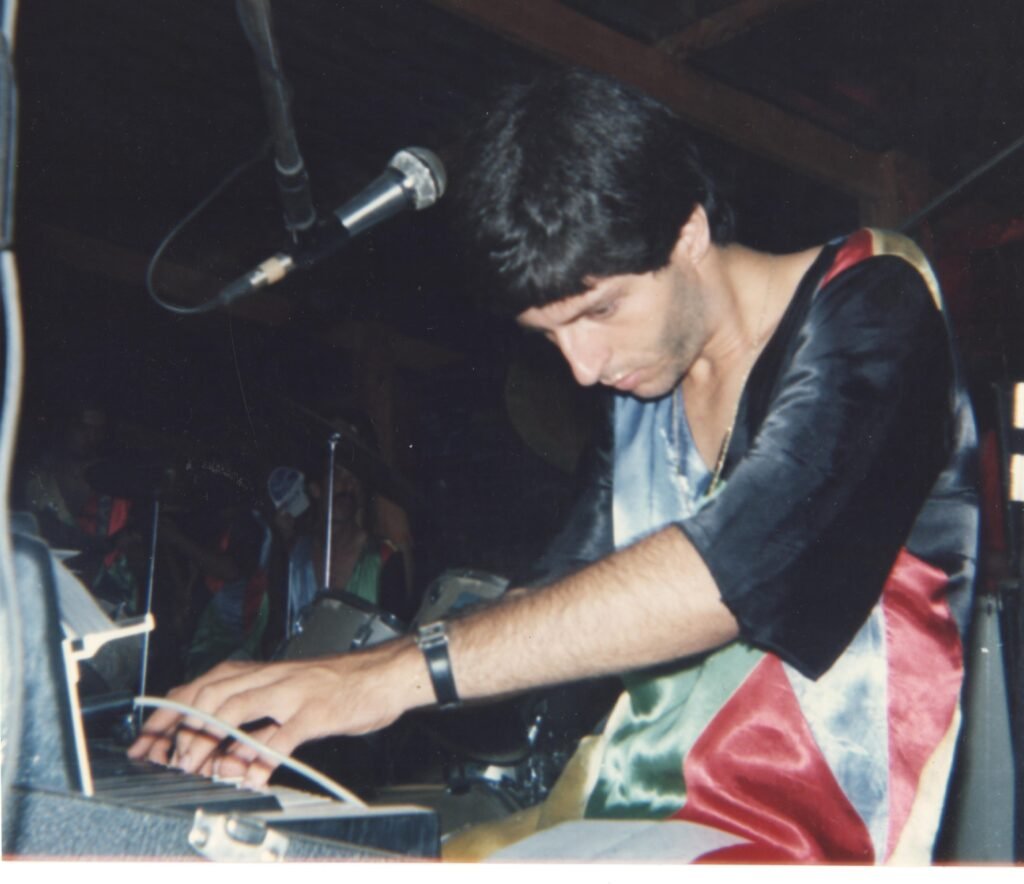
Tropical Super Band, pianoman (Rhodes 73 Mark II), costume party, Country Club, 1981 (Read the short tale!)
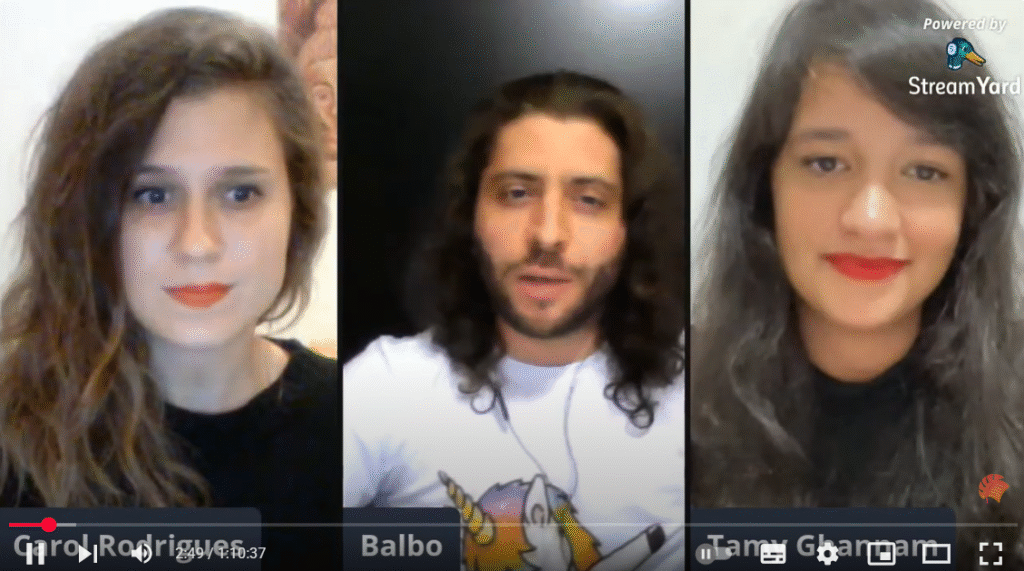
Interview for the launch of the book “Now I Can Believe in Unicorns” (https://www.youtube.com/watch?v=A_n39H4cnag)
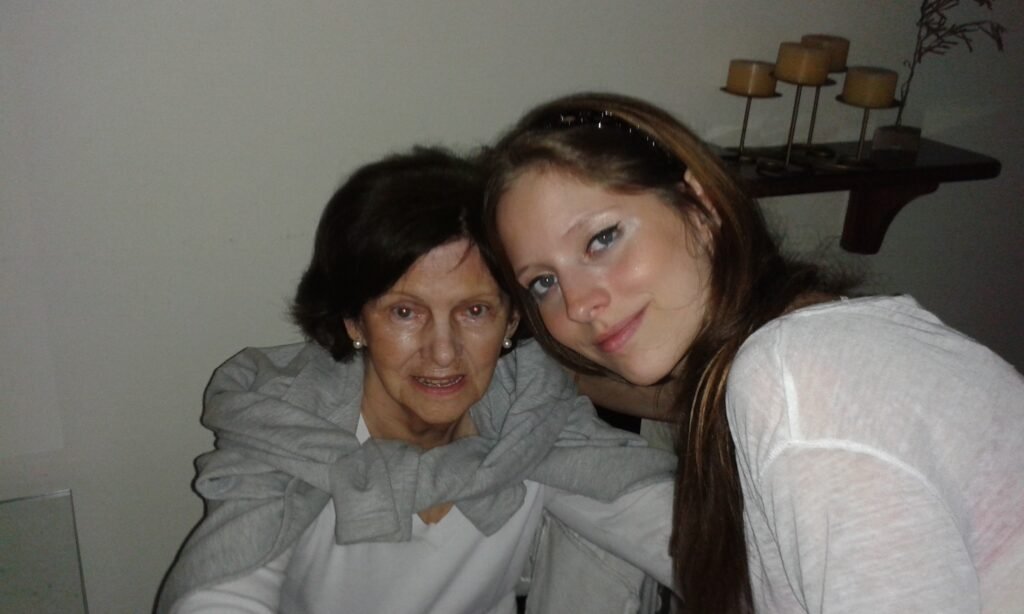
Mom Carmem and Fabrizia, 2019
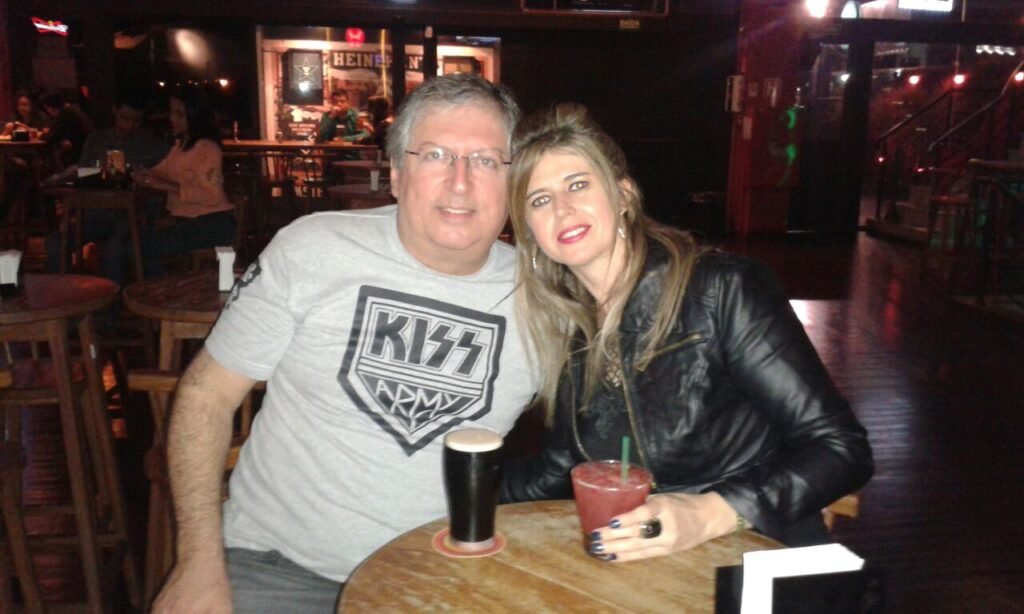
Christine and me before rock bands performance, 2012
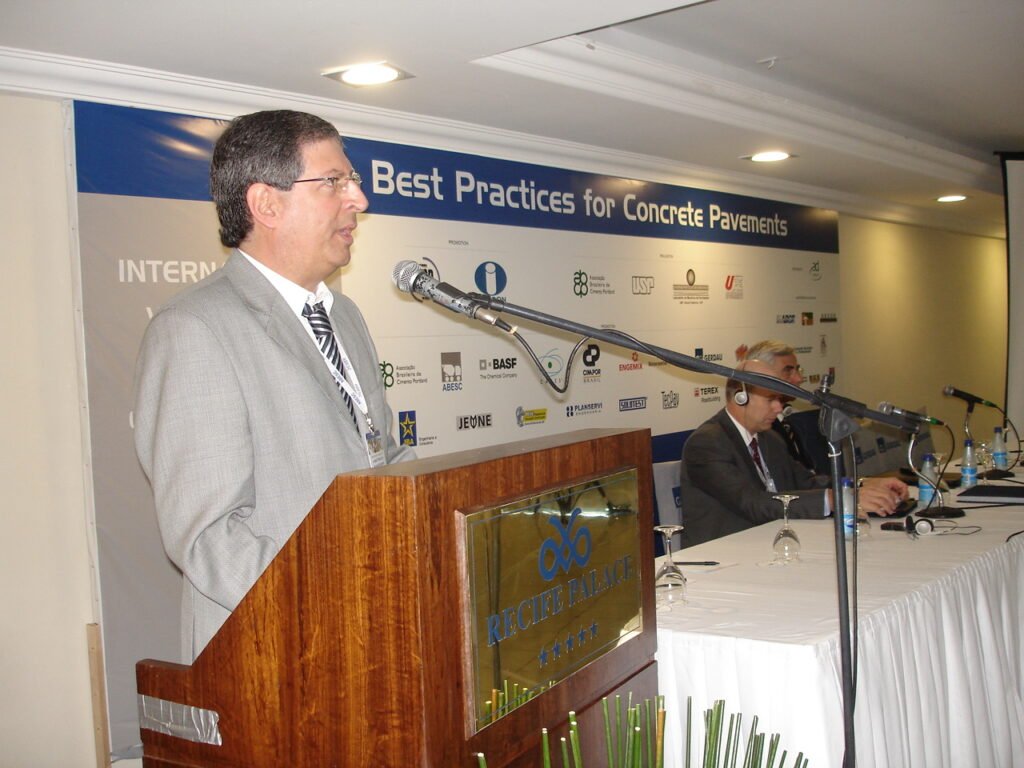
Opening Conference in Recife, 2007
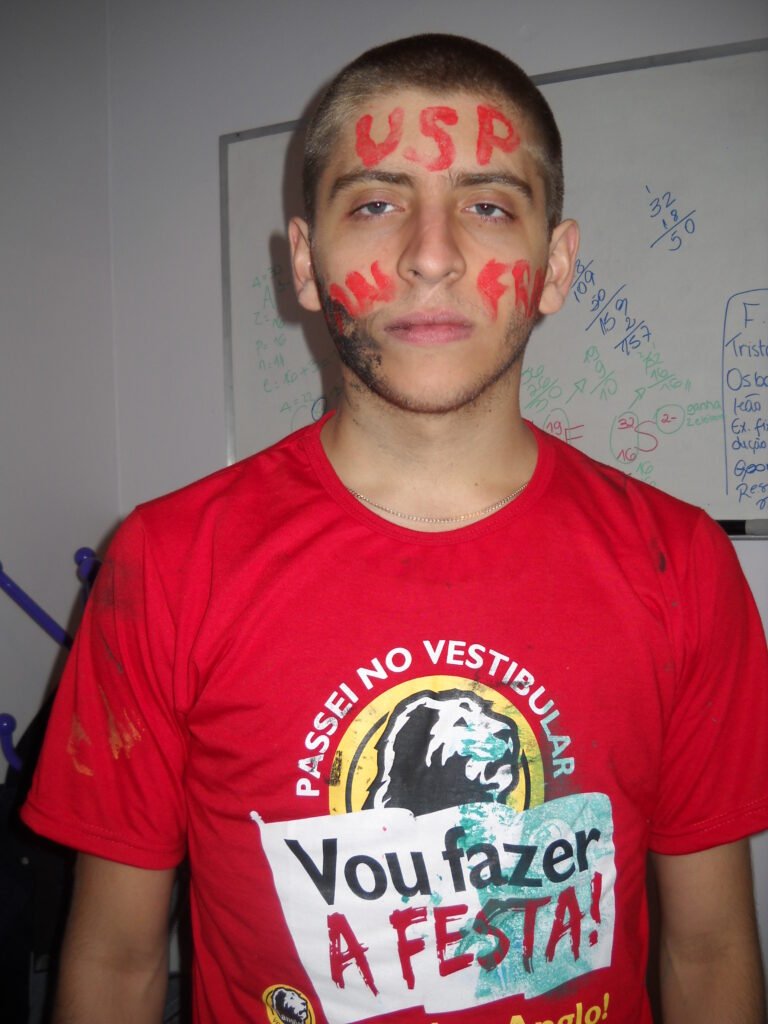
Andre, first day at Law School, 2011.
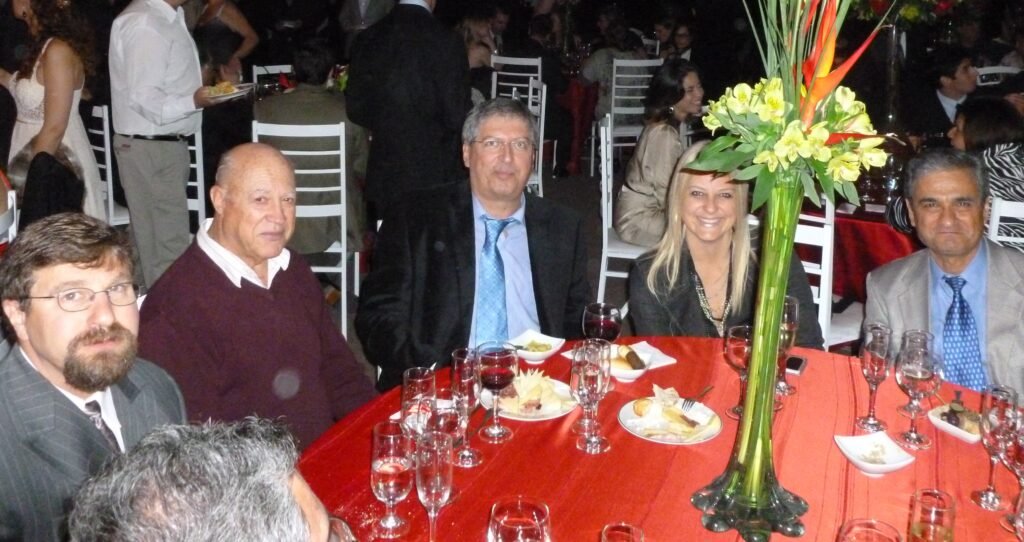
Concrete Pavement Intl. Conference, Florianópolis, 2011: Left to right: Lev, Cernew, Joe, Vanessa, Jamishid

Christine and me in an Alagoas beach, 2012
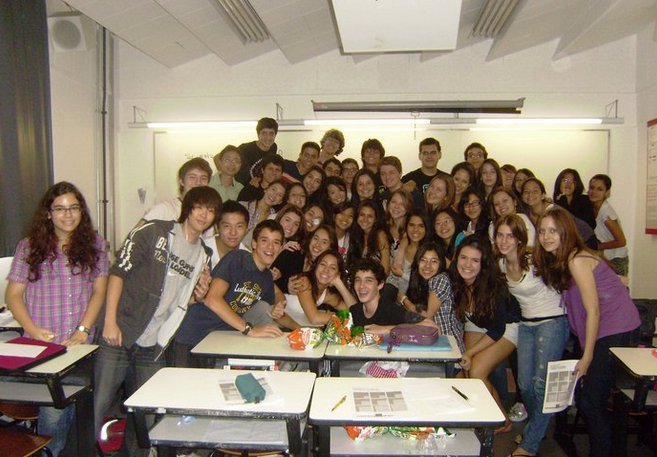
Fabrizia along with classmates, 2012. (first line, the last at right)
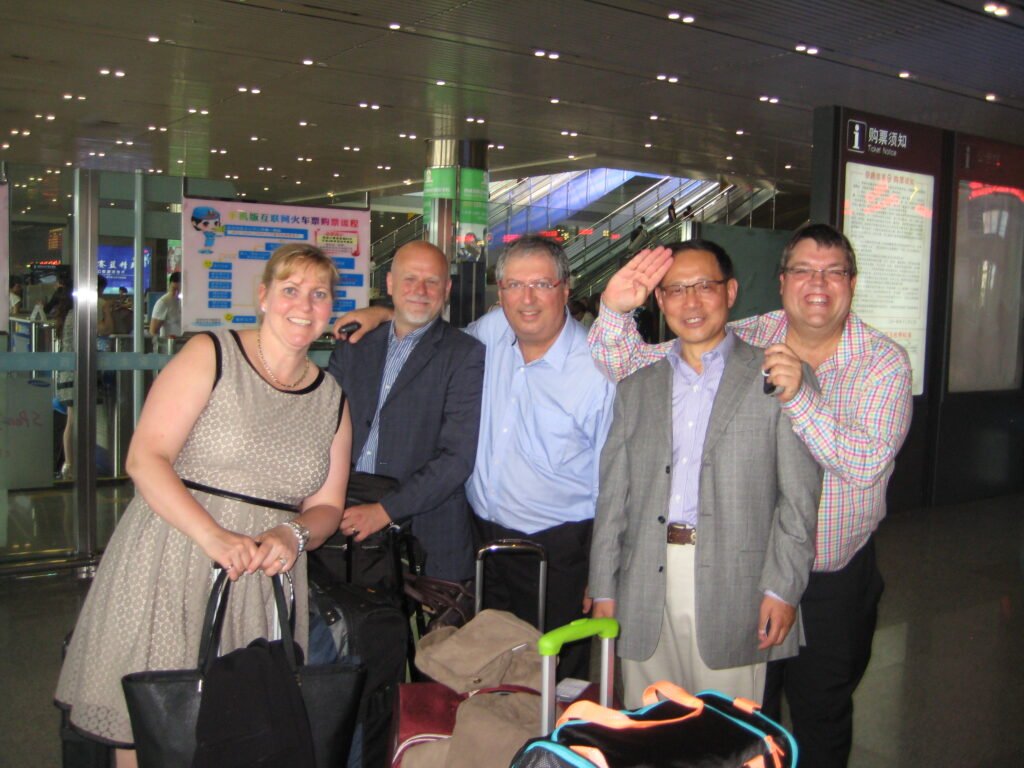
Visiting China in June 2016. At the trains station to take a High Speed Train to Shangai from Zhengzhou Henan Province (1,200 km in 230 minutes!). Left to right: Susan Tiger, Emanuele Toraldo, me, Ningyuan Li and Theuns Henning
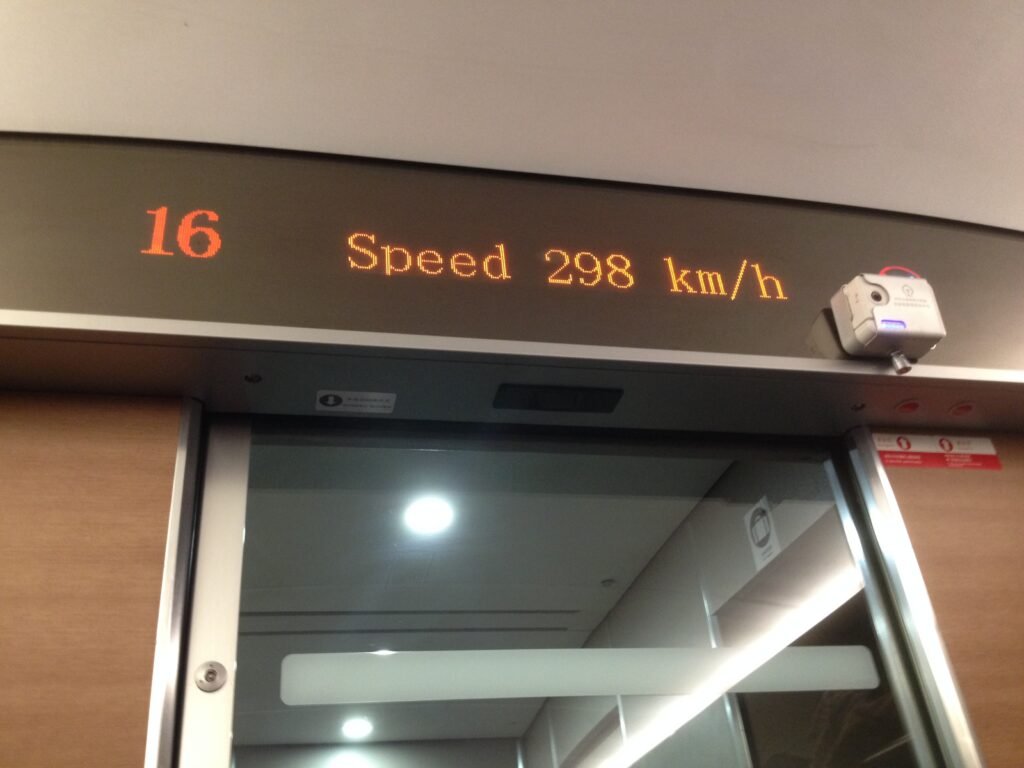
Inside the train cabine.
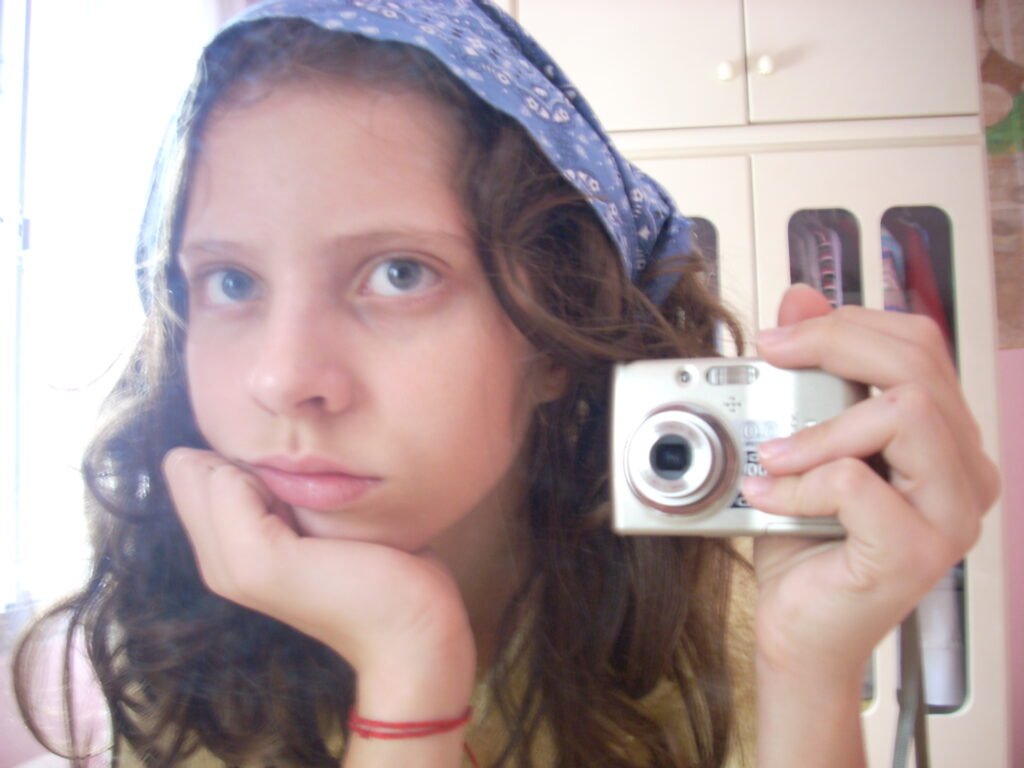
Fabrizia, 12 years-old, 2007
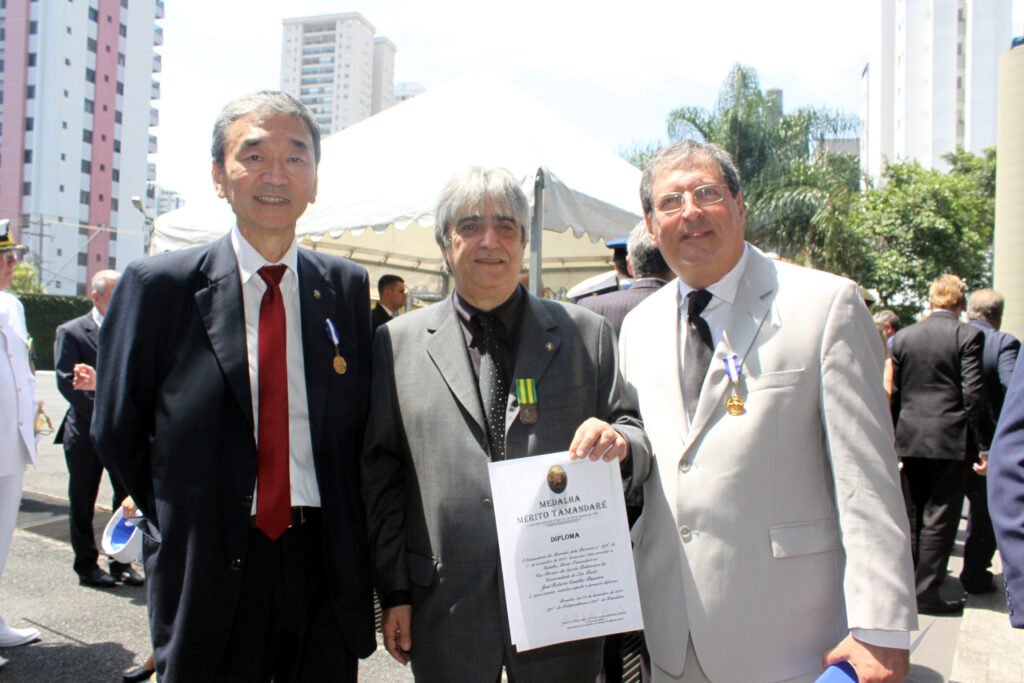
“Friends of the Navy” commendation, 2011.
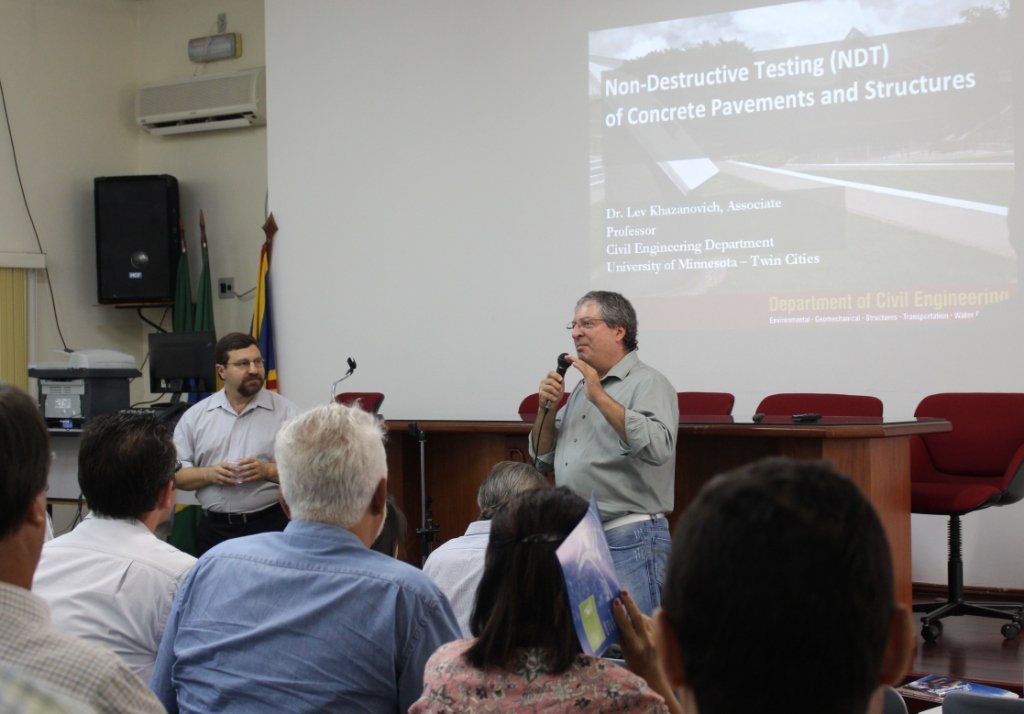
Introducing Prof. Lev Khazanovich lecture in Campo Grande, MS, 2014.
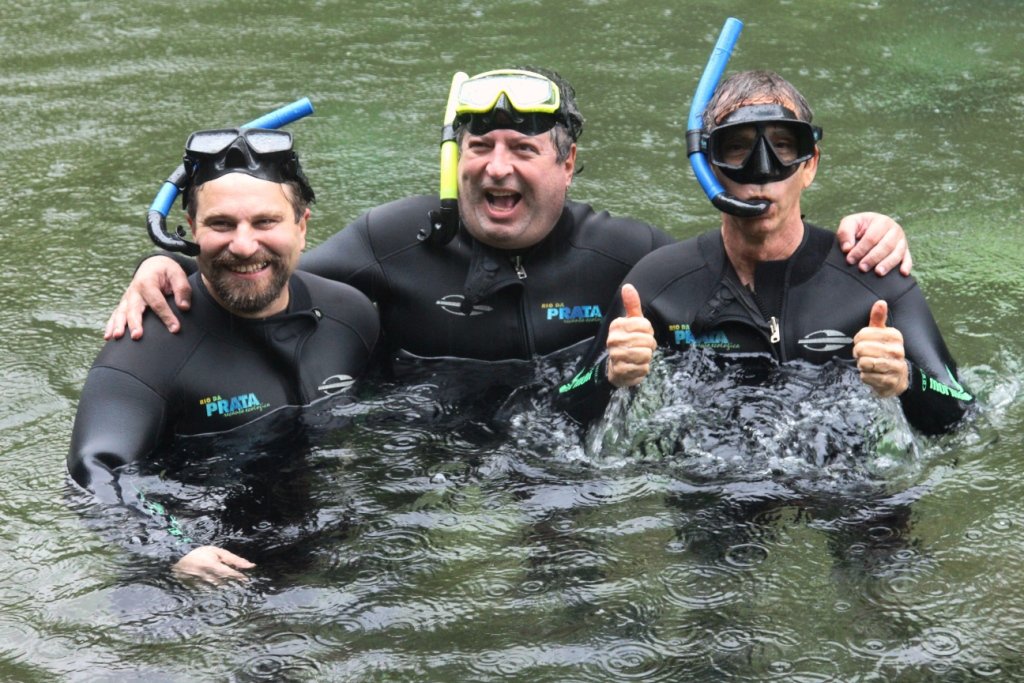
Diving in Bonito, MS, 2015.
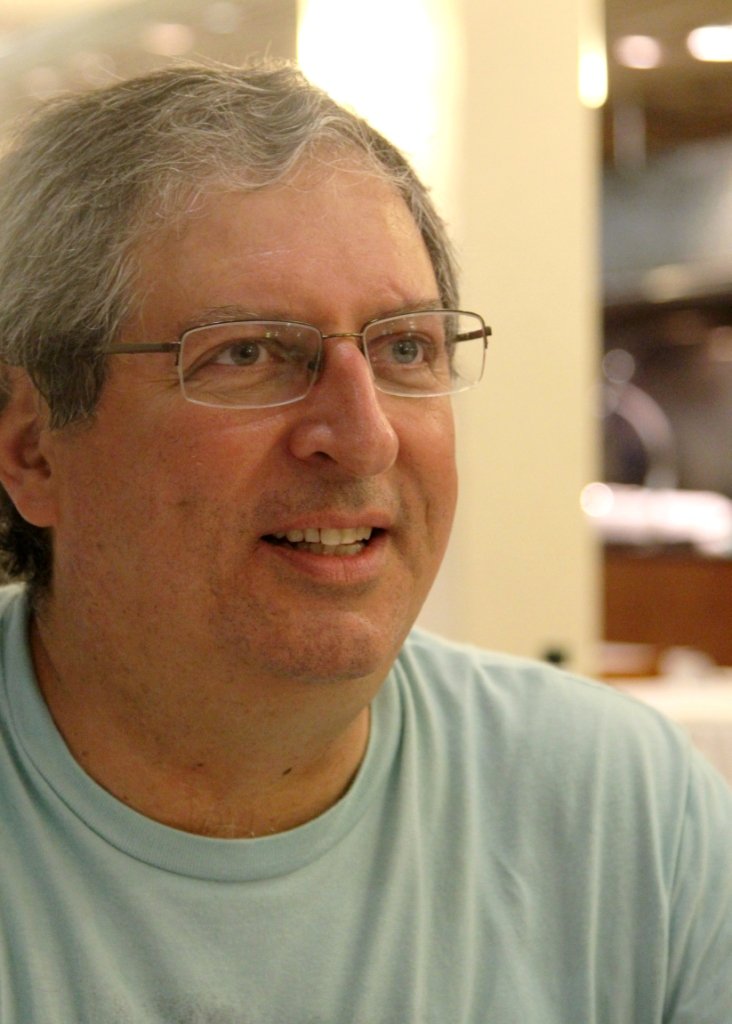
Watching a Memphis Grizzlies NBA game in a PUB, season 2012-2013. THe half-time show was somewhat amazing that day with the Grizz Girls performance (read the short tale ‘Lauren as if she was Bella!”)
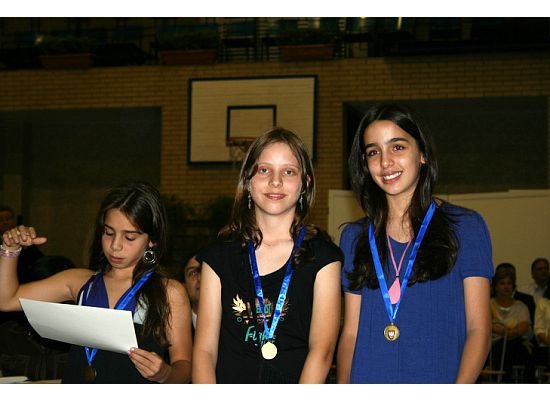
Fabrizia, school outstanding student award, 2006.
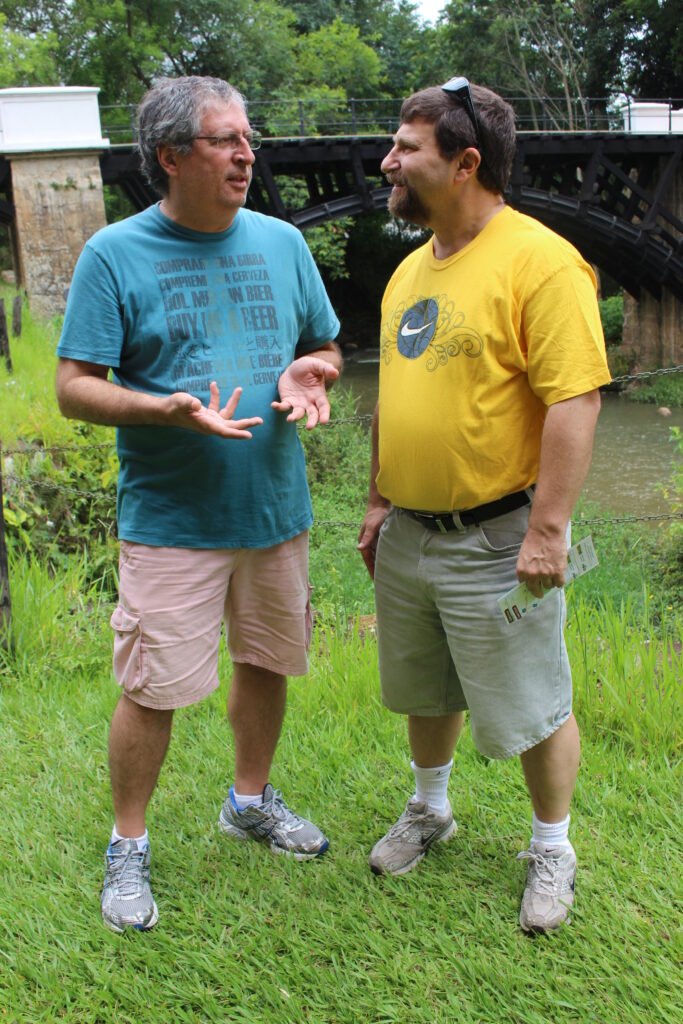
Talking to Lev (University of Minnessota), Fazenda Nacional de Iperó, 2014.
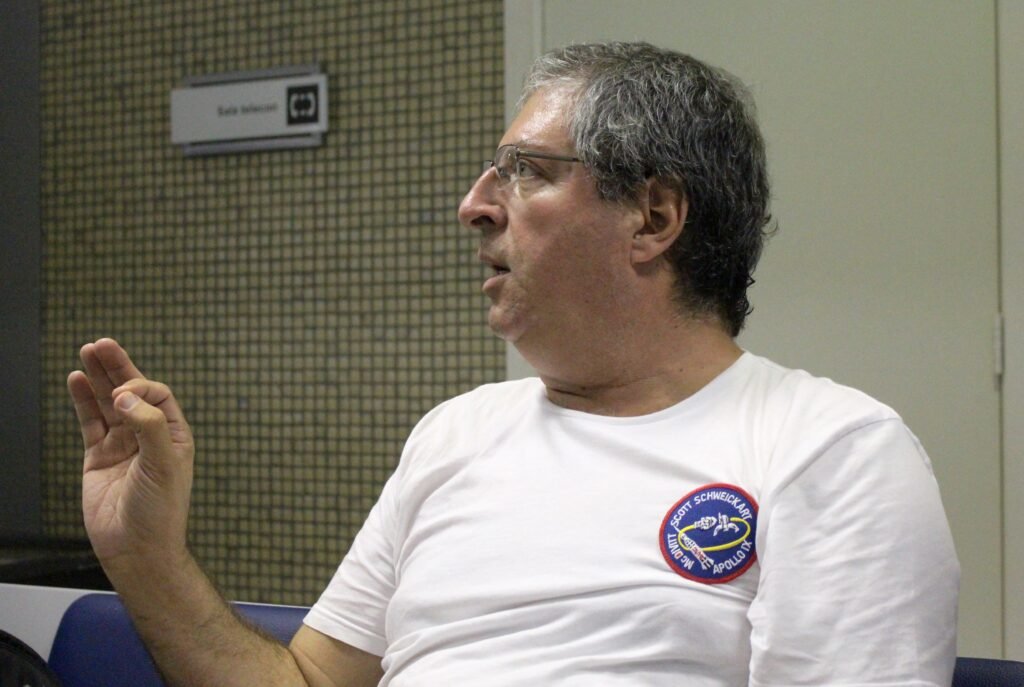
Talking to friends after the ballot results for the presidency of the International Society for Concrete Pavements, Maryland (USA), 2013. I’ve lost the election by 7 votes favorable to the Pakistani candidate (score 49-42). I got almost all European votes (quite graspable) and my oponent got almost all American votes. To got the majority of European votes was not the surprise; however, the oposed American’s articulation, according to reliable American sources, aiming to defeat me, was greater than Roselvelt efforts when he tried to pack the Supreme Court during the 30’s. My European colleagues in the society haven’t said a single word about the electoral mess orchestrated by the Chicagoan. I know well the behavior of Western Continental Europeans, who don’t open their mouths when they don’t have something constructive to say – real diplomacy -. And they’ve known the Yankee style for a long time. The discomfort with my candidacy became clear to me, months before in DC, during a private conversation with a former president of the society, who, surprised by my intention, couldn’t help in a clever way, but say that “you know… the society isn’t very democratic…”. This was nothing new to me, however, as I am familiar with their deeply rooted culture of insisting on majority voting rather than proportional representation as Europeans do in social democracies.
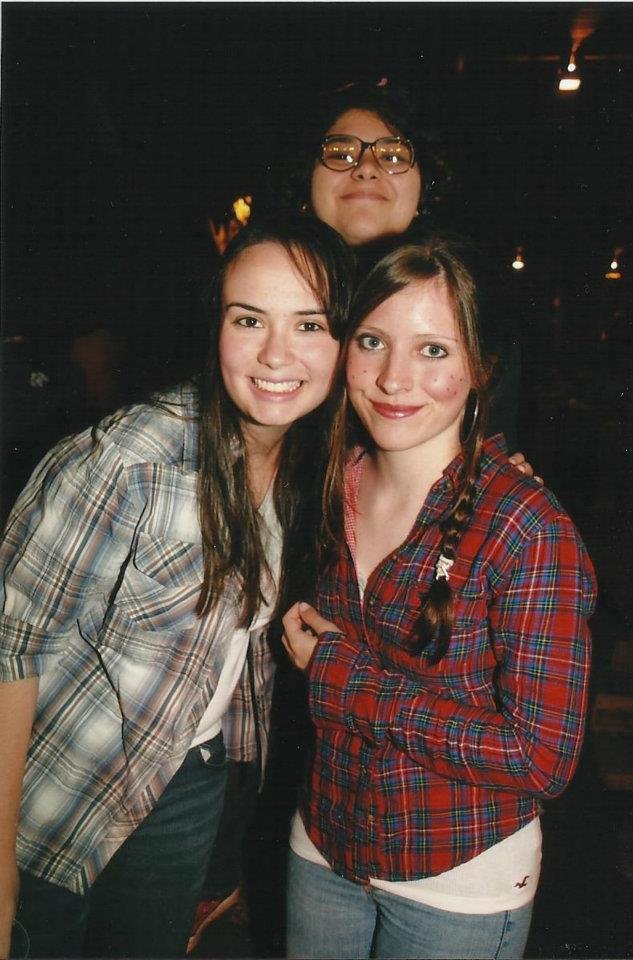
Fabrizia (in red shirt) and friends, 2014.
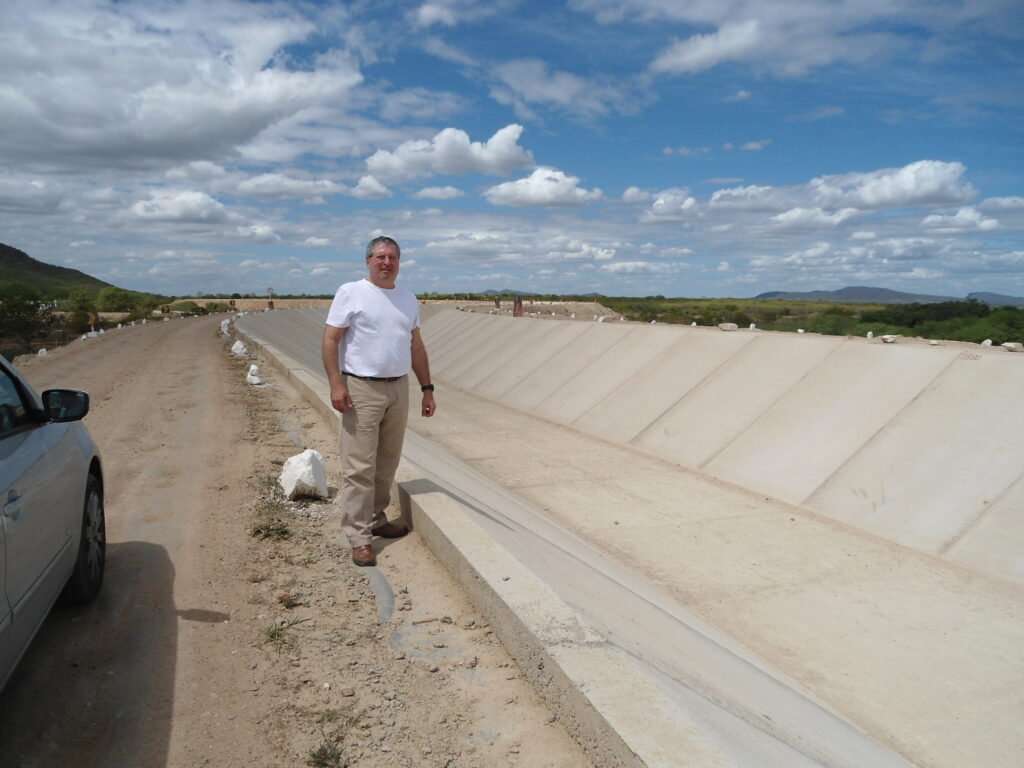
Visit (as consulting for earthworks and concrete cost analysis) of the Water Chanel of São Francisco River, Alagoas State, 2013.
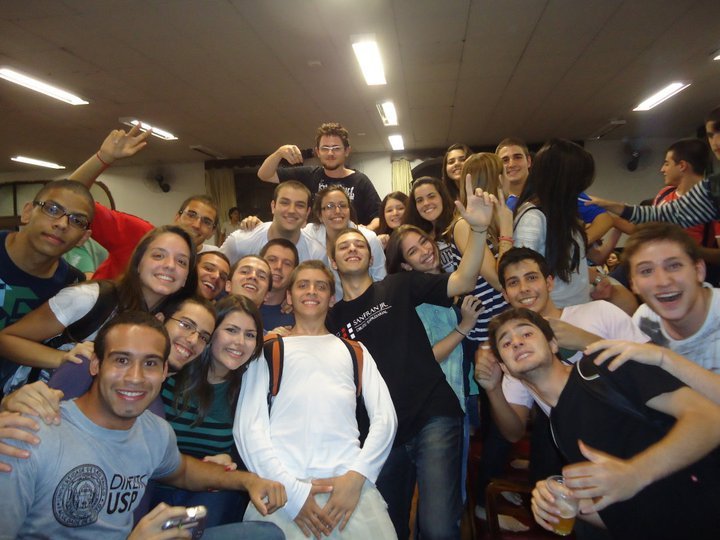
André (white shirt, center) and colleagues at first year of Law School, USP, 2011.
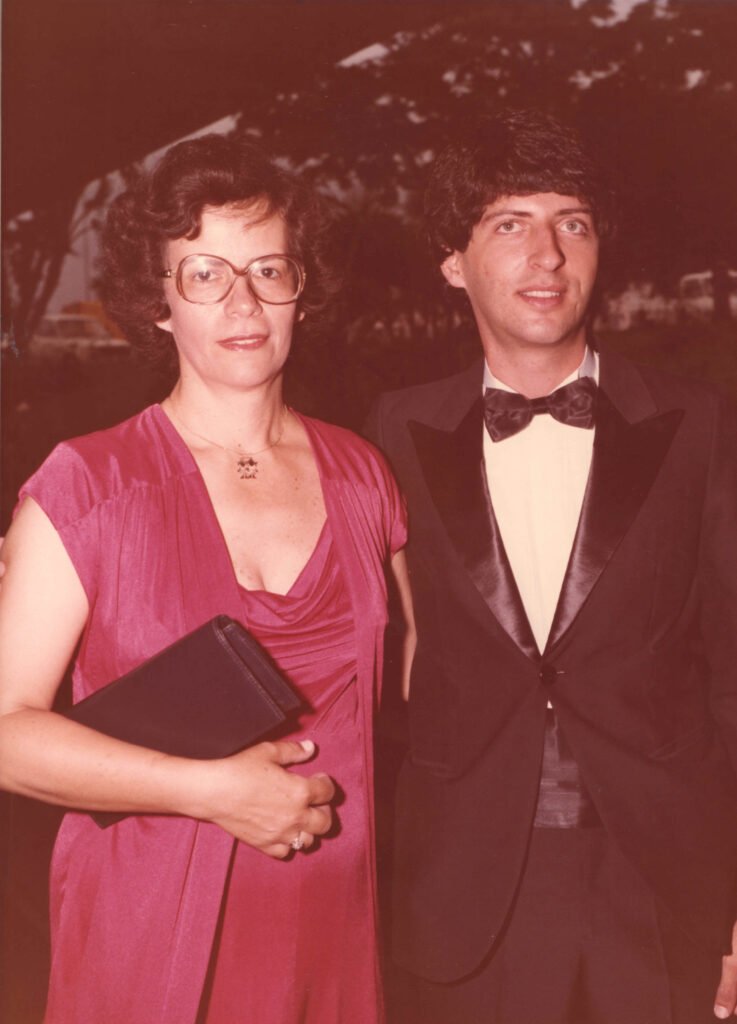
Graduation ceremony with my godmother, Rita de Cassia, 1983
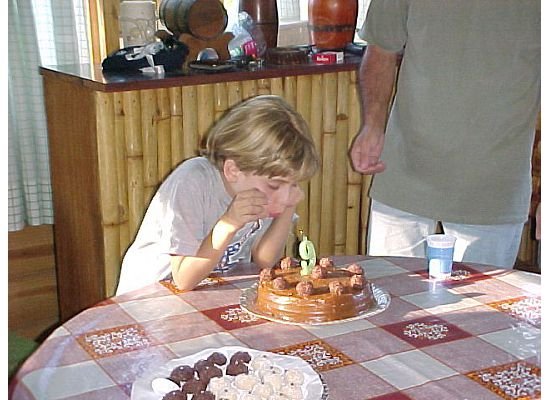
Andre birthday, 9 years, Gramado, Rio Grande do Sul (Just in case if somebody believes he is brunet like me…).
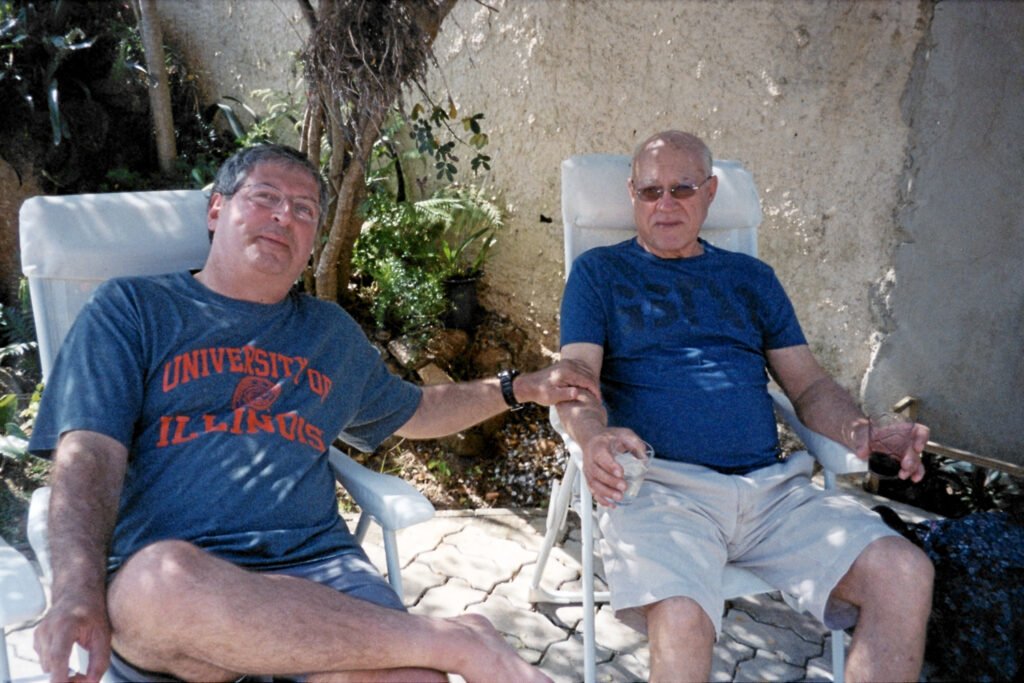
With my uncle Waldyr at Florianopolis, English Beach, 2011.
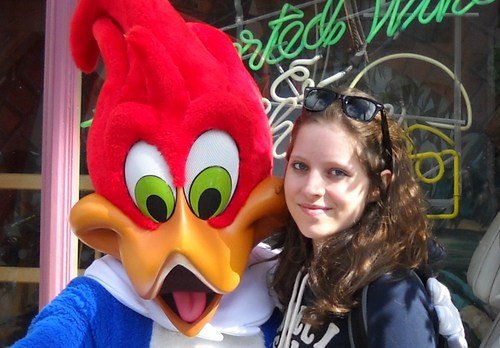
Fabrizia at Magiuc Kingdom Park, Orlando, 2009.
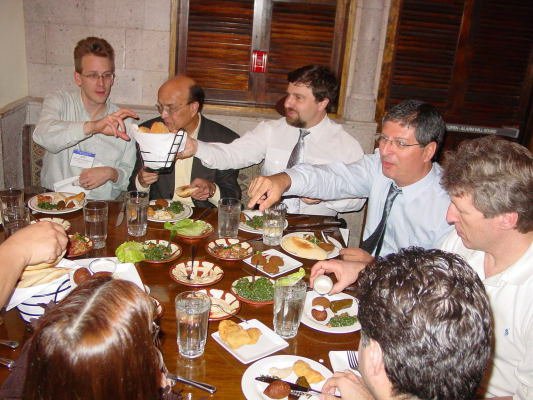
With American friends (professors) in Washington D.C., Lebanese restaurant close to Marriot Zoo Park, during the TRB Annual Meeting (2006).
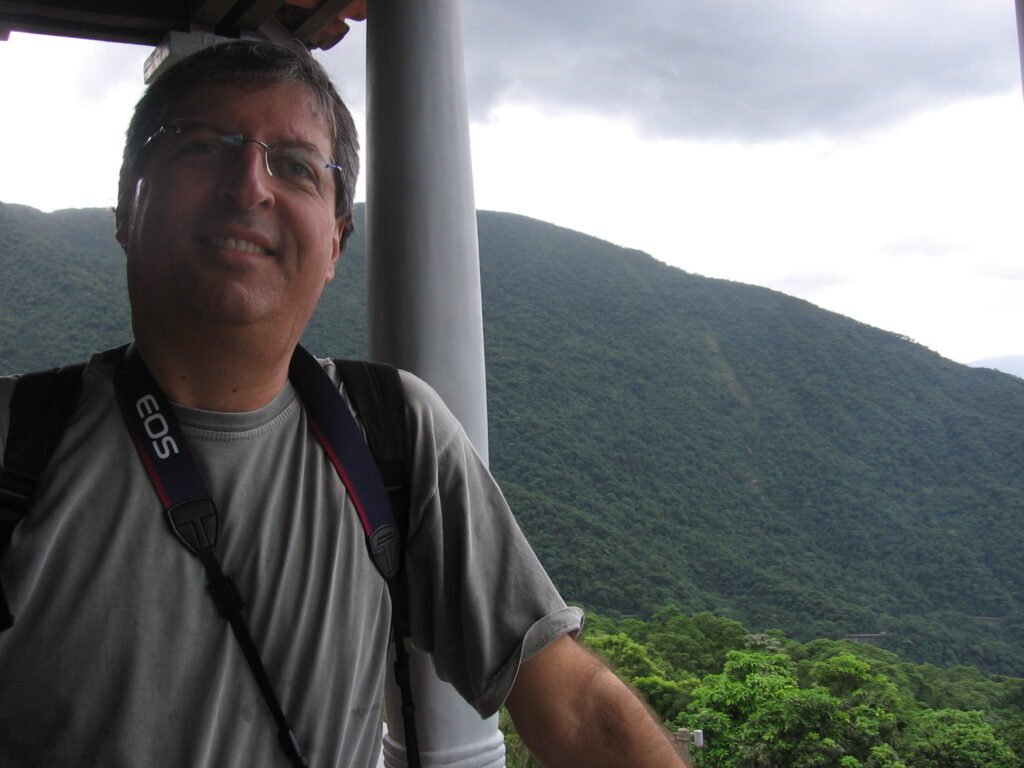
Sea Hill close to São Paulo, 2007.
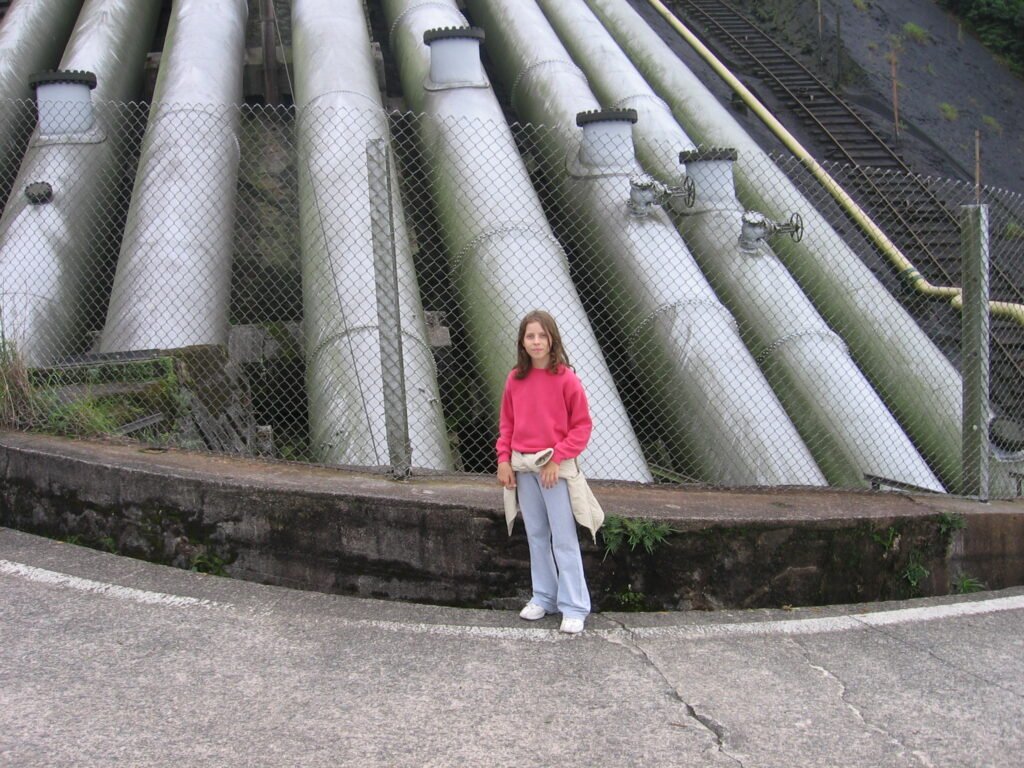
Fabrizia visiting the first concrete road in South America (1925), linking São Paulo to Santos harbor in 2007.
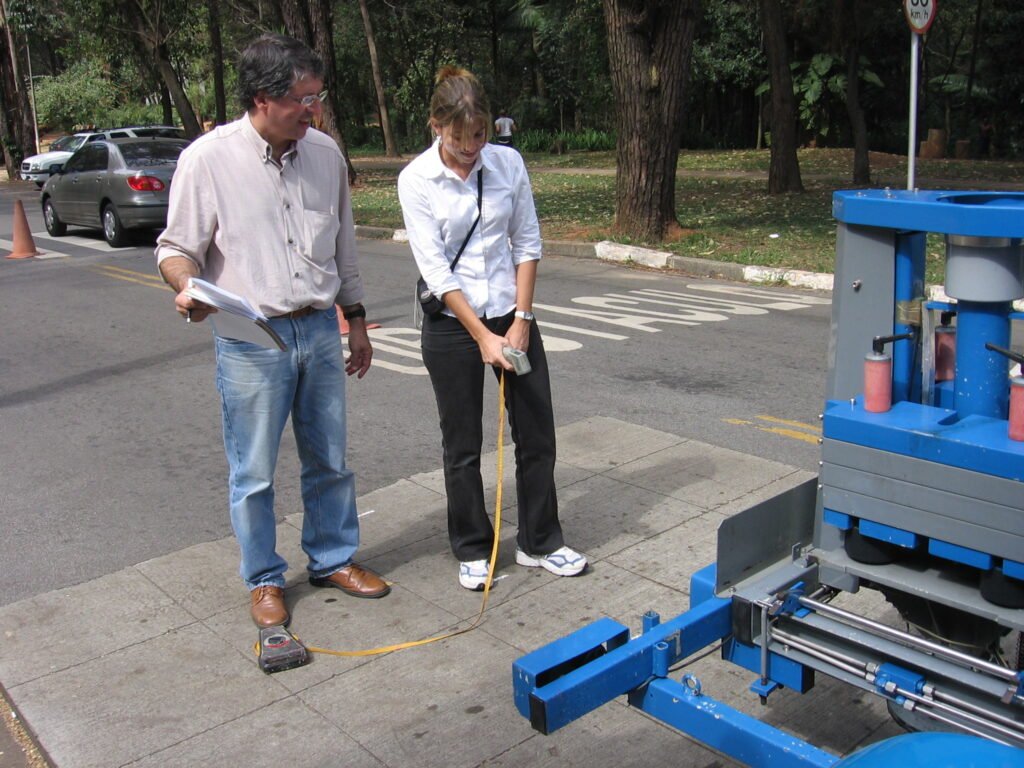
Field tests with a master student, 2006.
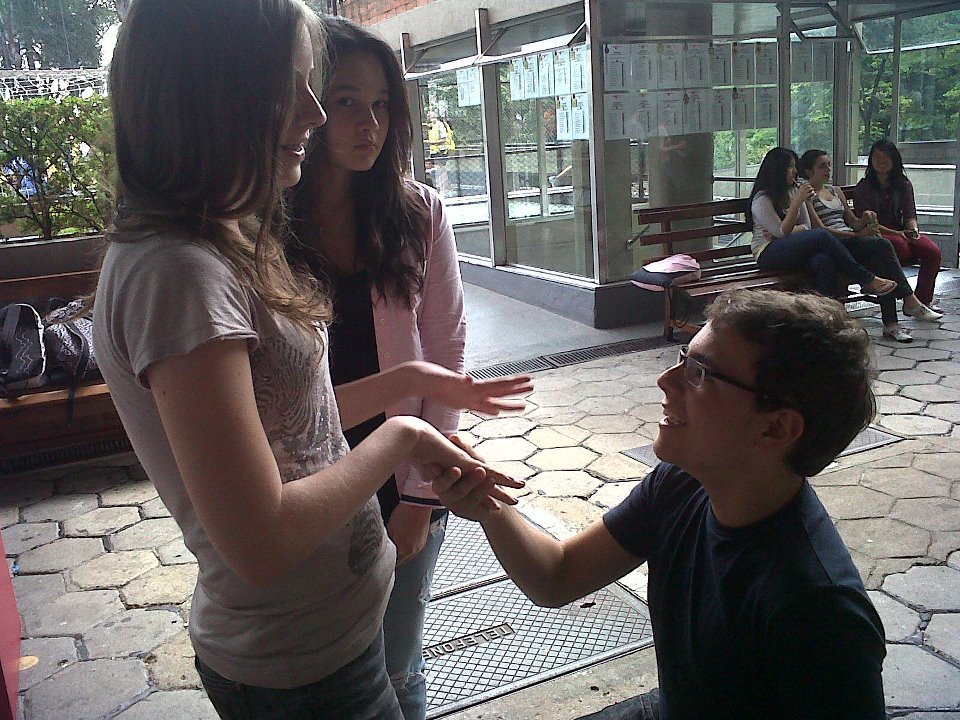
Fabrizia listenig to a wedding proposal when she was 16 years-old.
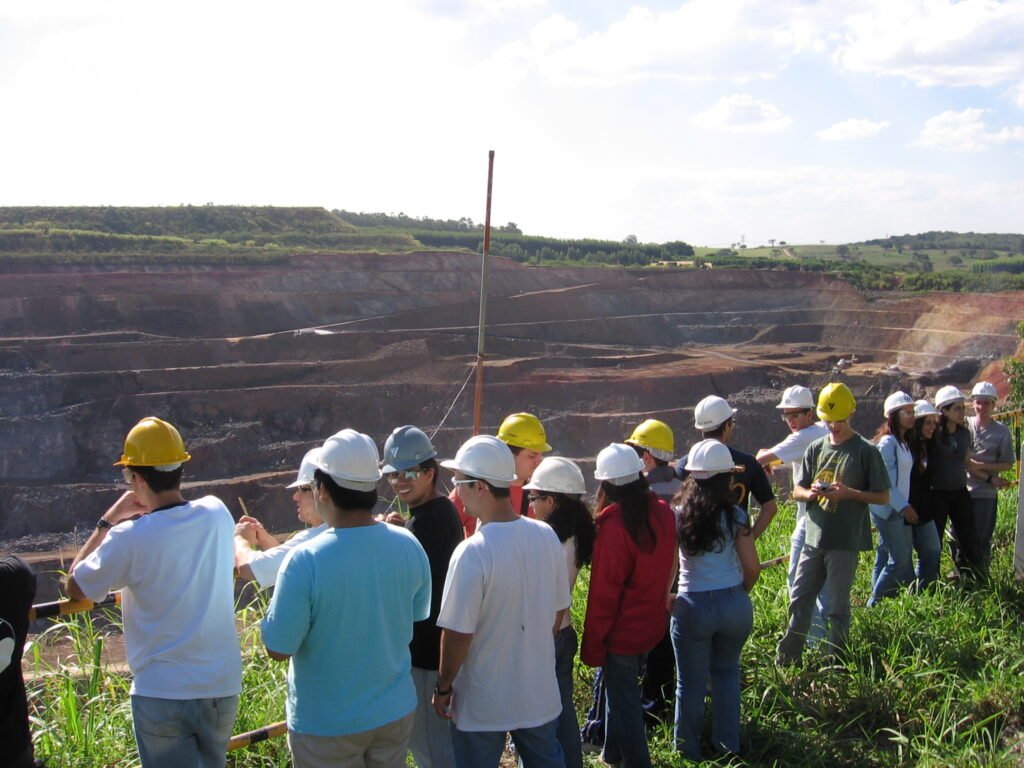
VIsit to a lime quarrel by a cement plant with undergraduate students, Salto de Piarpora, 2006.
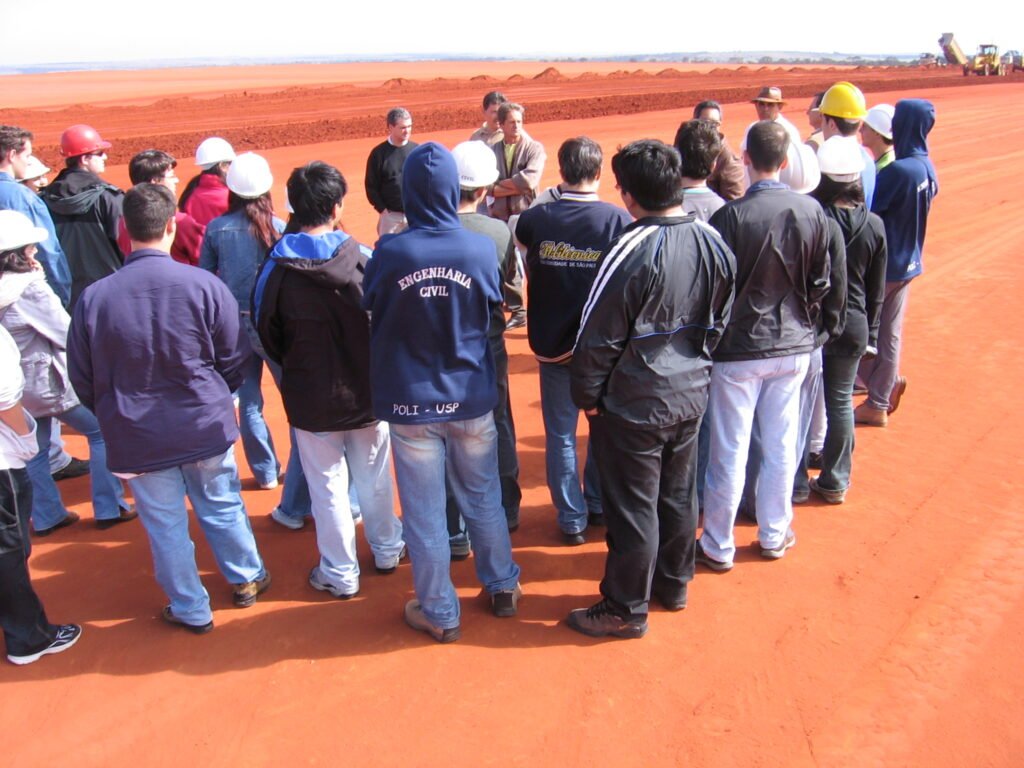
Visiting and airport construction site with undergraduate students, Arealva, 2006.
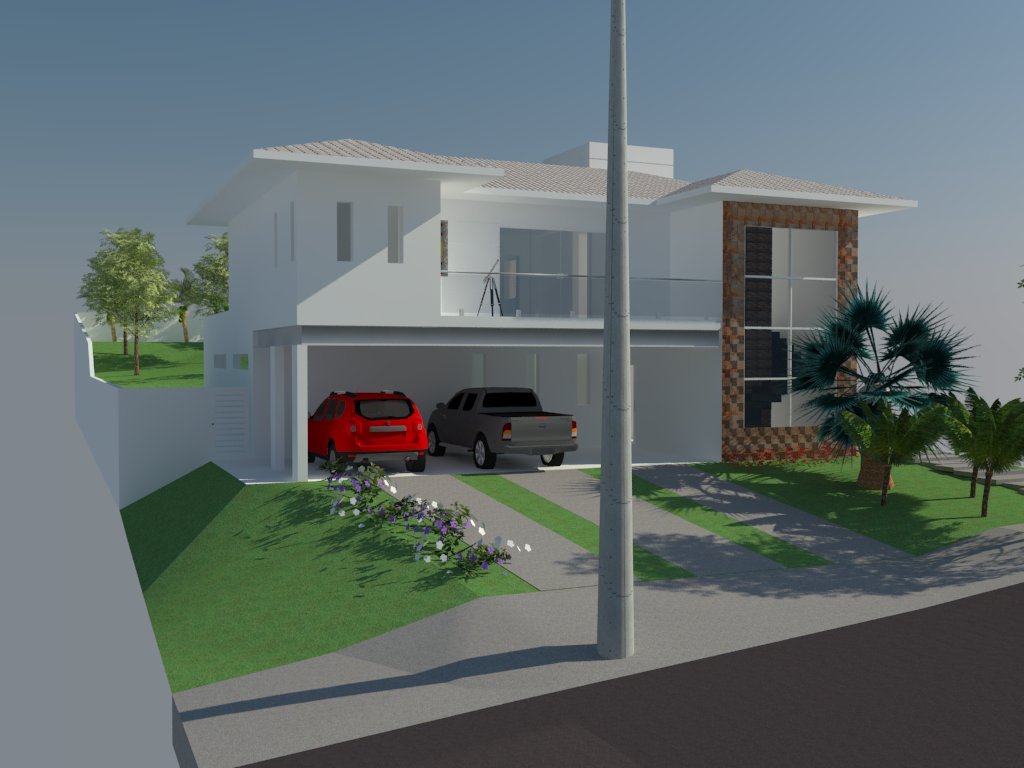
My house being drawed (my self-design) in 2016.
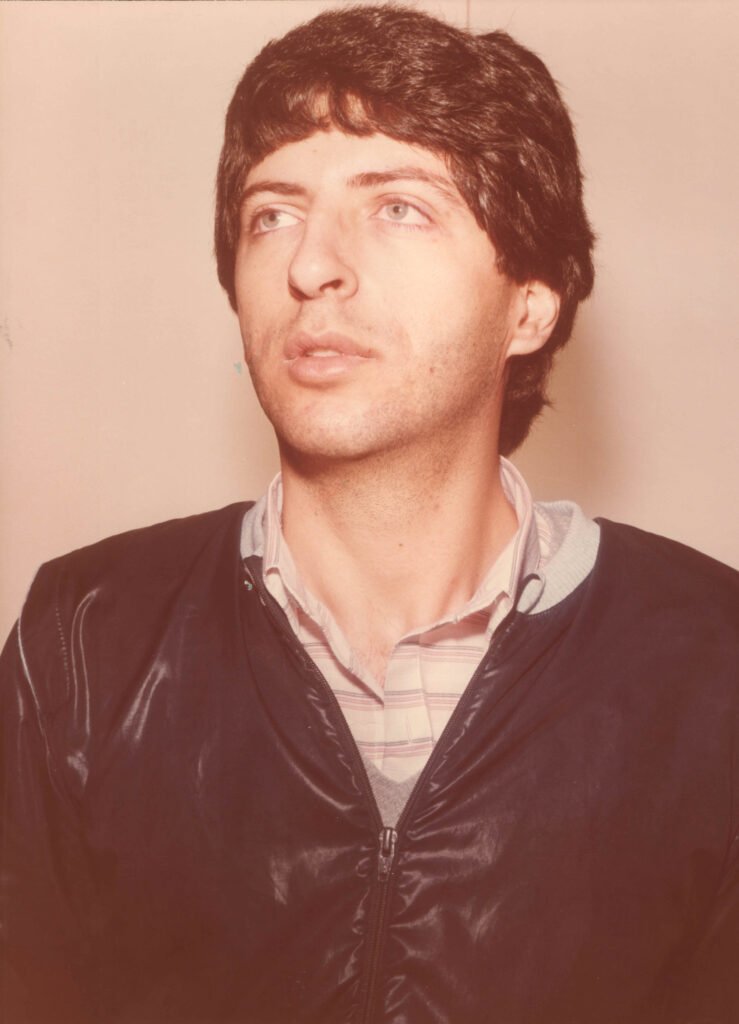
Last day as an undergraduate student in the civil engineering building of UNiversity of São Paulo in 1983. It had been five months since we had broken up (me with my – throughout my undergraduate studies – girlfriend). I was pensive because it had finally sunk in… I hadn’t had time to reflect on the matter during the last semester of the demanding engineering course at USP.
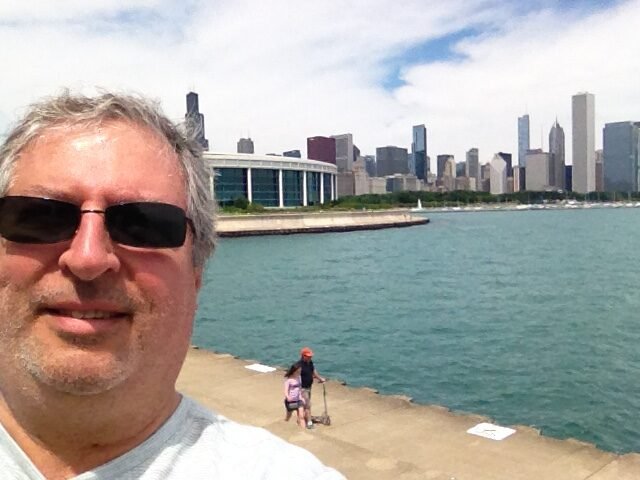
Working in Wind City, 2016.
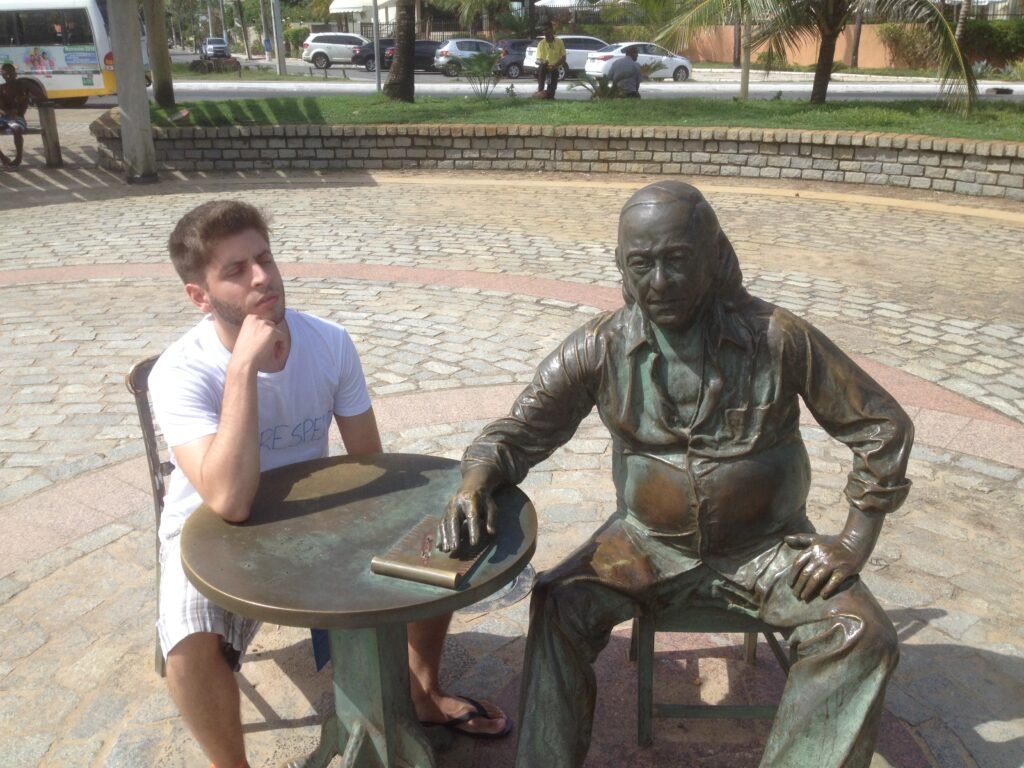
André talking to Vinicius de Moraes (diplomat, musician and composer) in Salvador, 2015.
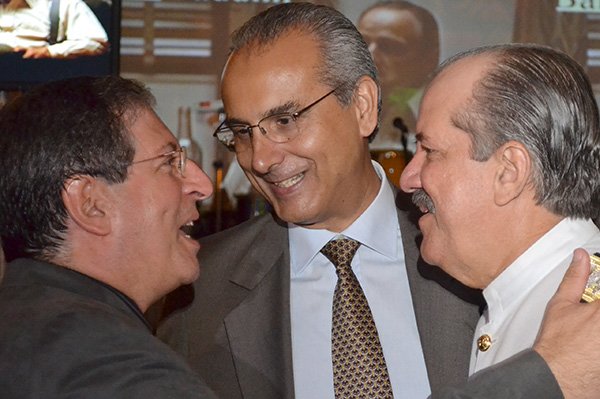
Navy party (2012) at the ARAMAR-IPERO National Farm, festivity of the Navy Day, with Admiral Bezerril and the Iperó Mayor Marco Antonio (then member of the deceased Brazilian Social Democracy Party).
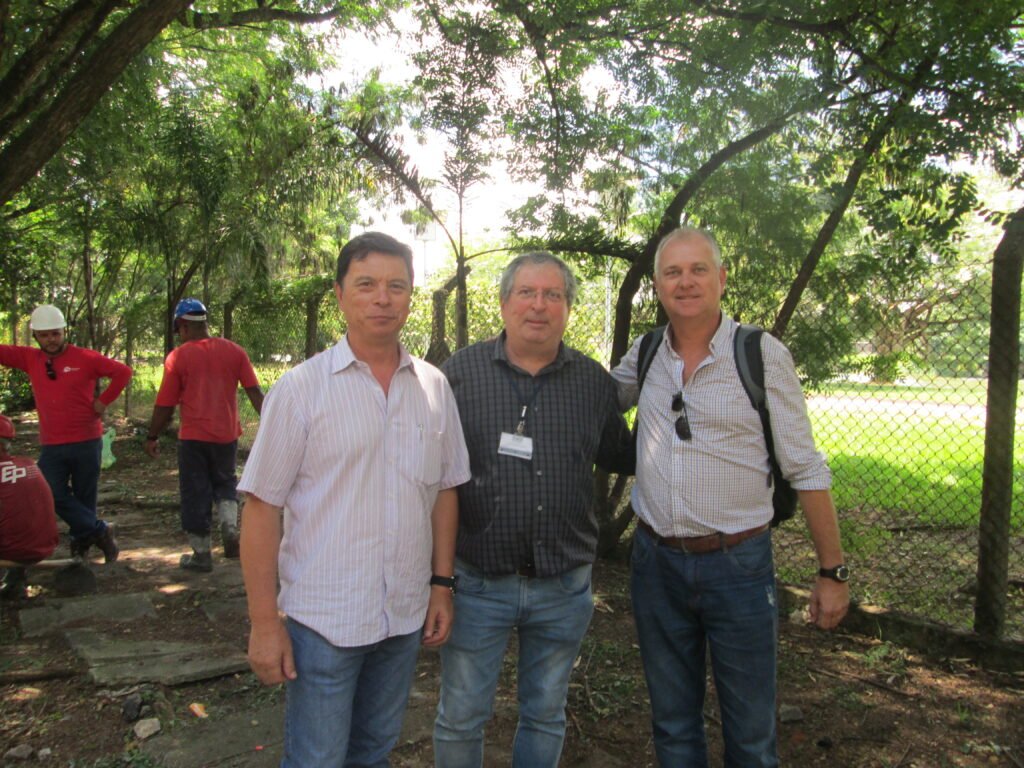
With Hideo and Paul, during the construction of the first conventional Continuosly Reinforced Concrete Pavement in Brazil 2016 (University campus).
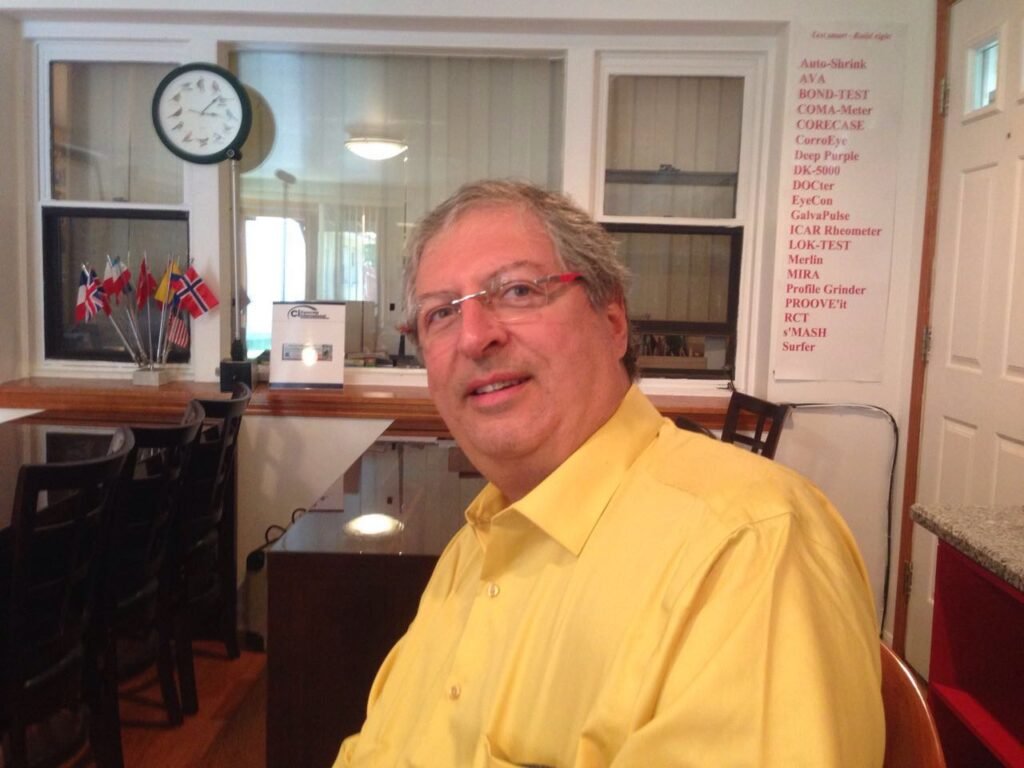
During training with ultra sound tomography in CHicago, IL, 2015.
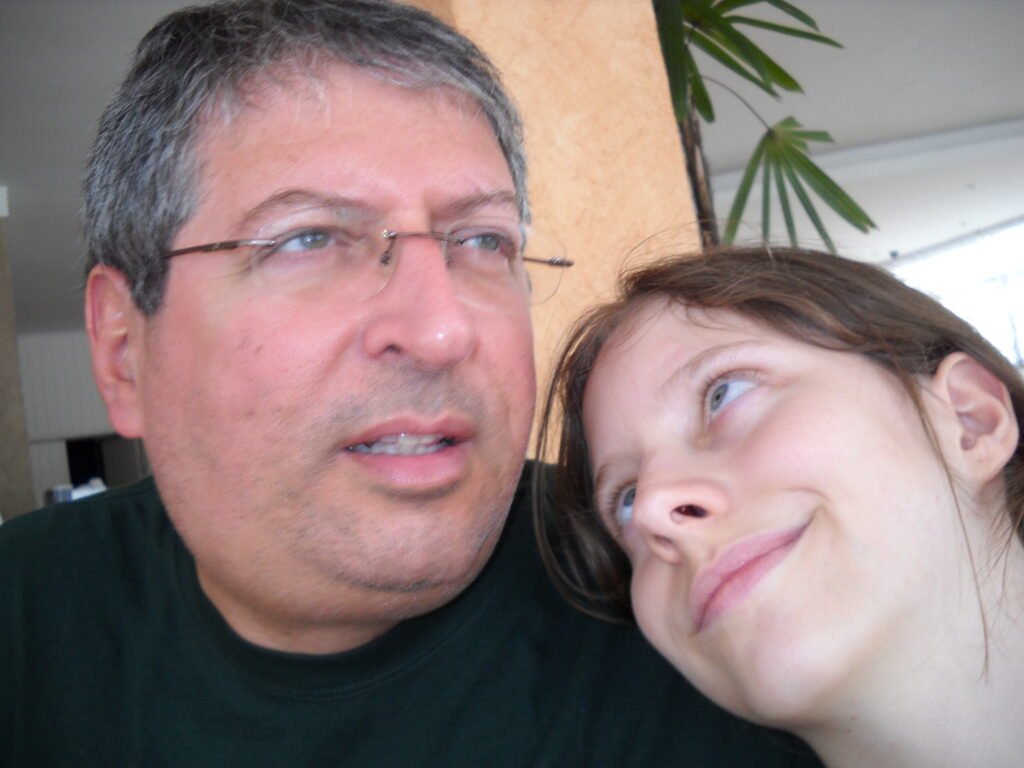
Fabrizia and me, 2009.
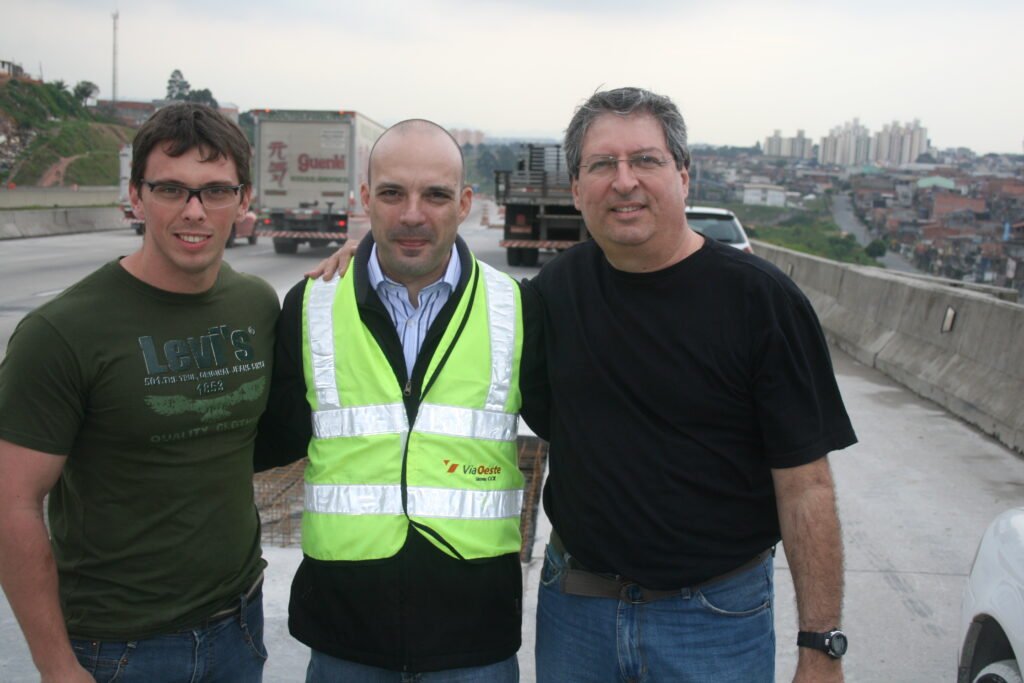
Visiting the Road Ring with former students (Paulo and Assis), 2009.
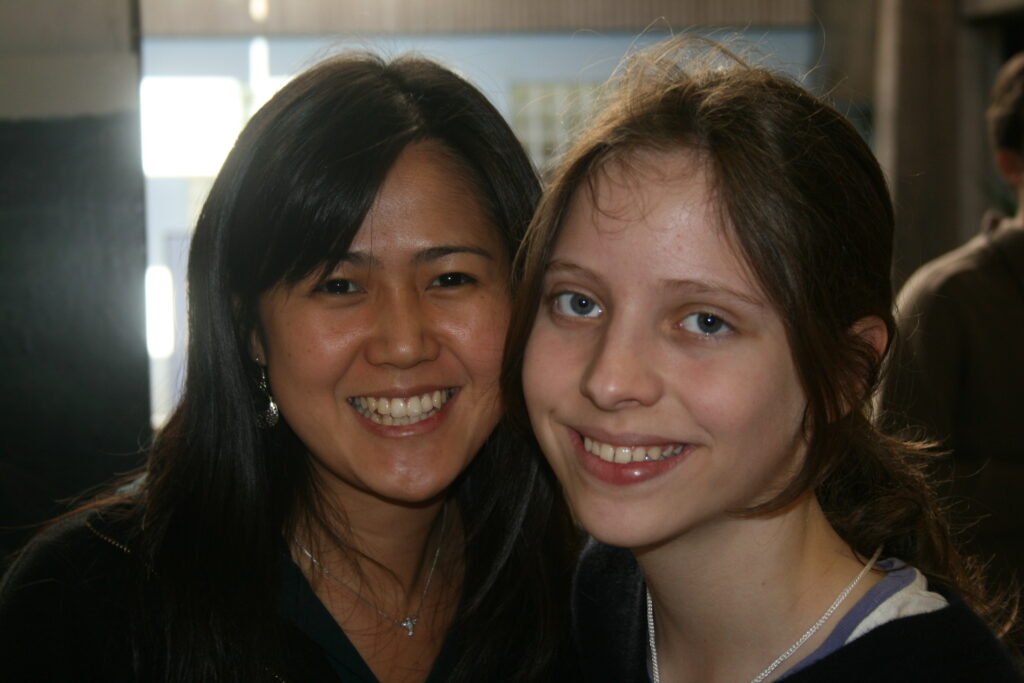
Fabrizia and my former undergraduate and graduate student, Ester Tseng, living nowadays in Vicksburry, MI, in 2009. Ester was a private teacher of Mathematics to my daugther.
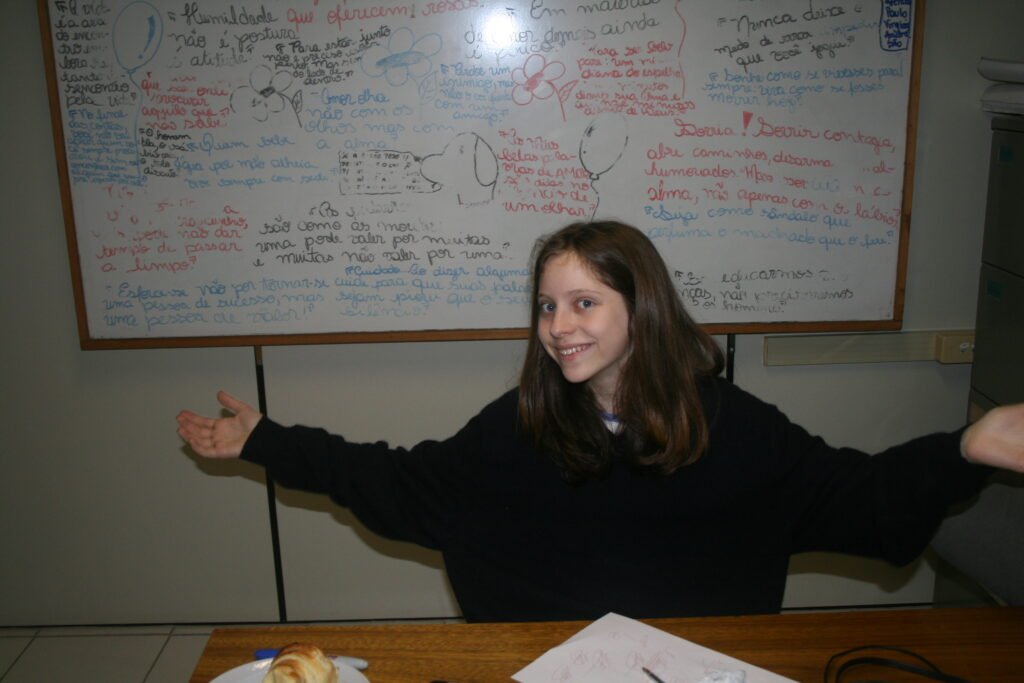
One day of Fabrizia at our pavememt Lab, 2007. Is worth noting the croissant she was eating that day on the table.
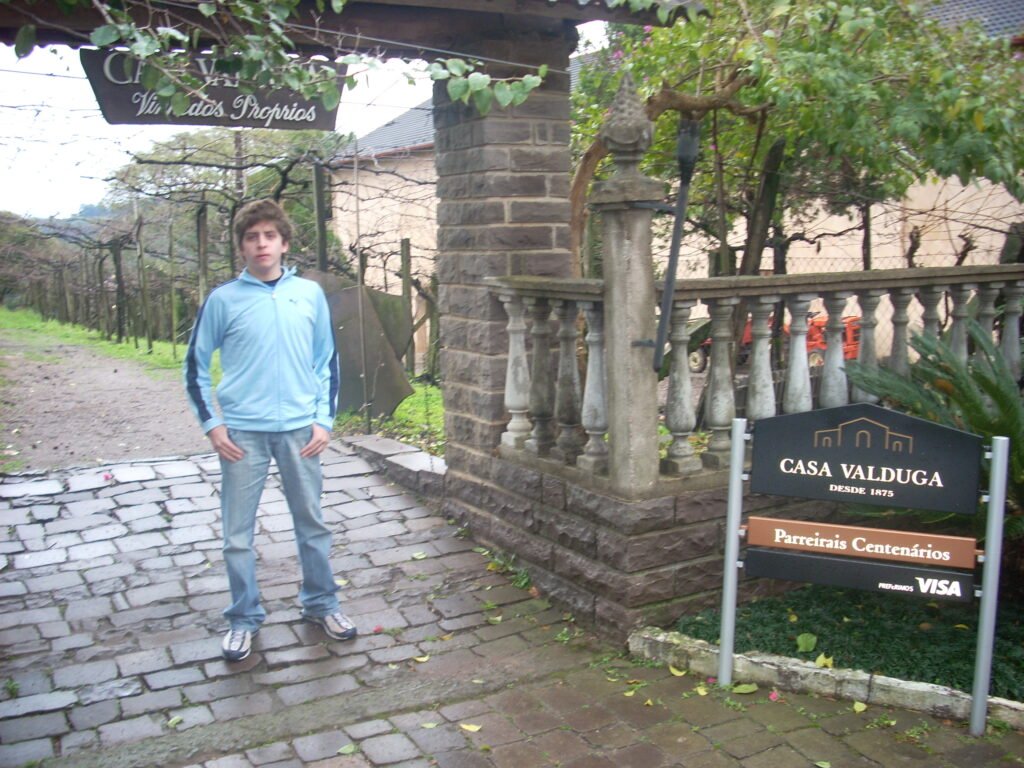
Andre and me at South vineyards, 2009.
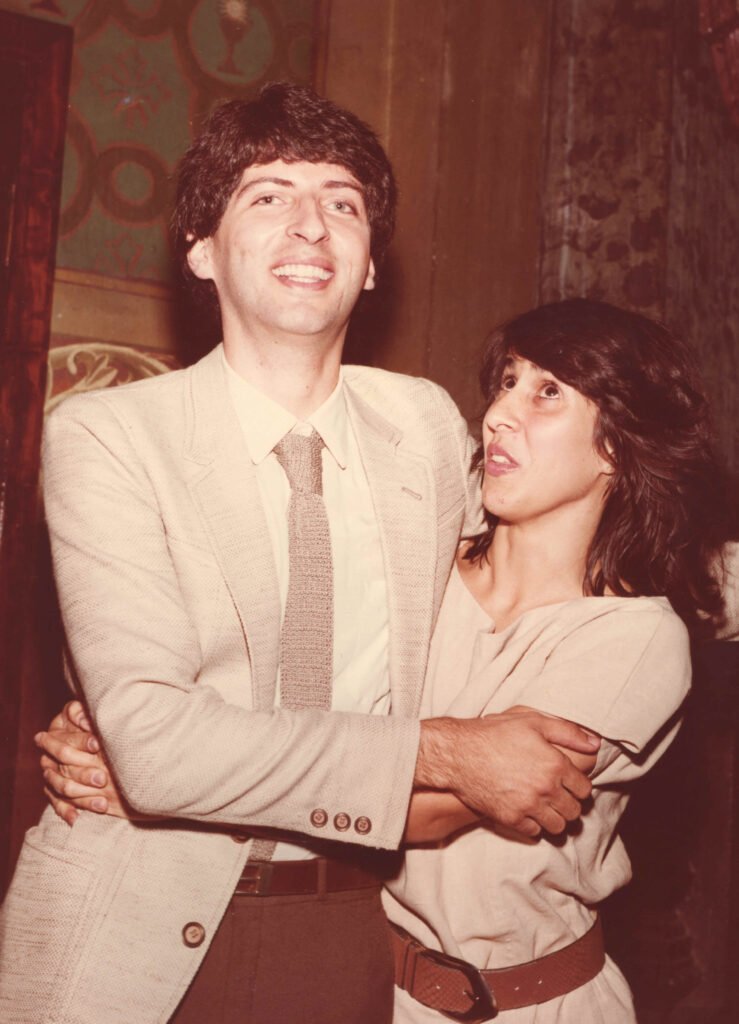
Thanksgiving Mass for graduation with my dear church friend Maria do Carmo, 1983.
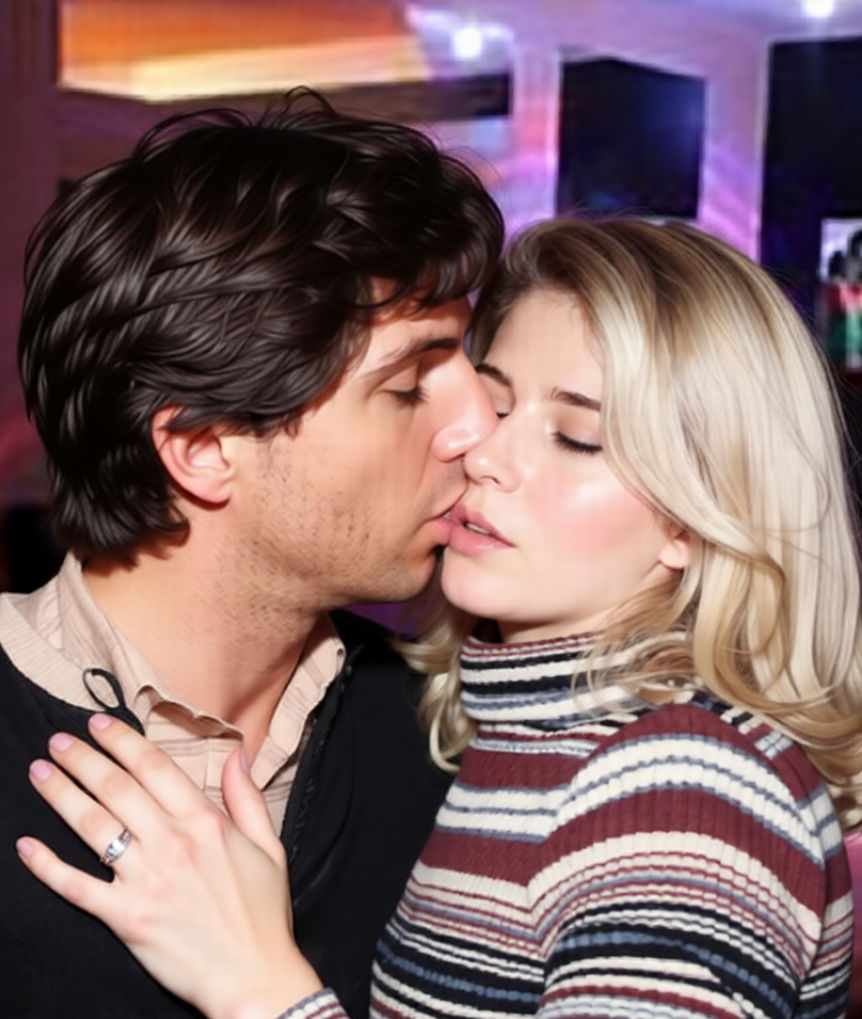
Christine (then 19 years old) and me (then 23 years old) with AI assistance. Not bad!
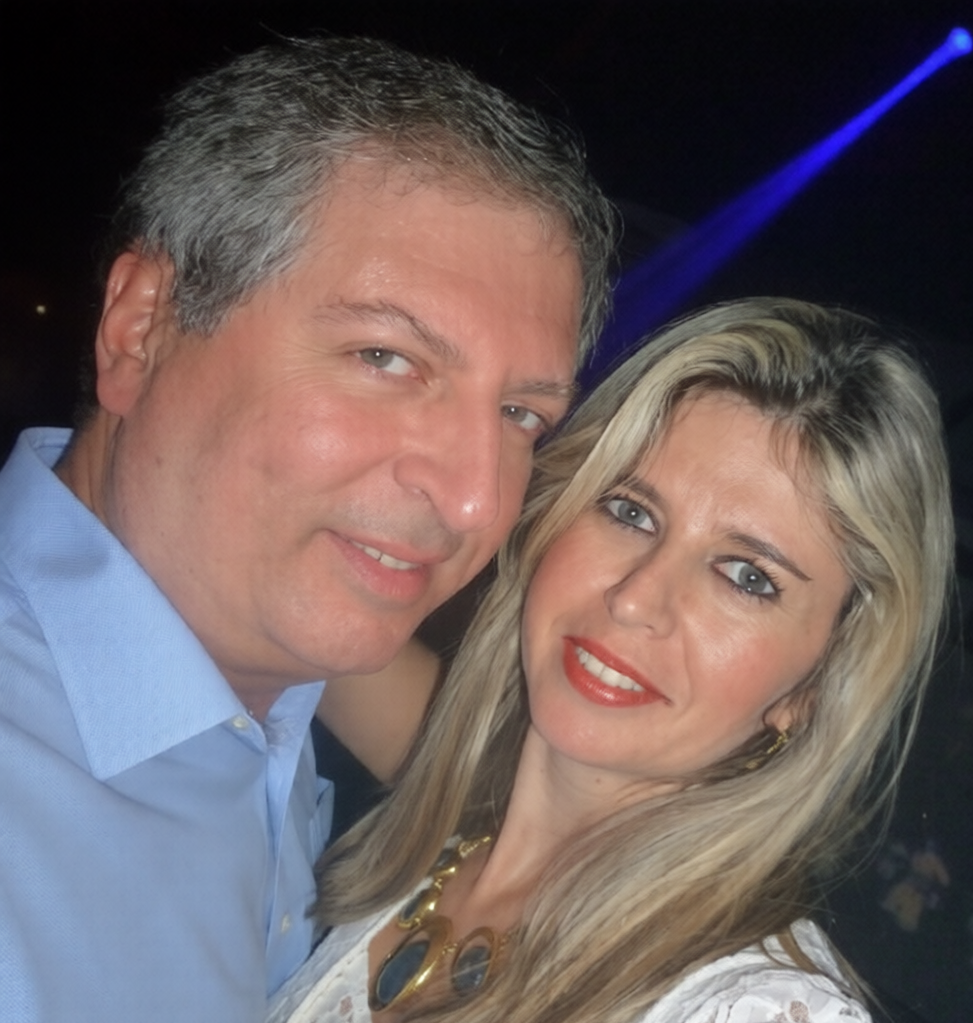
During a Disco Night at ‘History Dancing Club’. However, I’m very bad at dancing! (2015).
